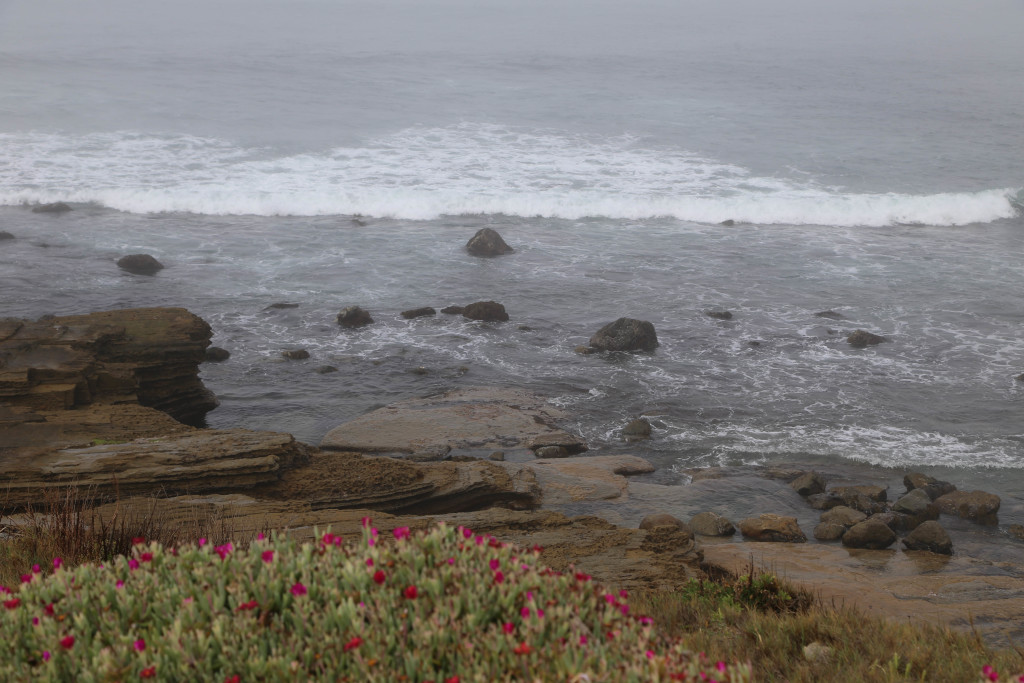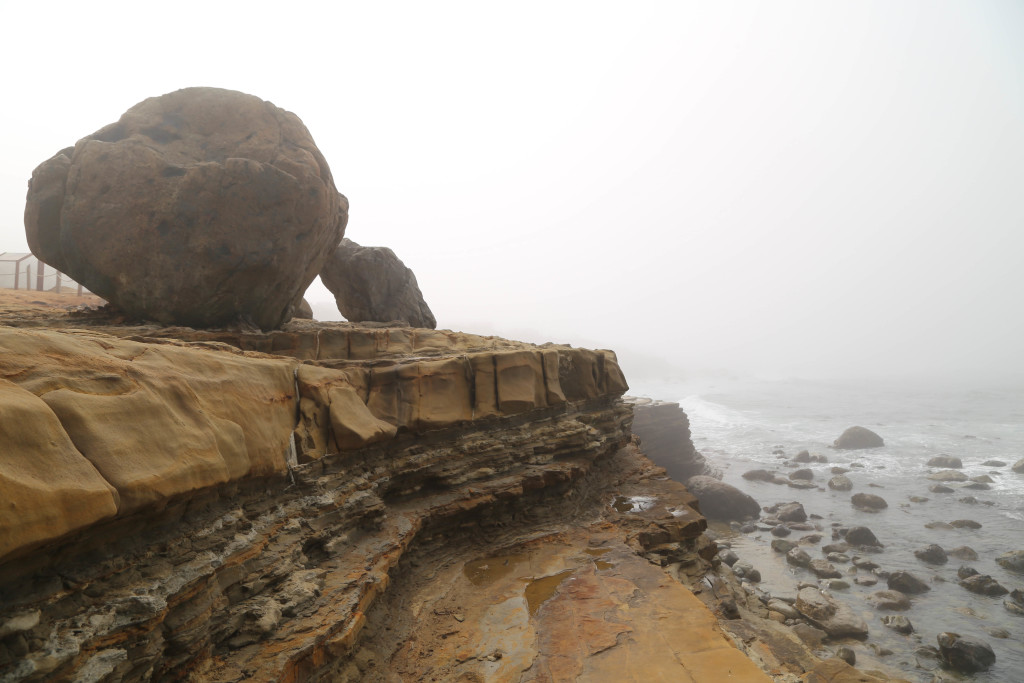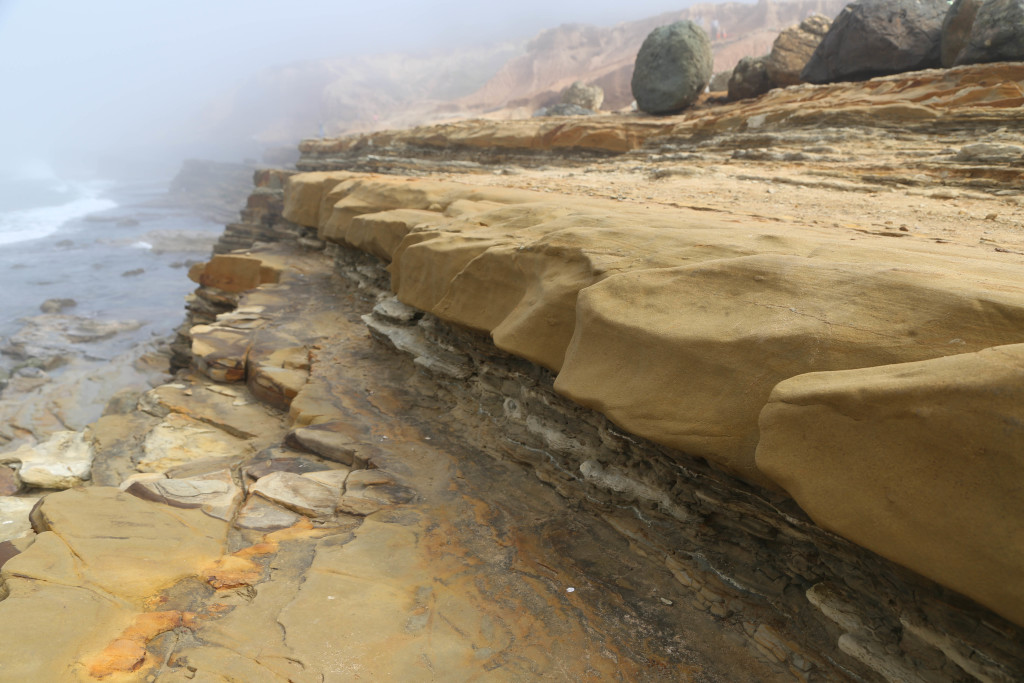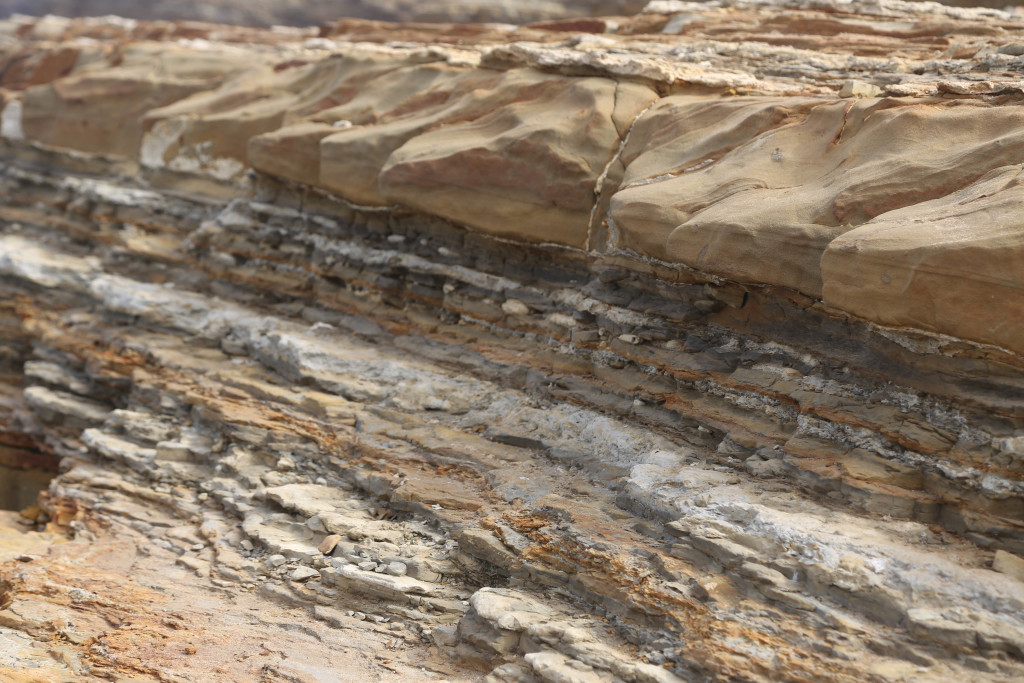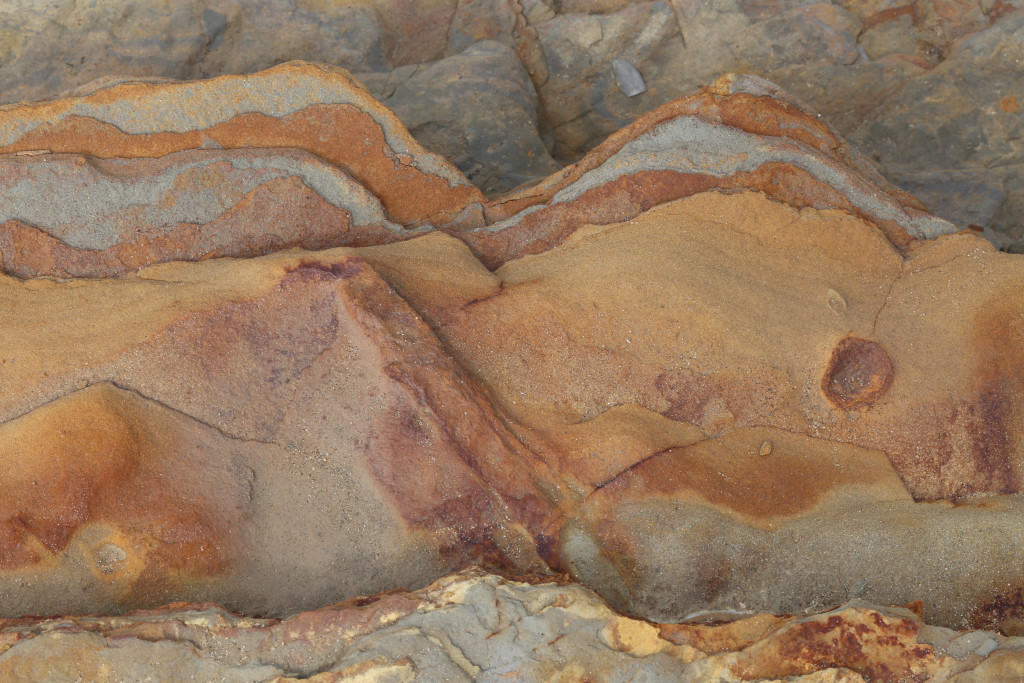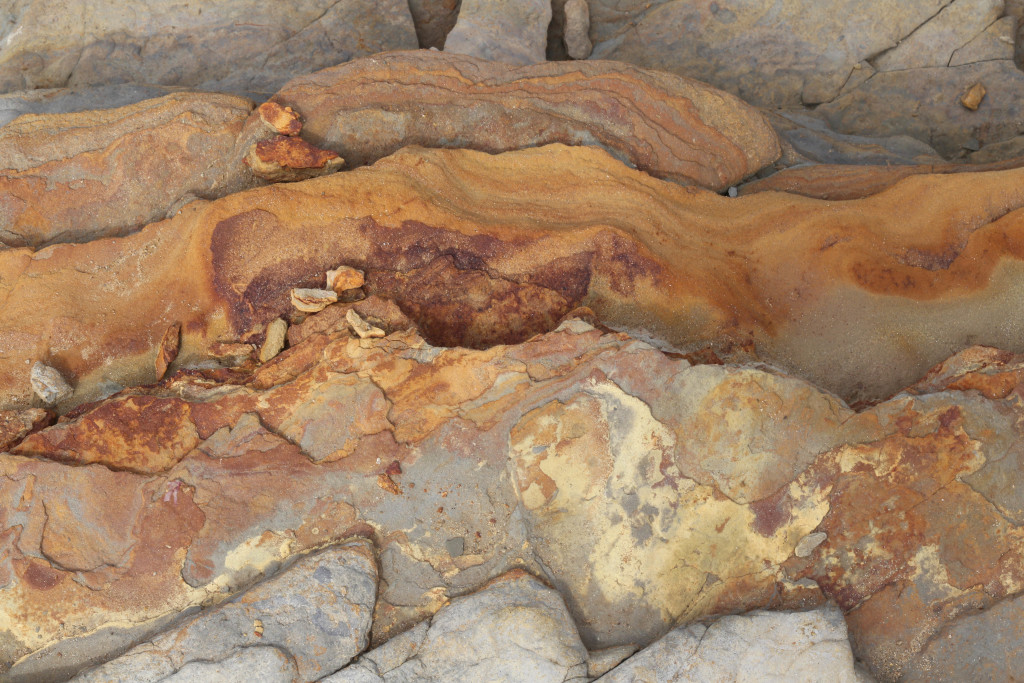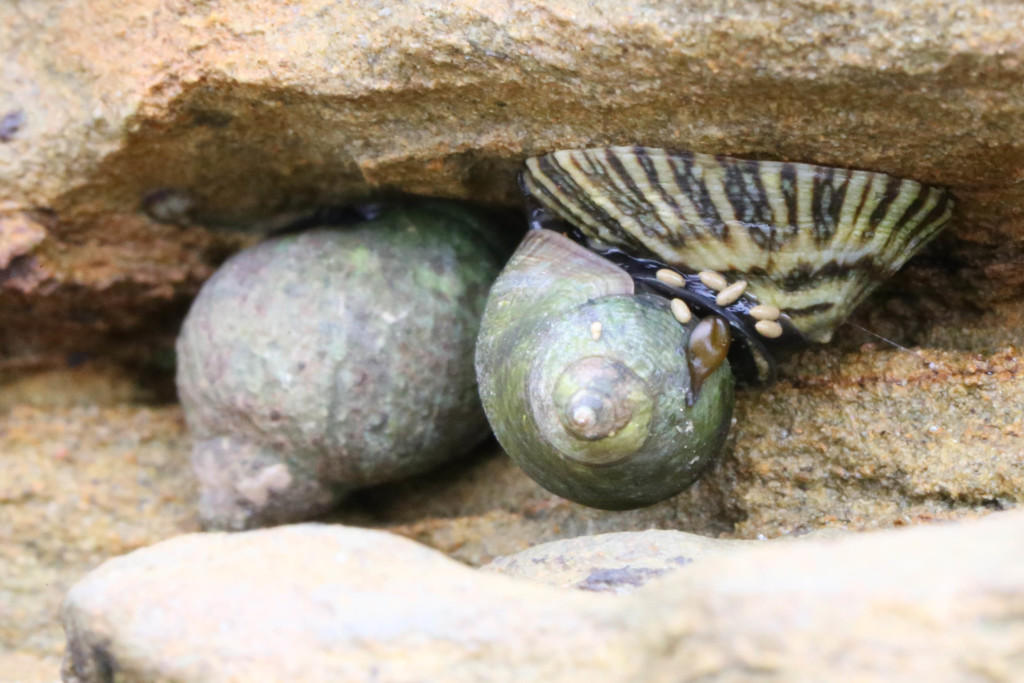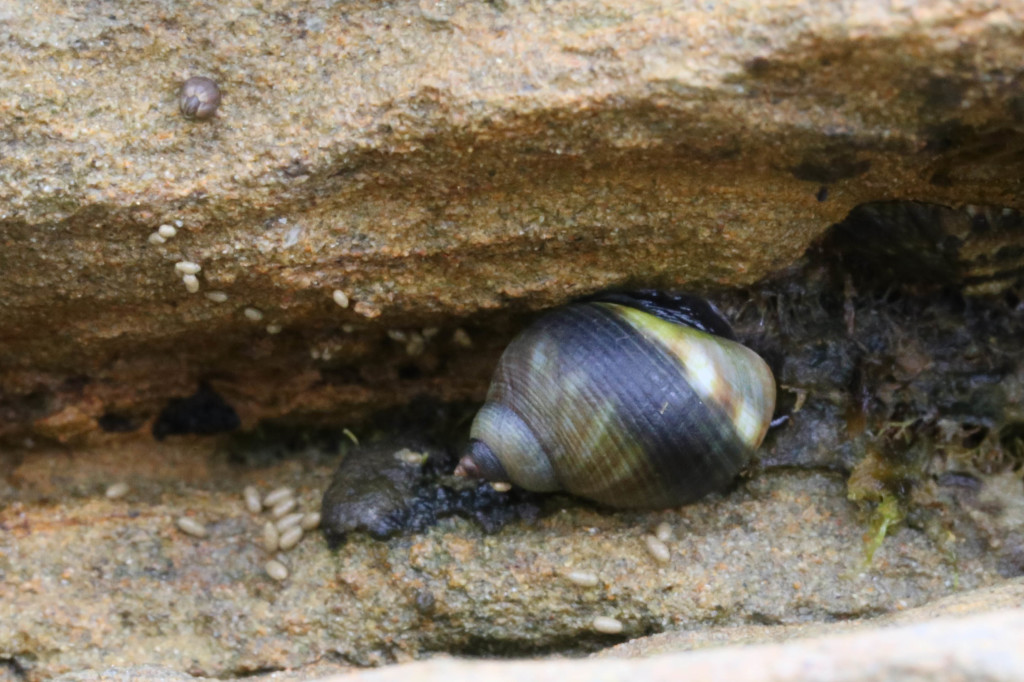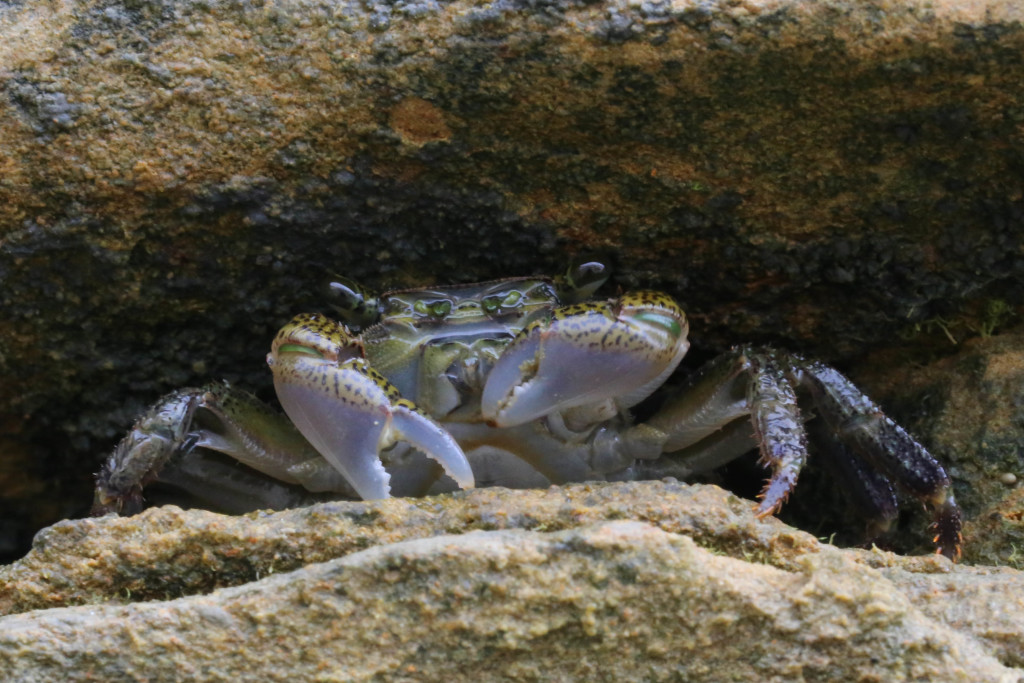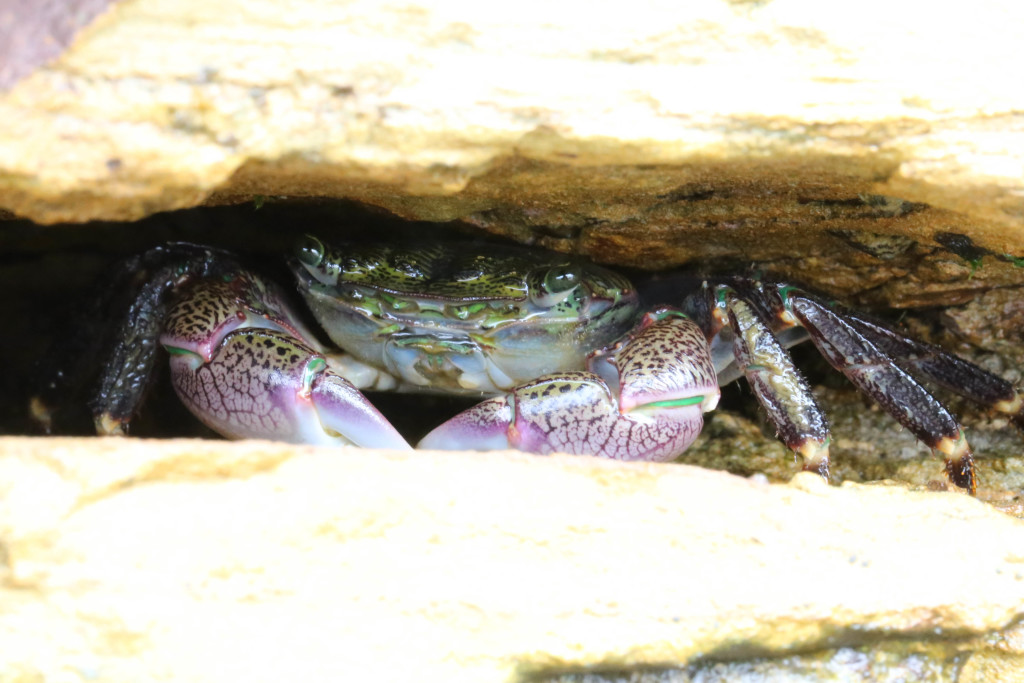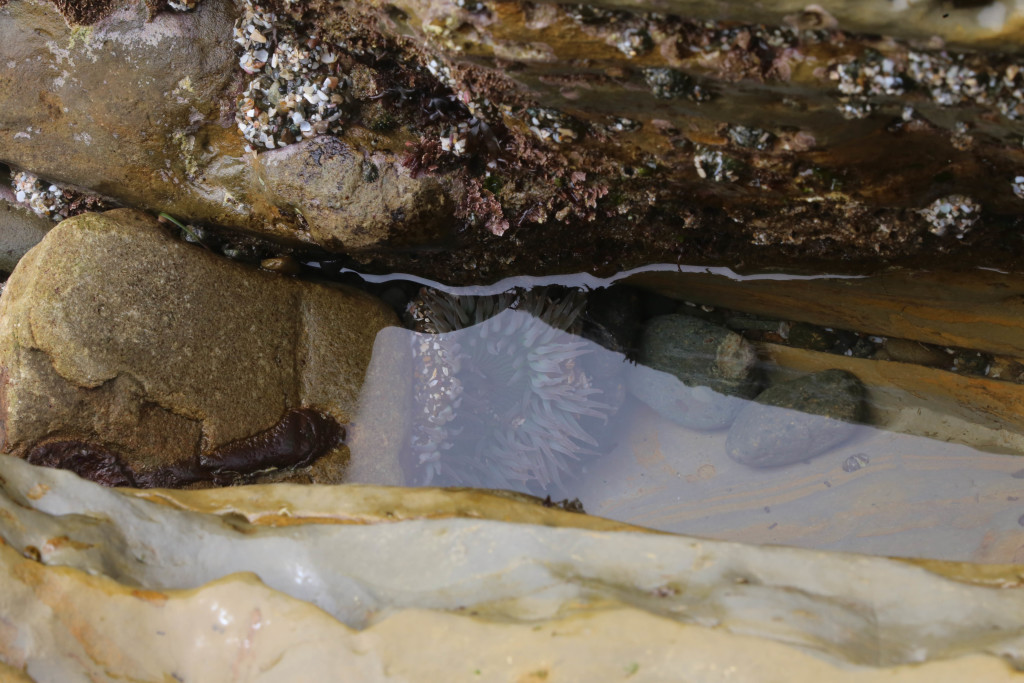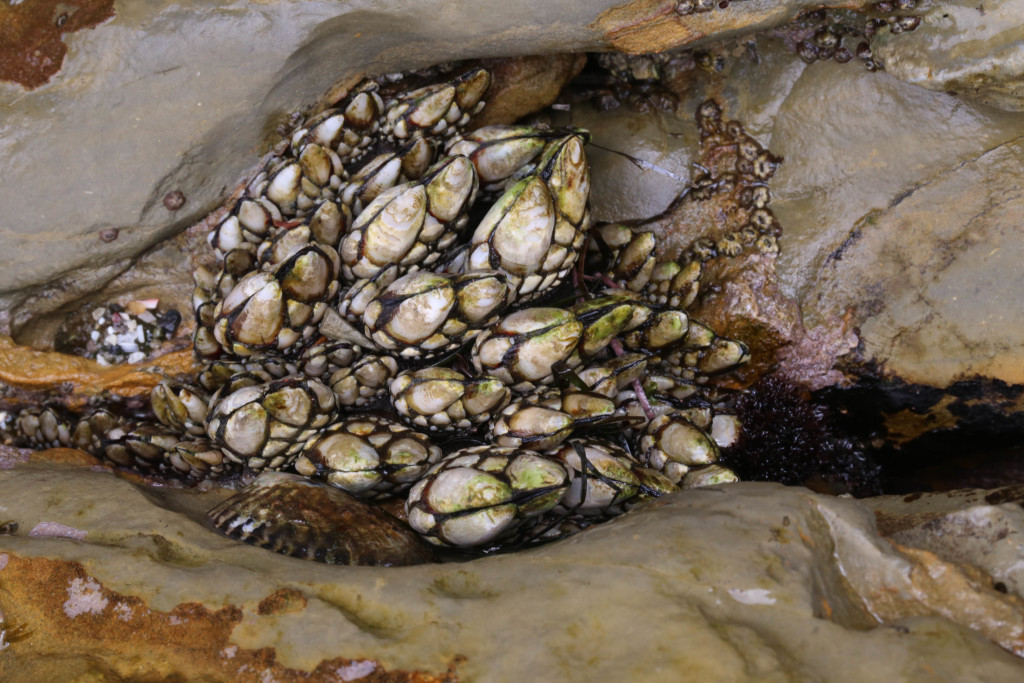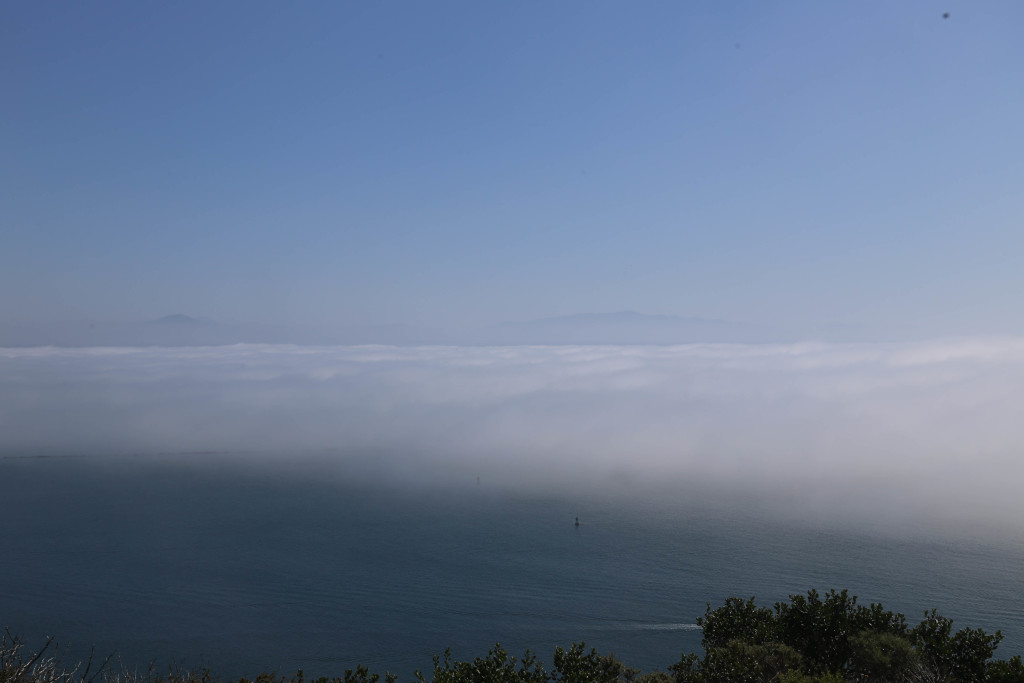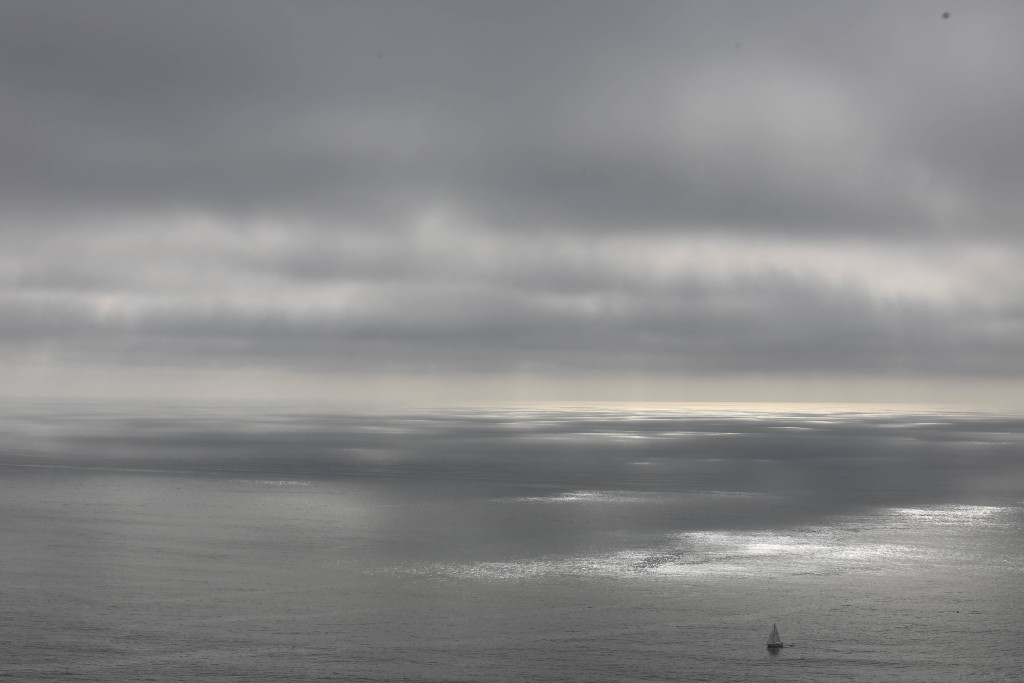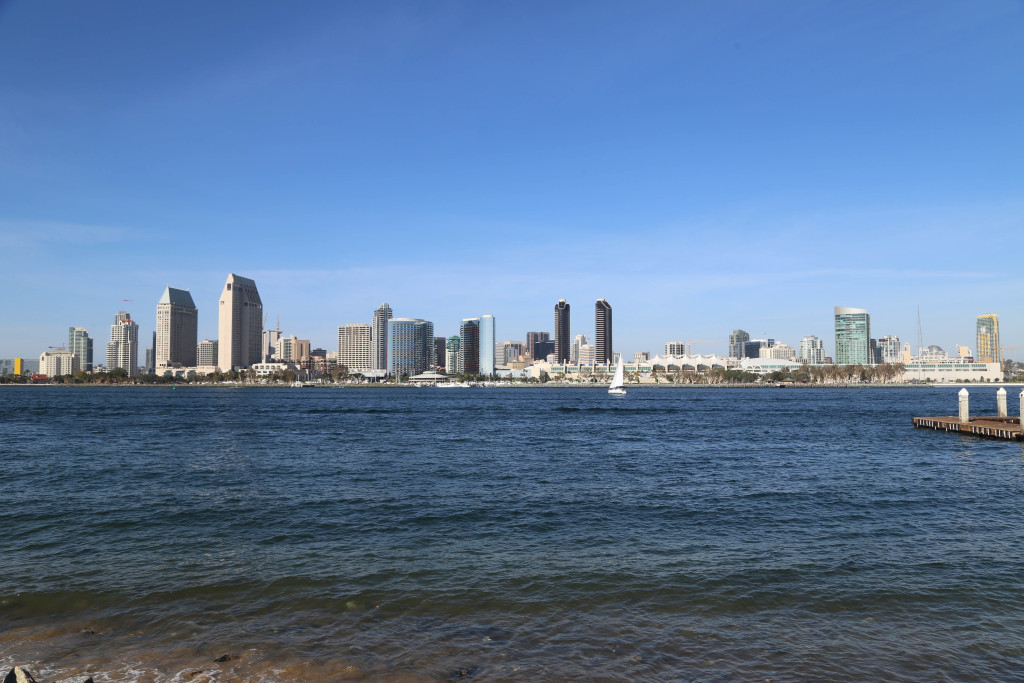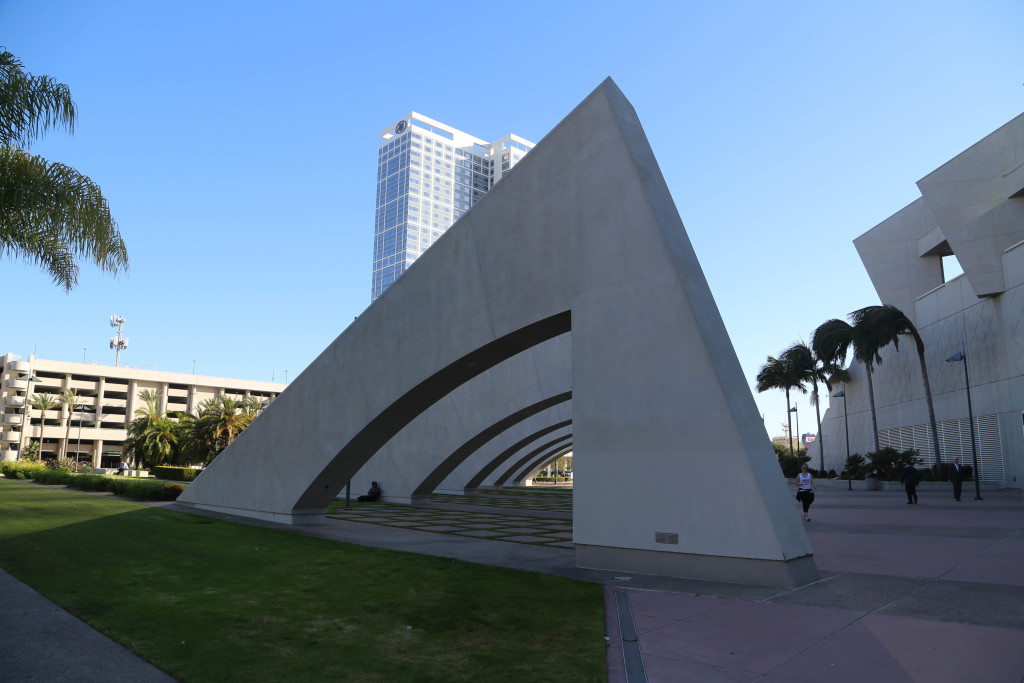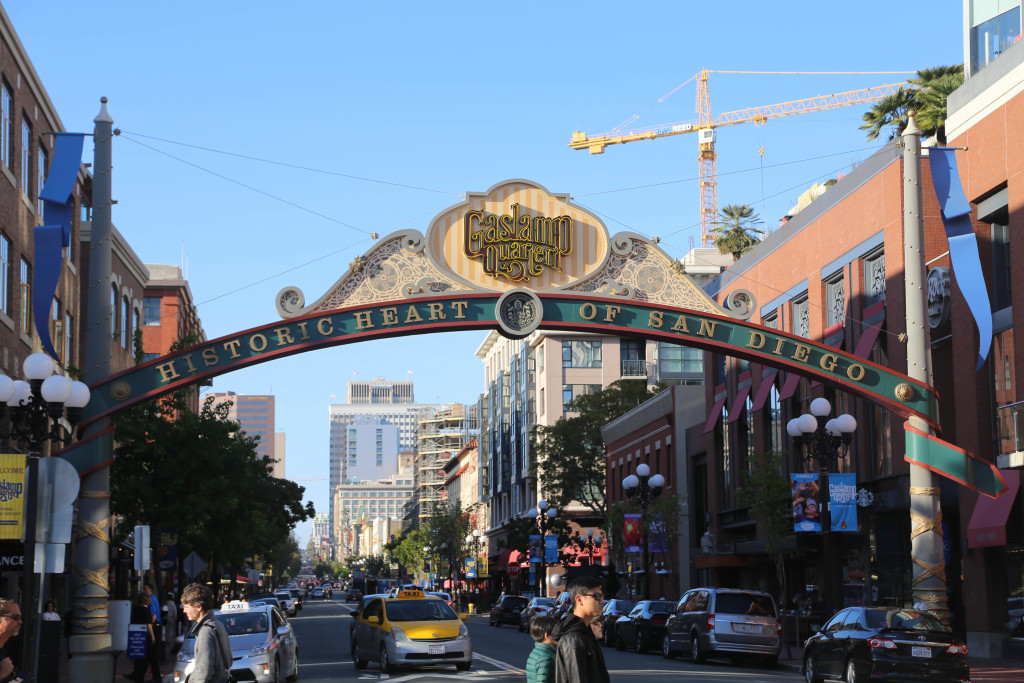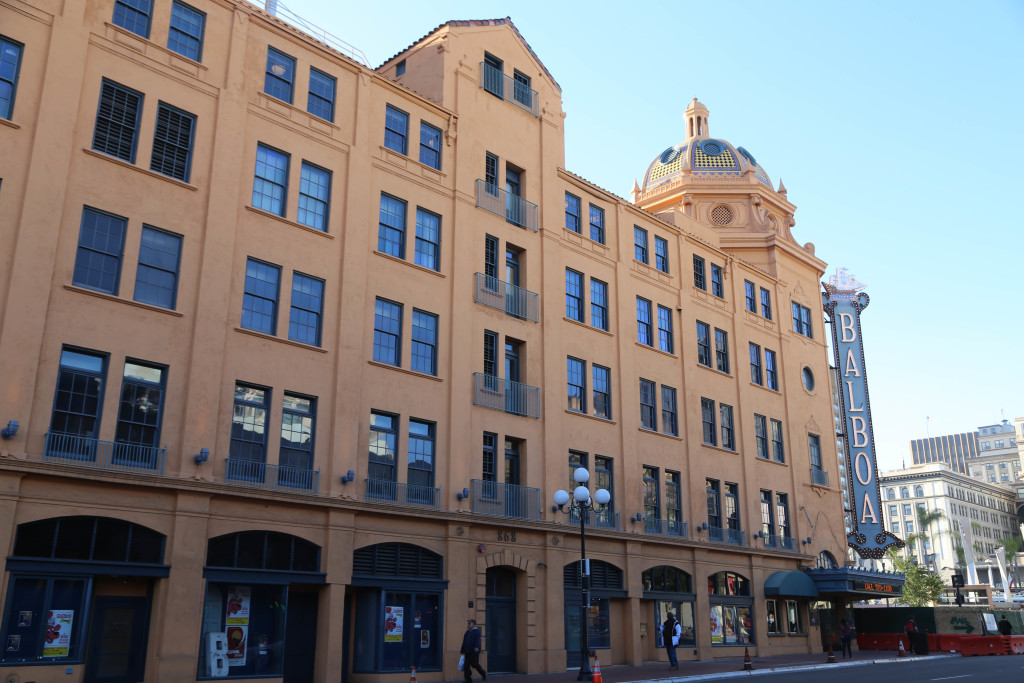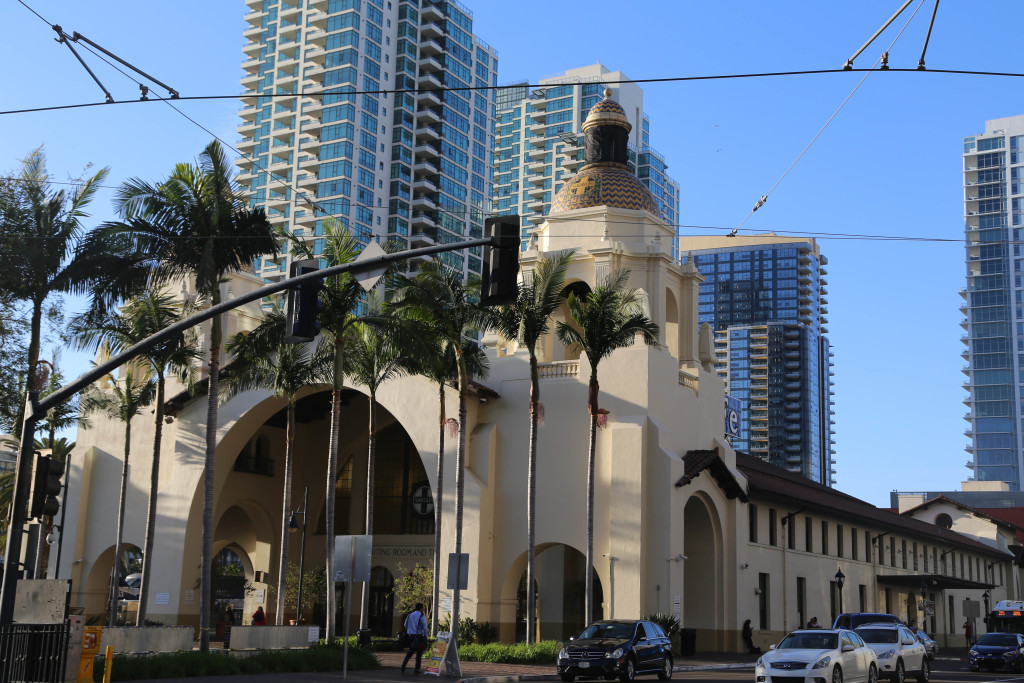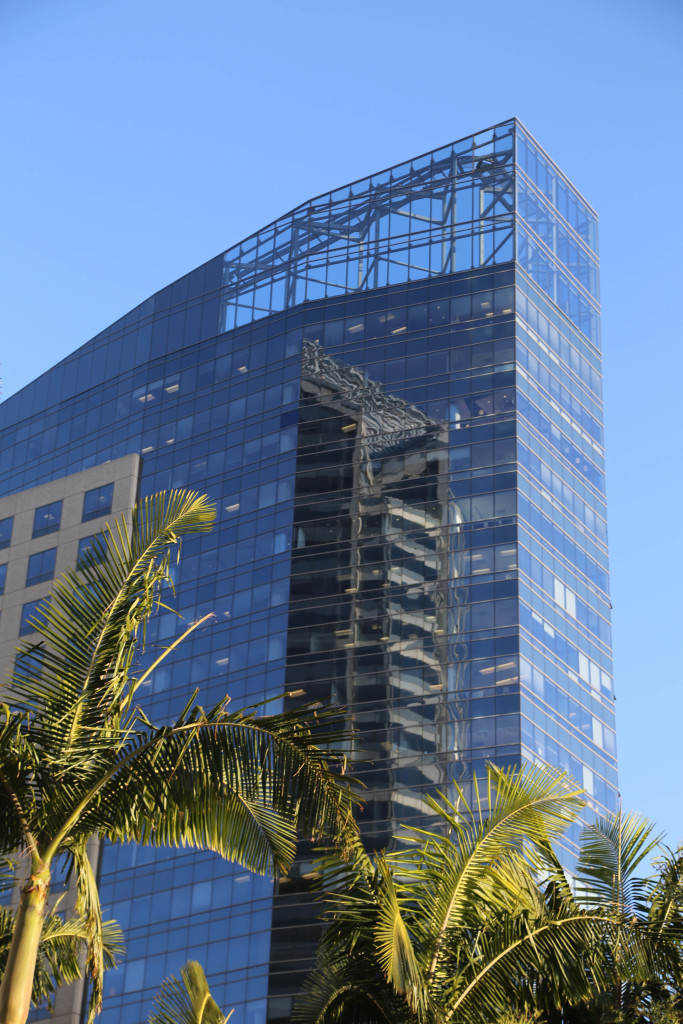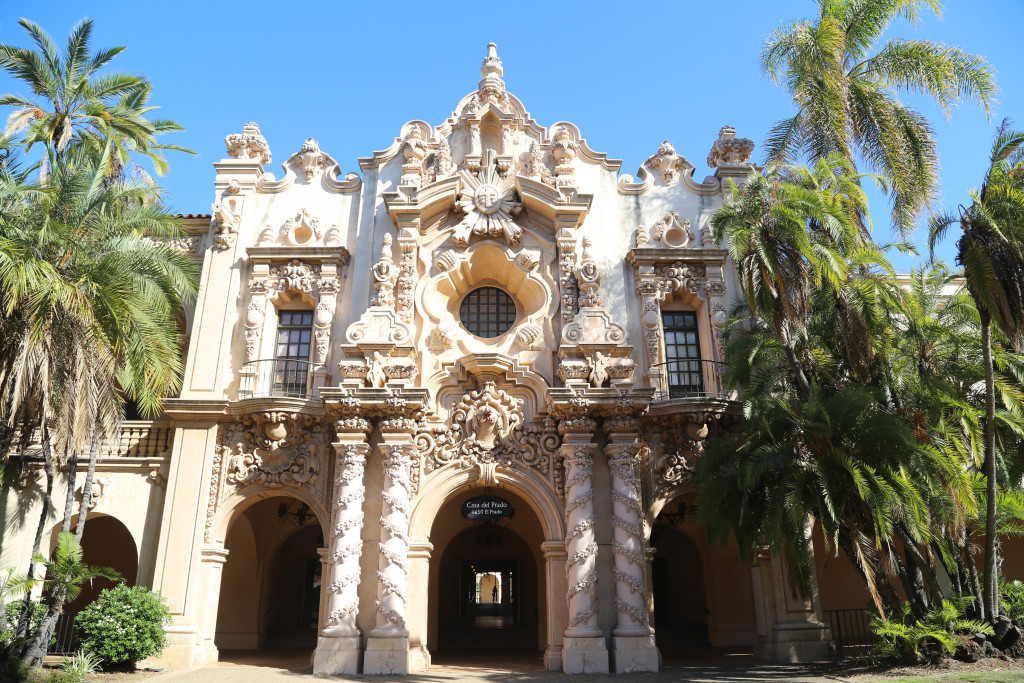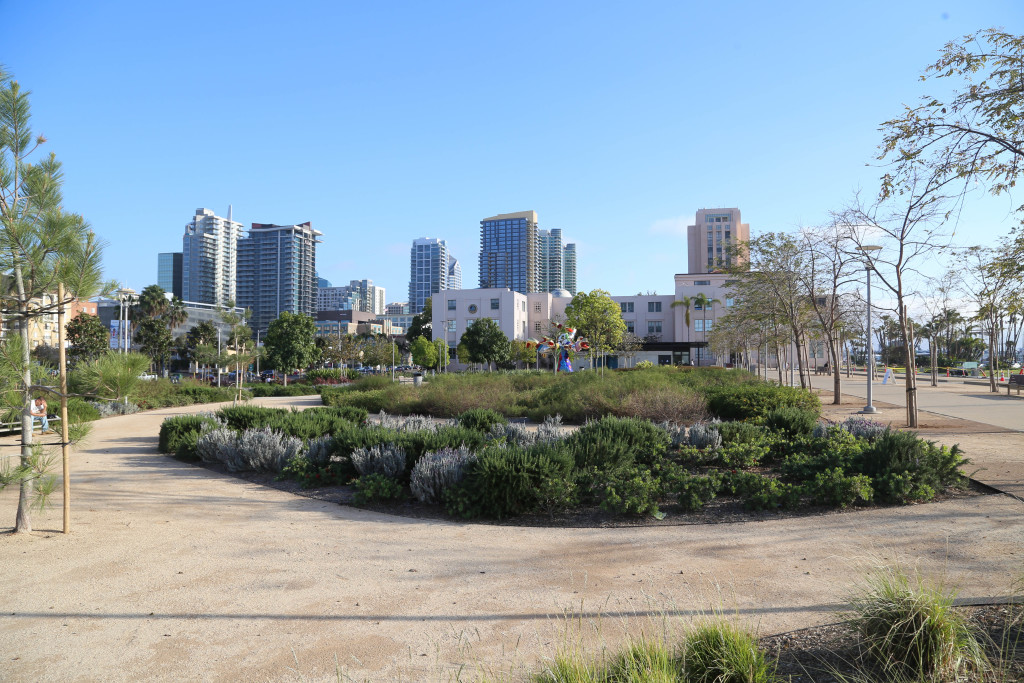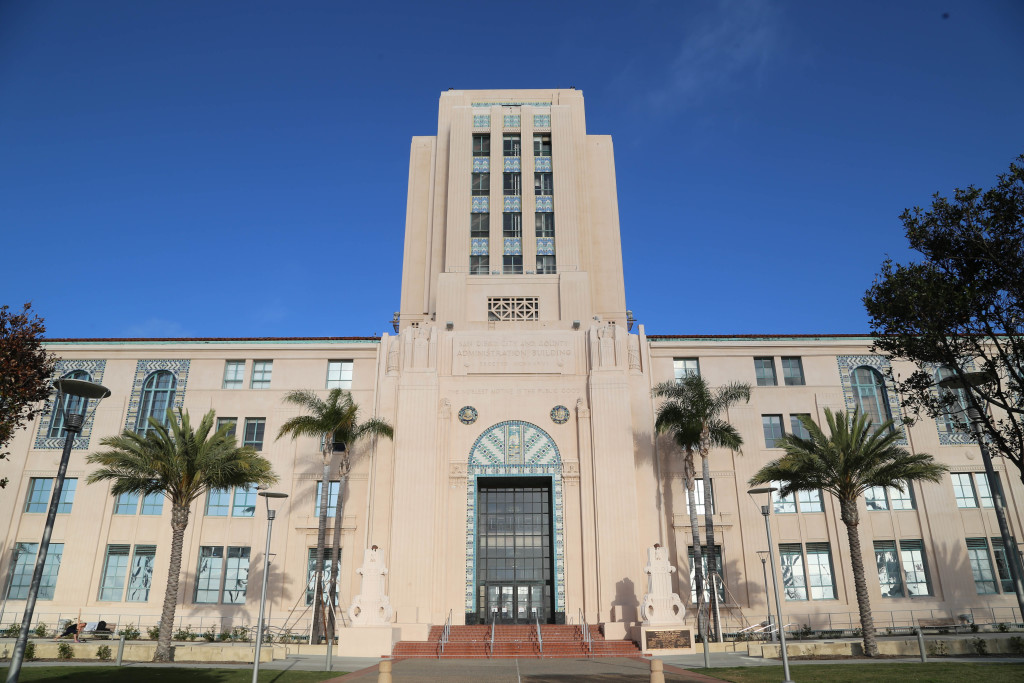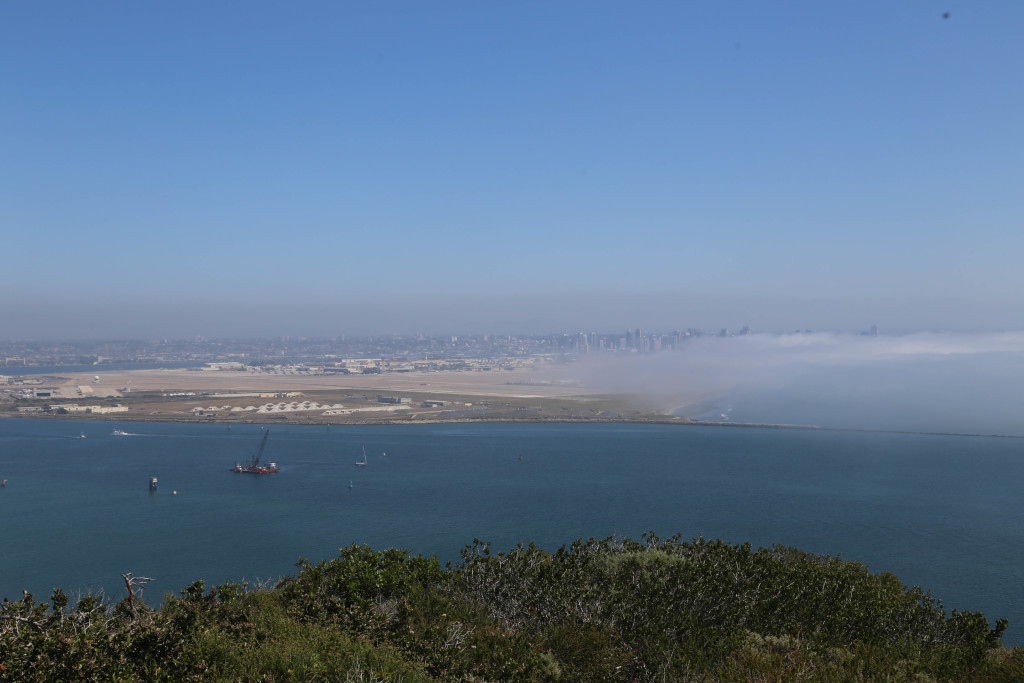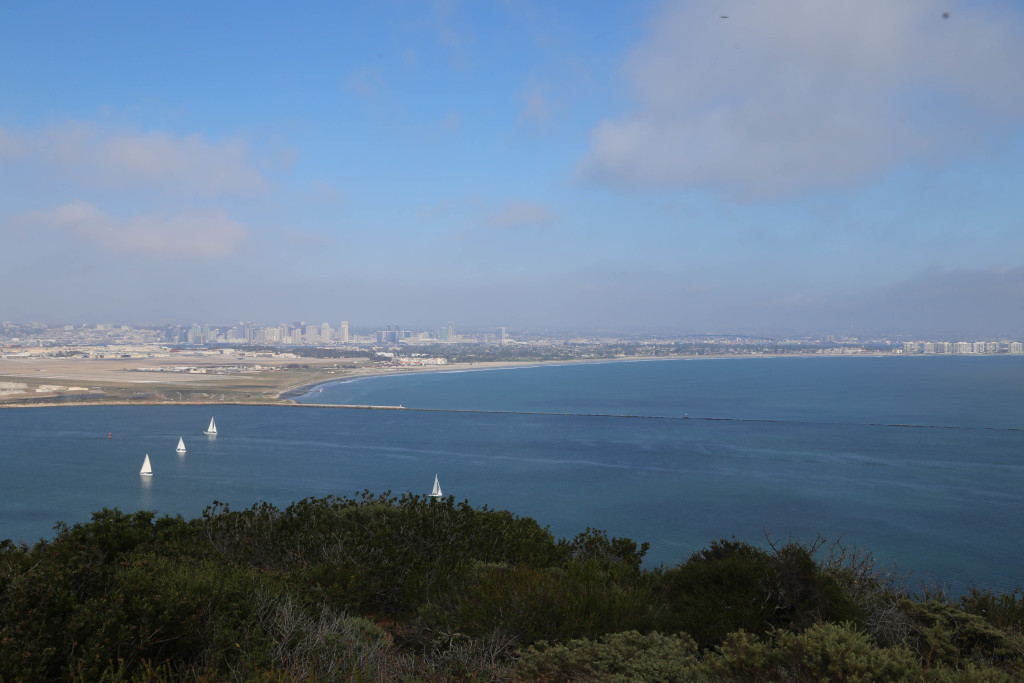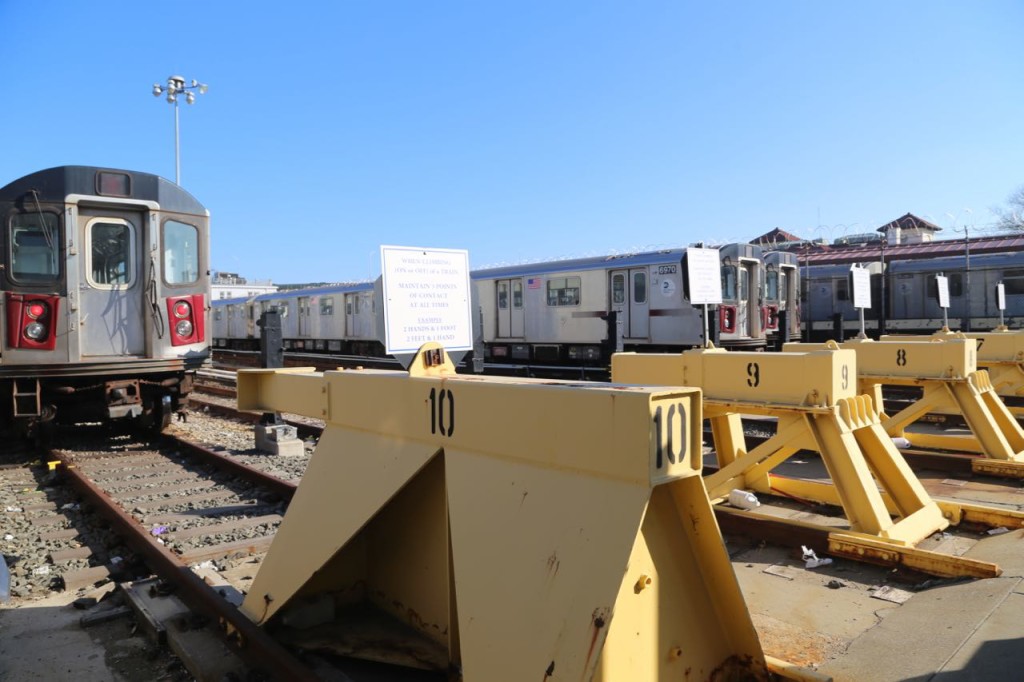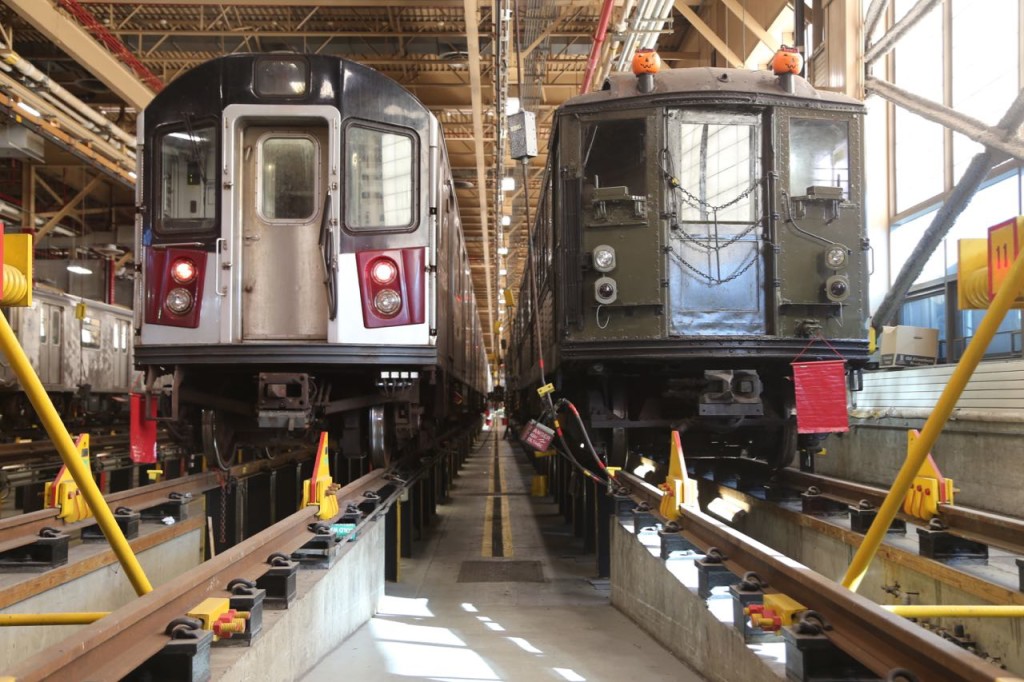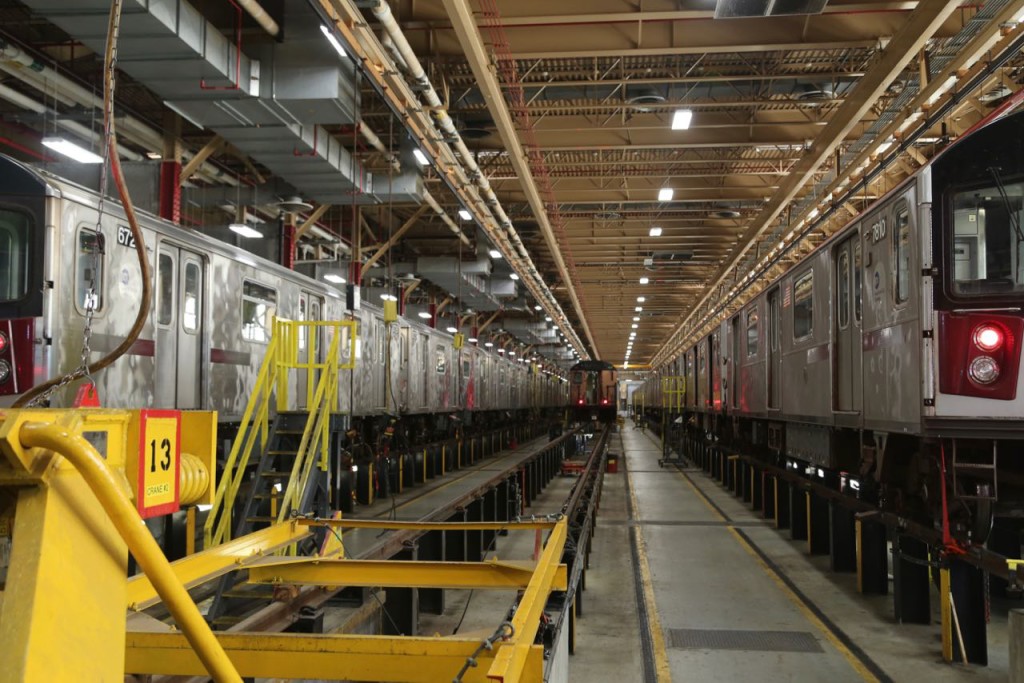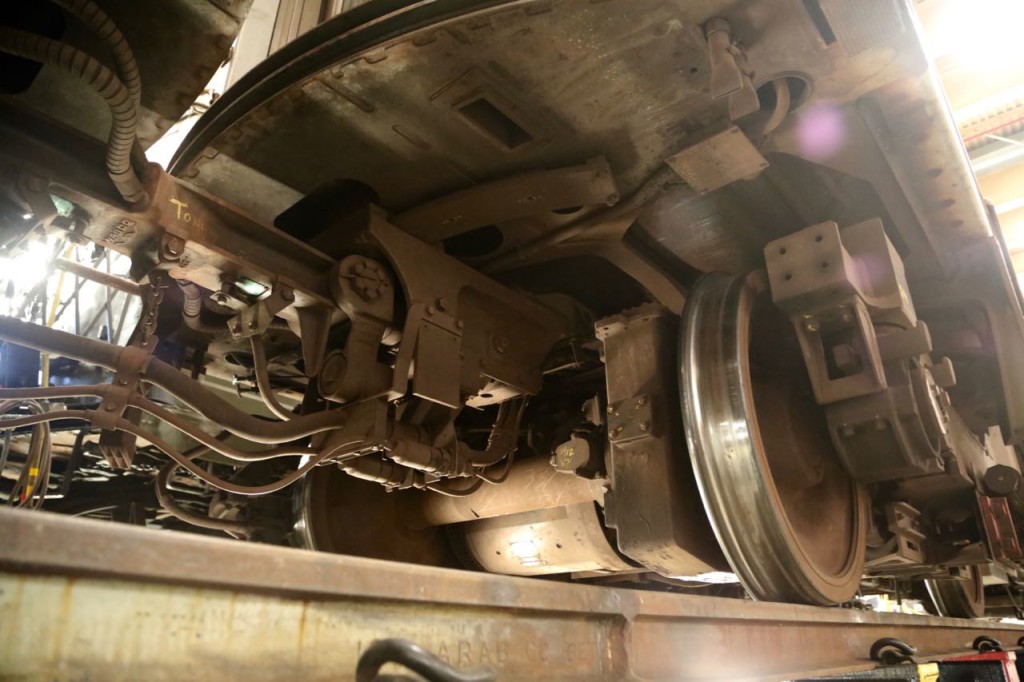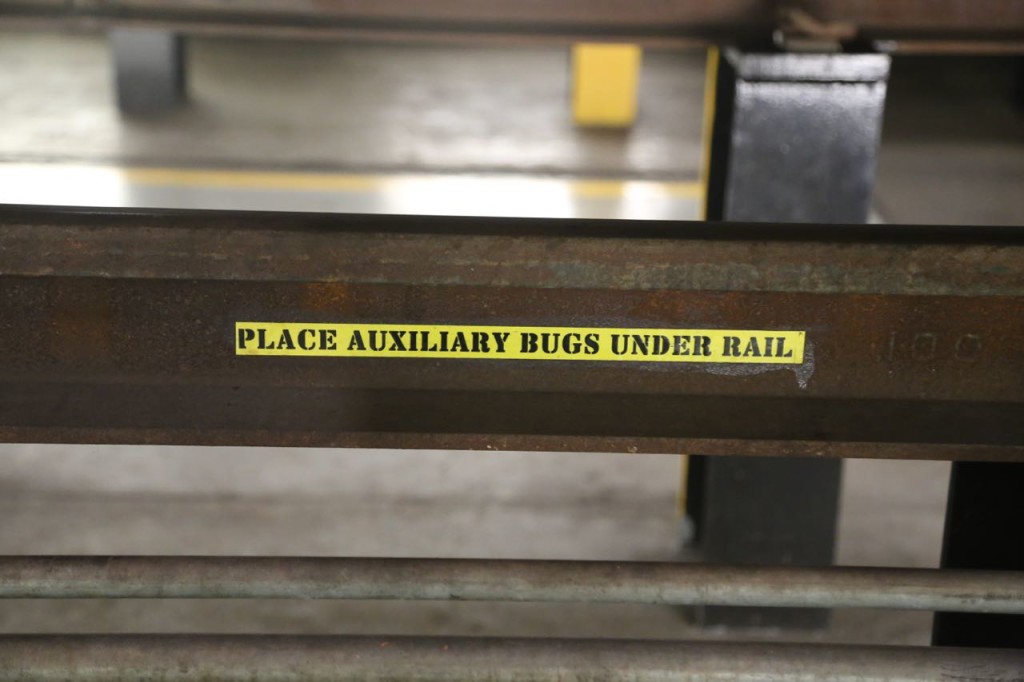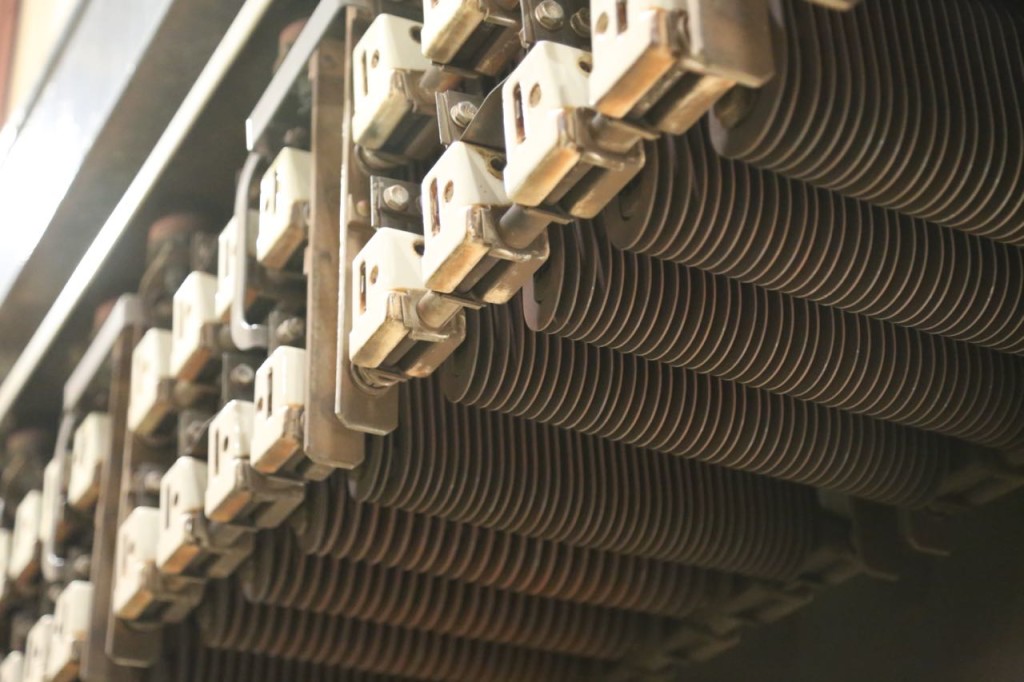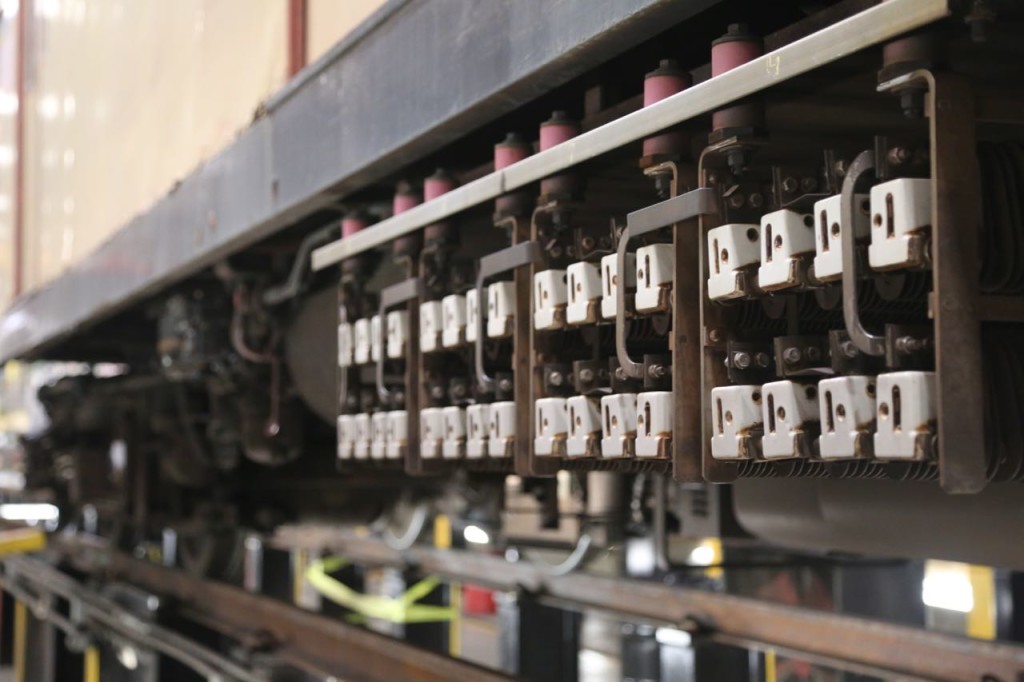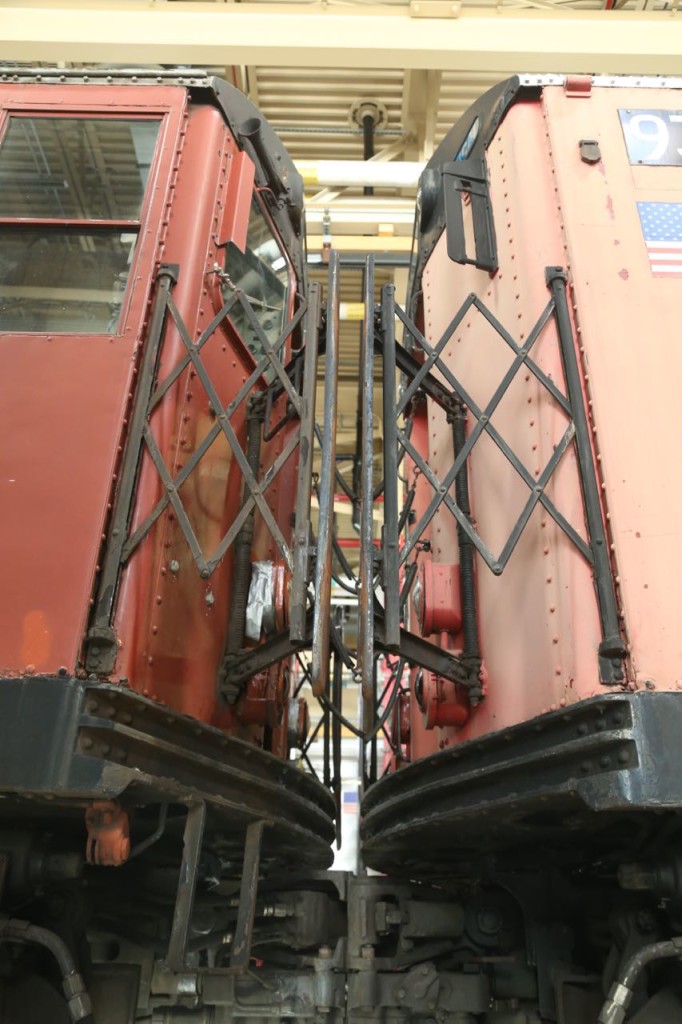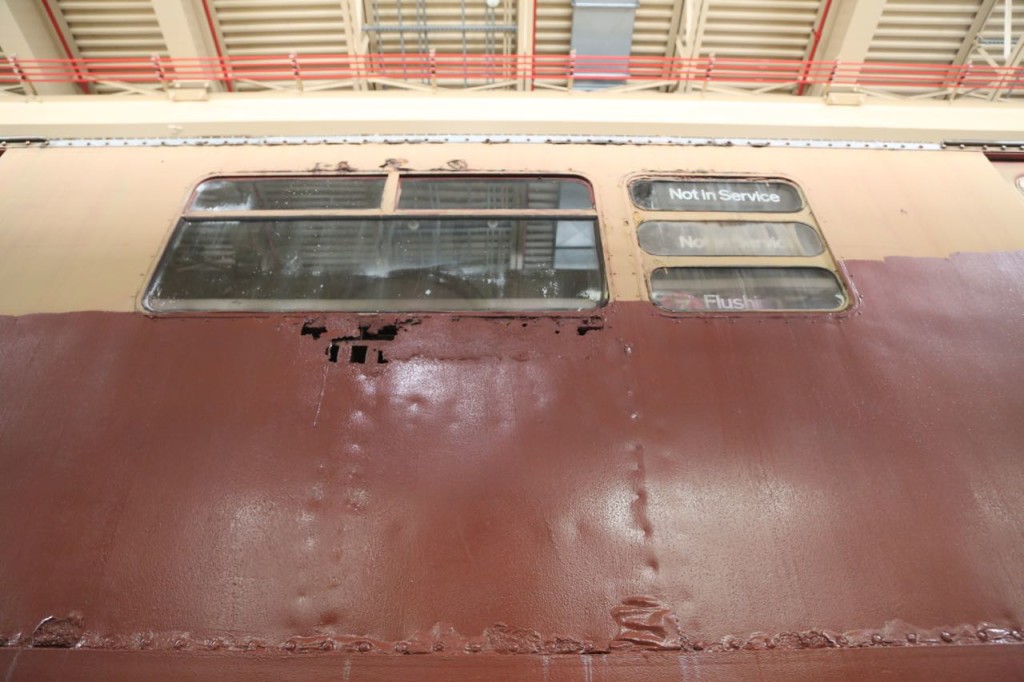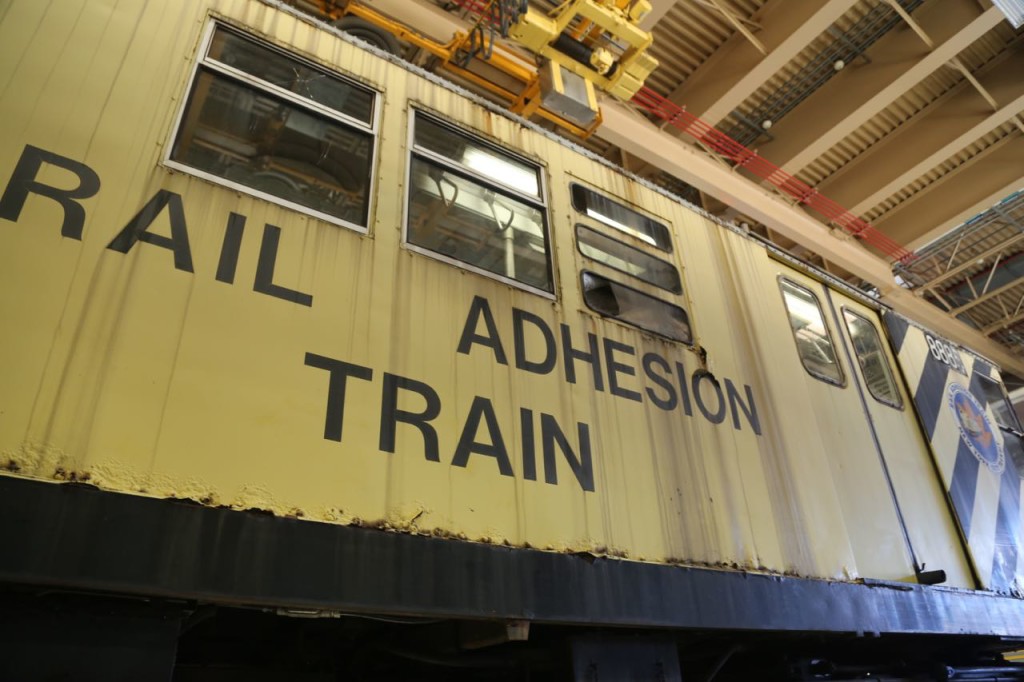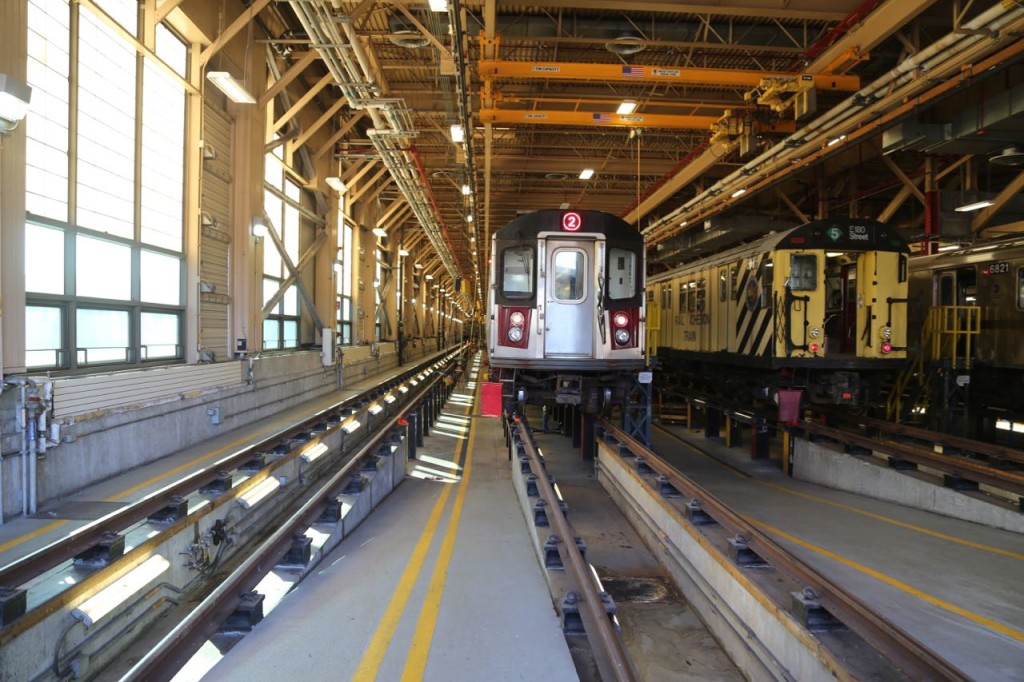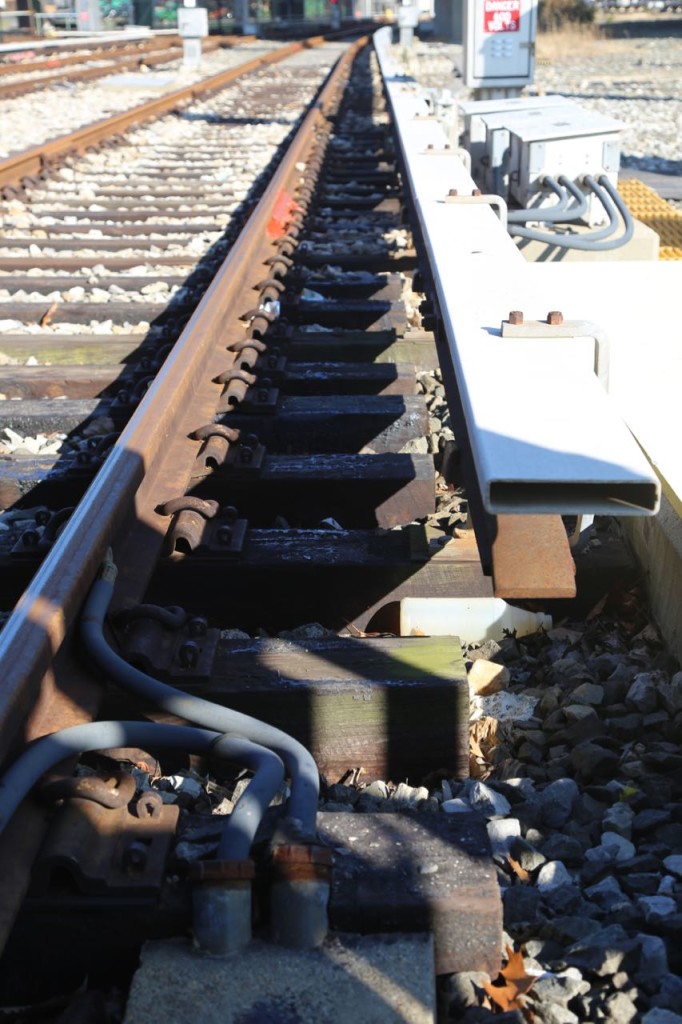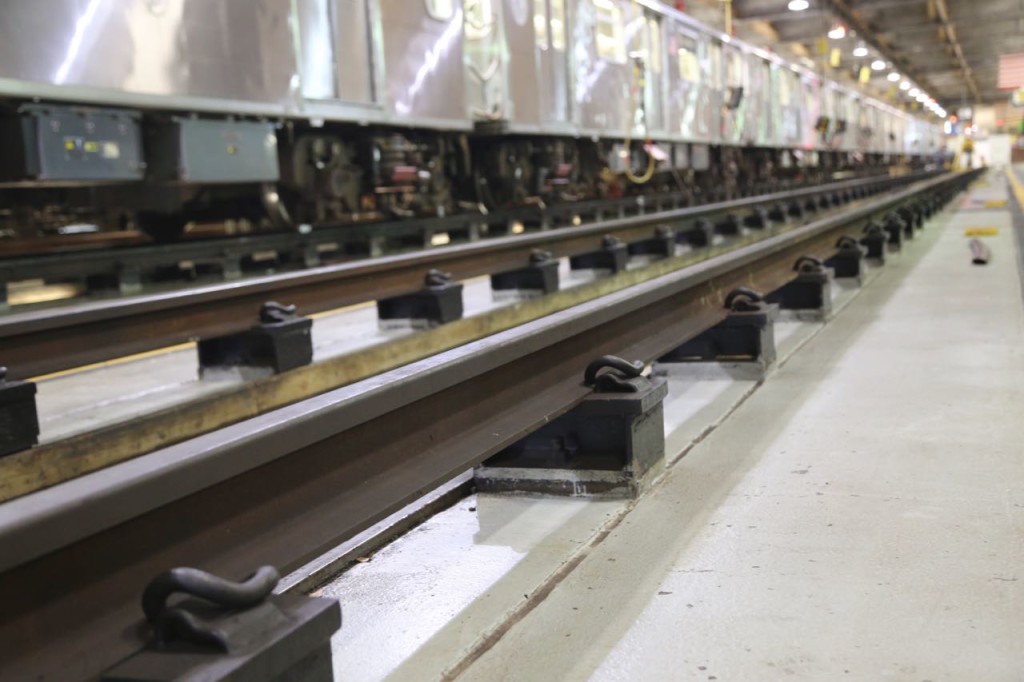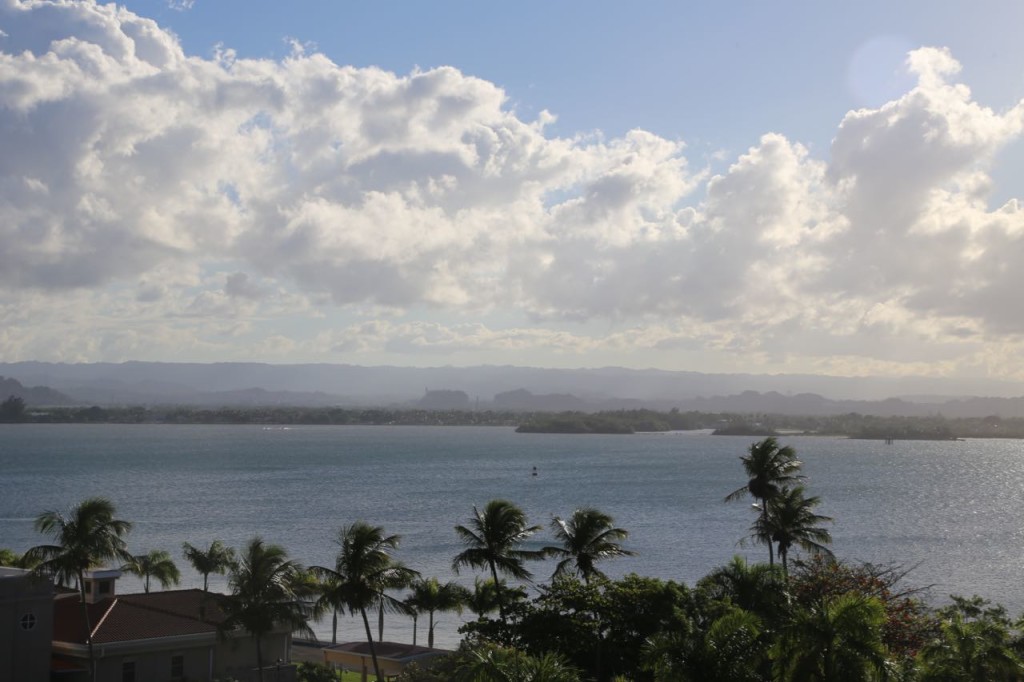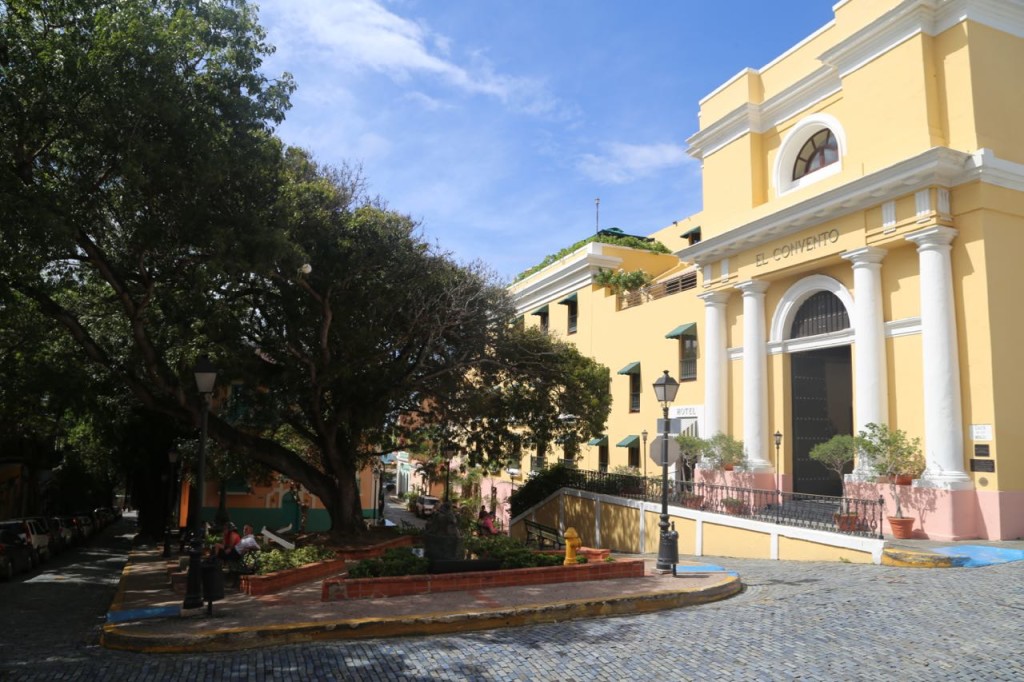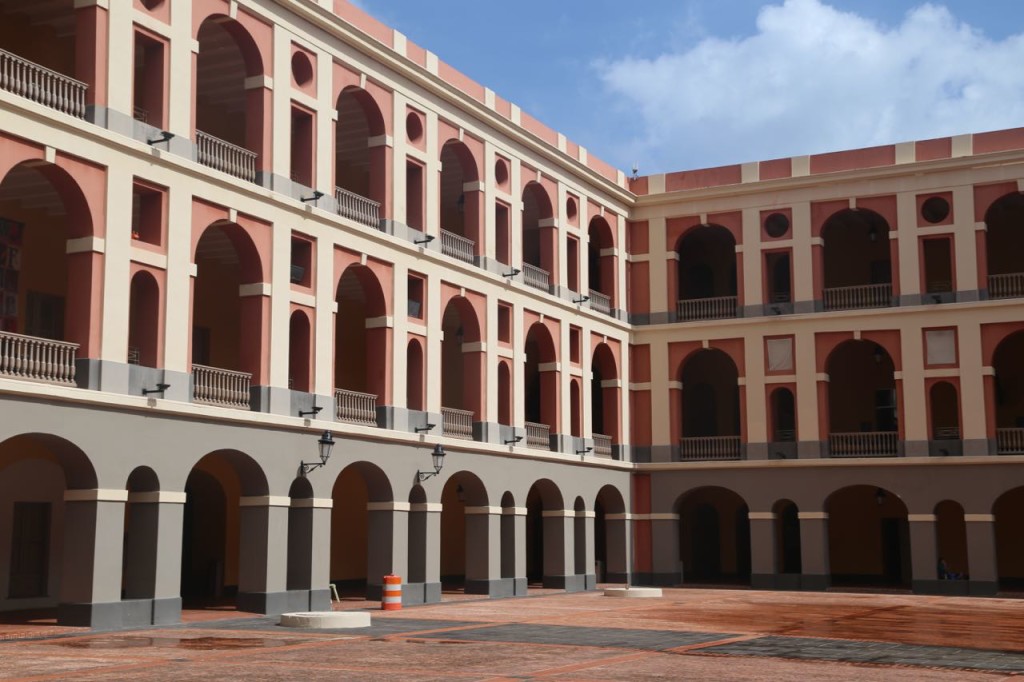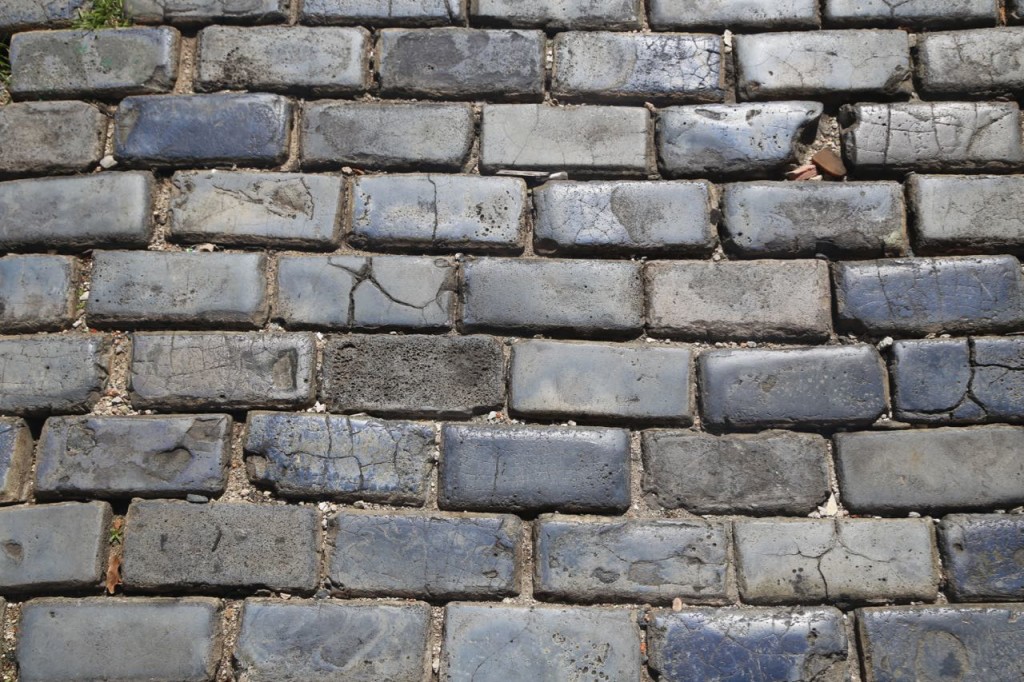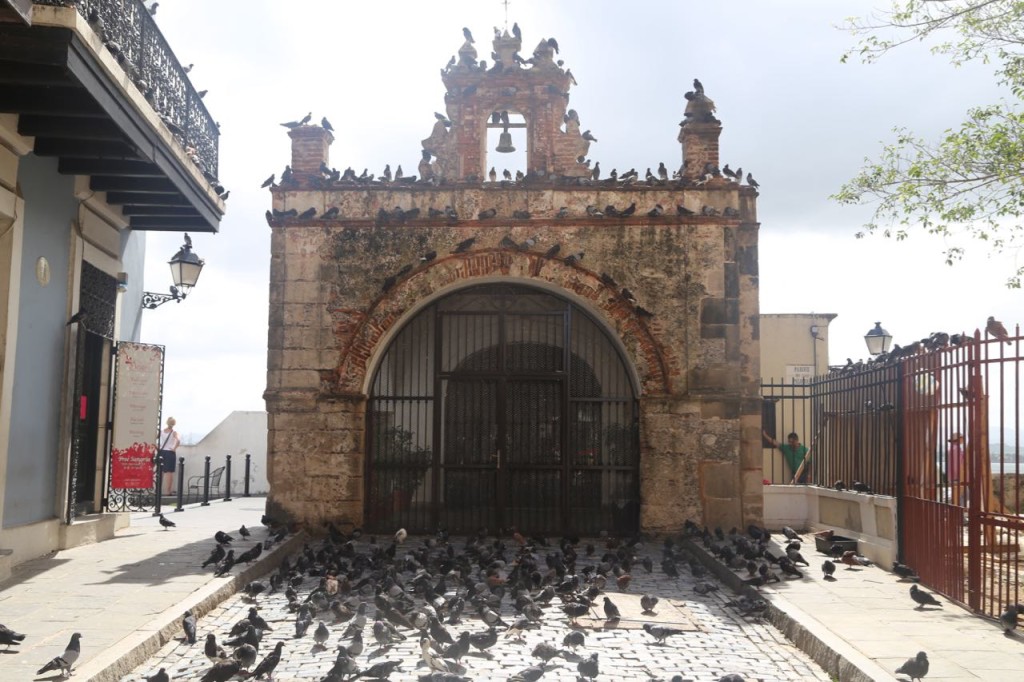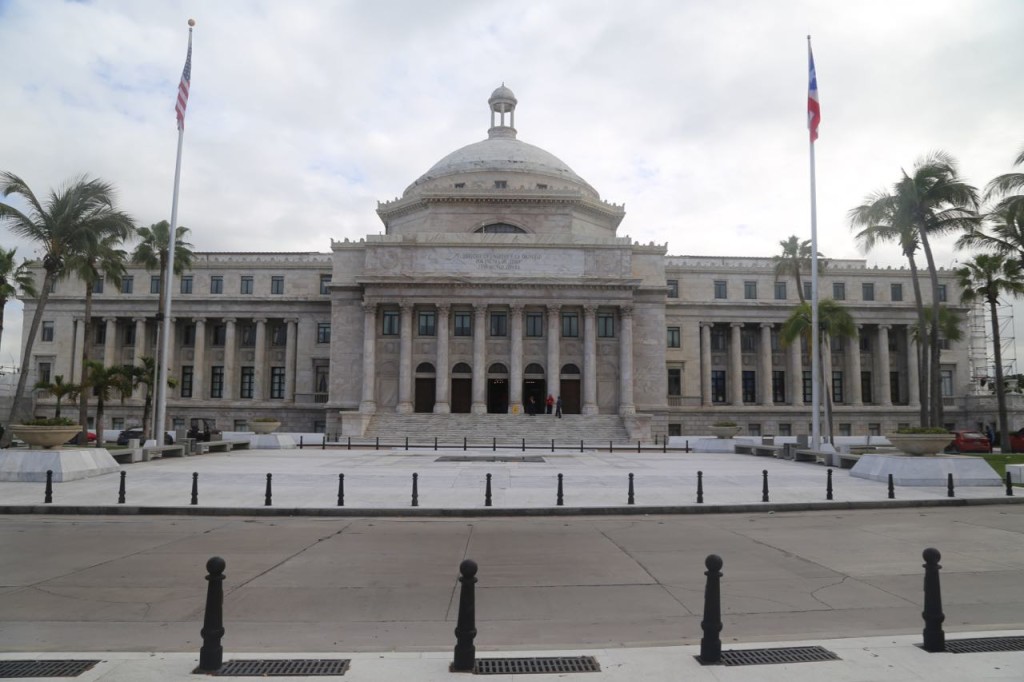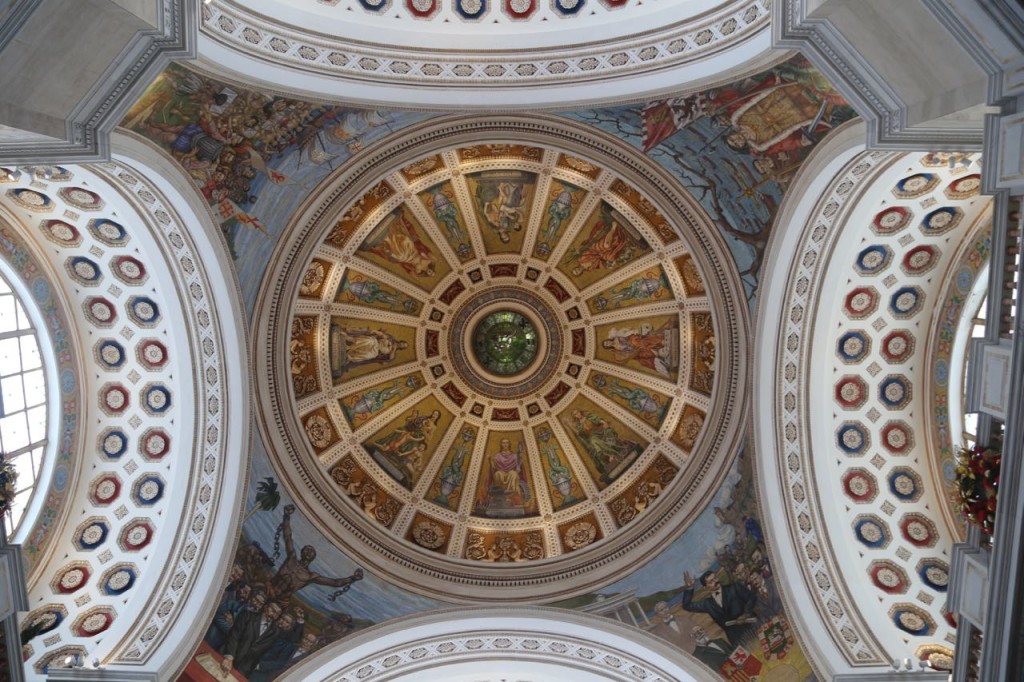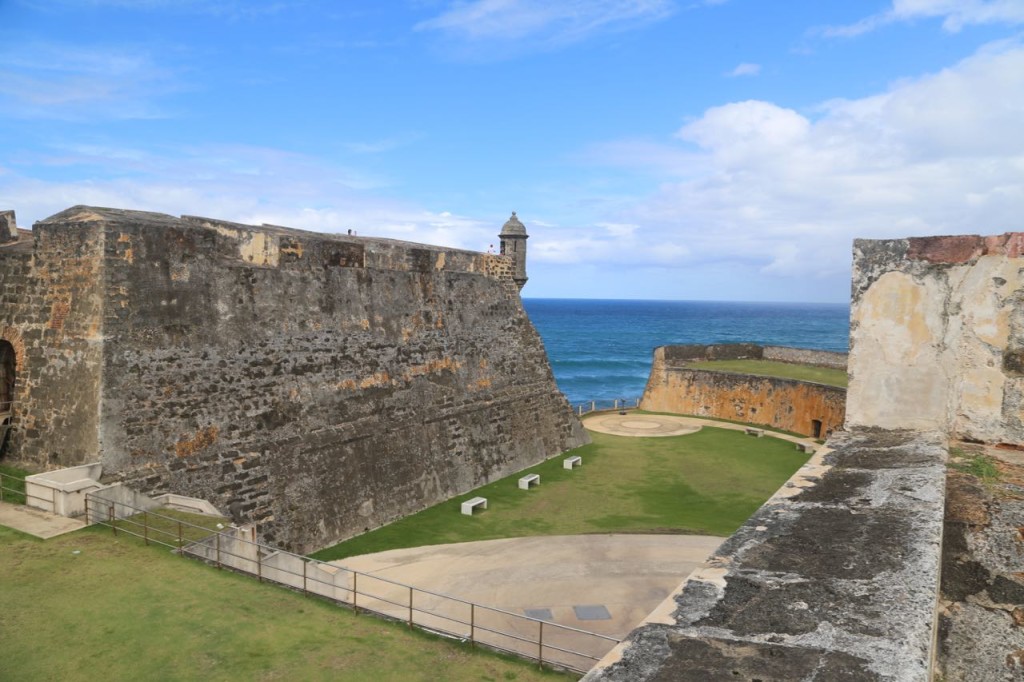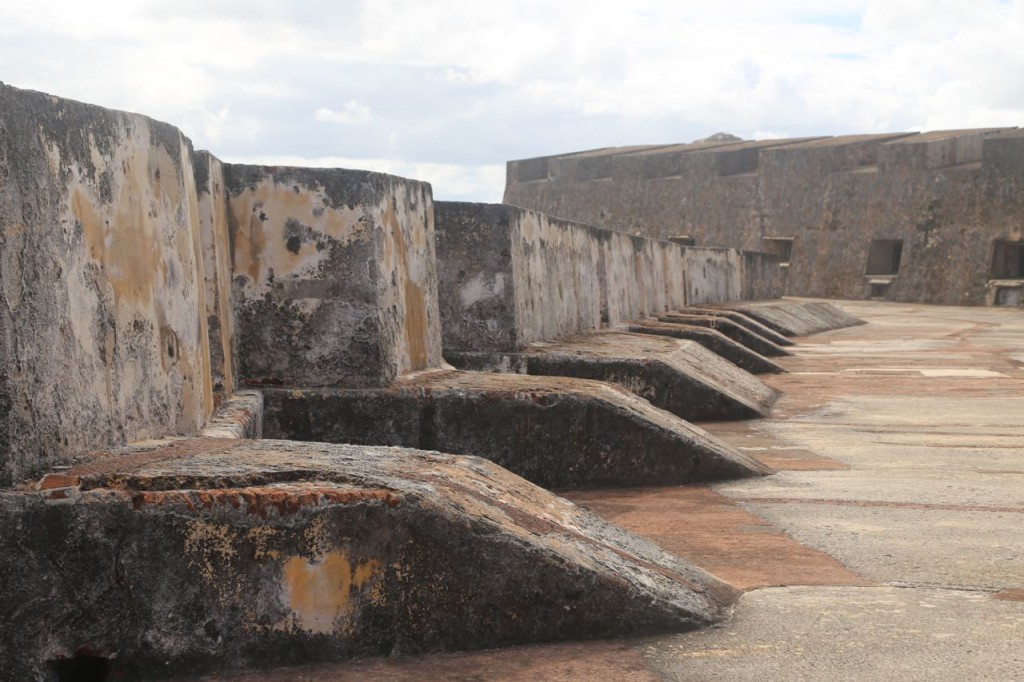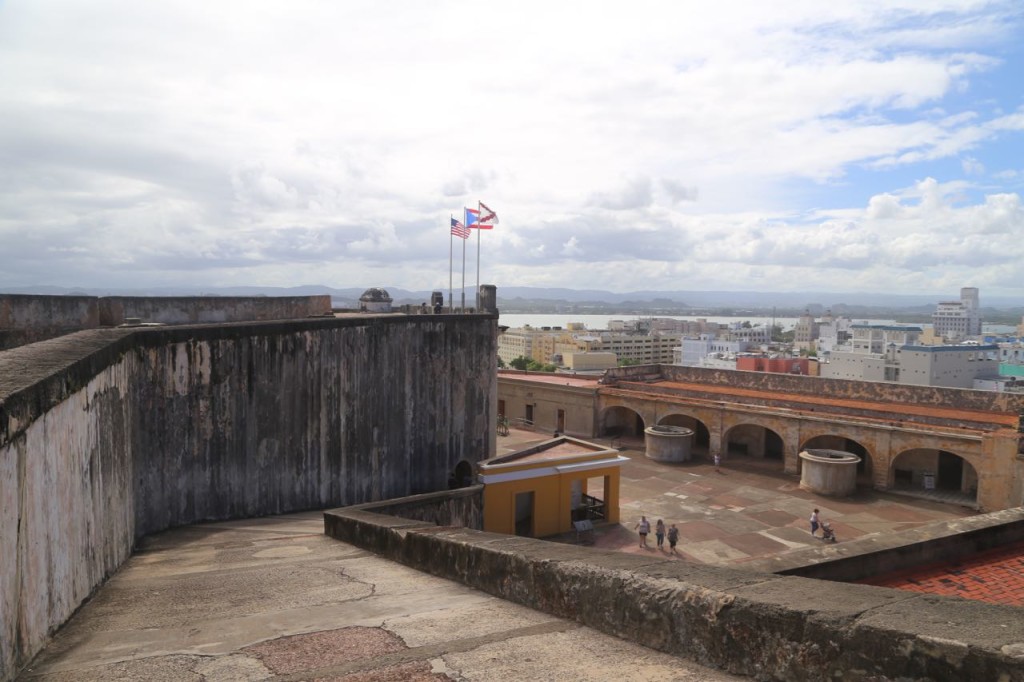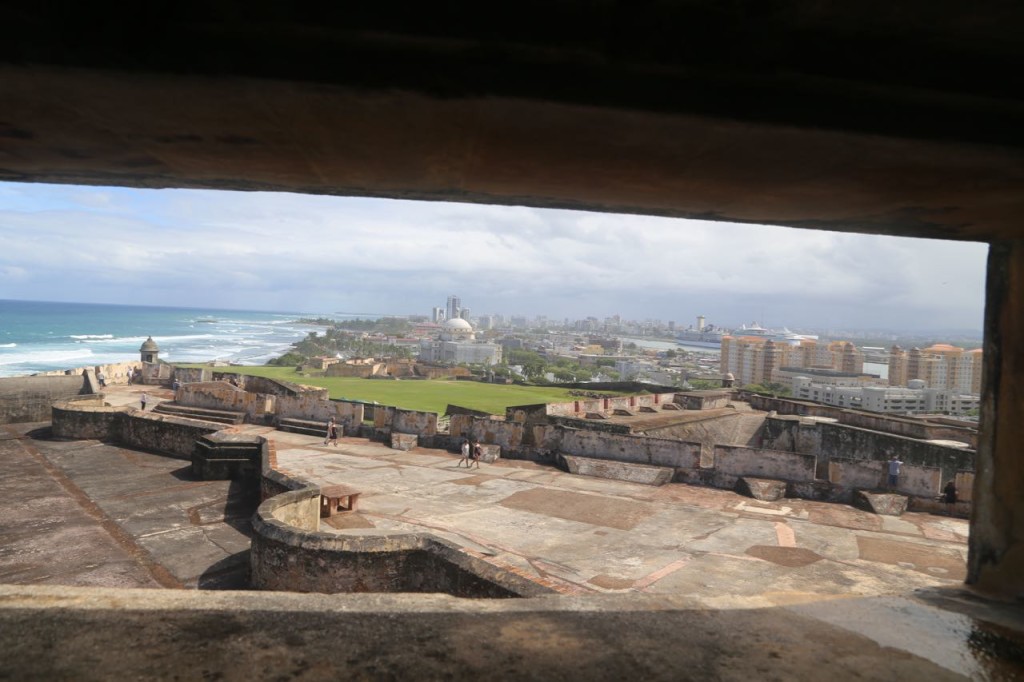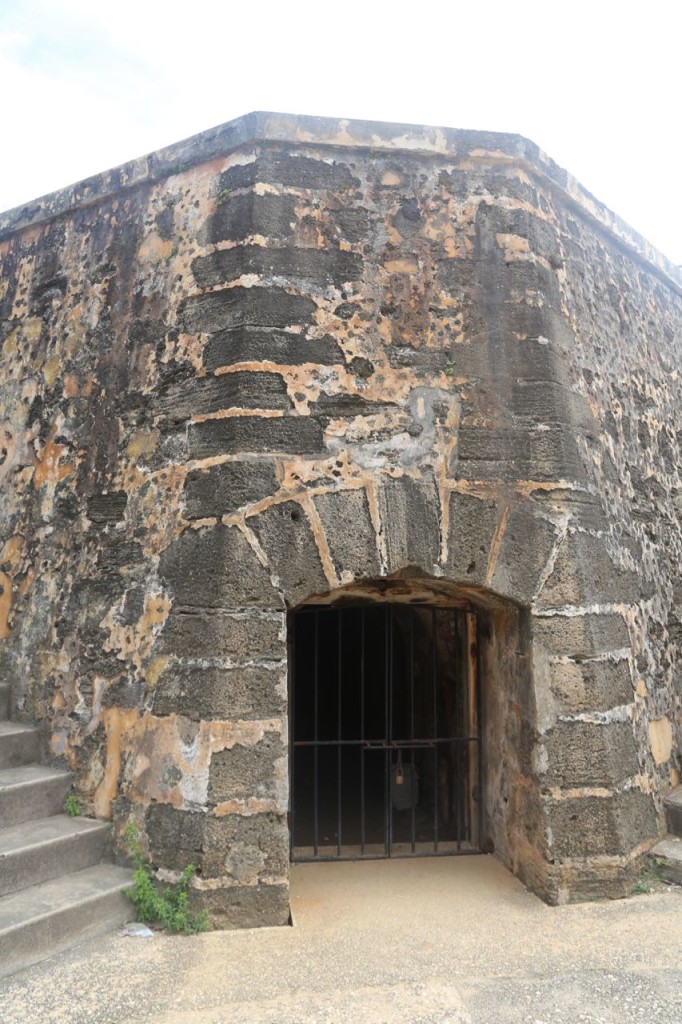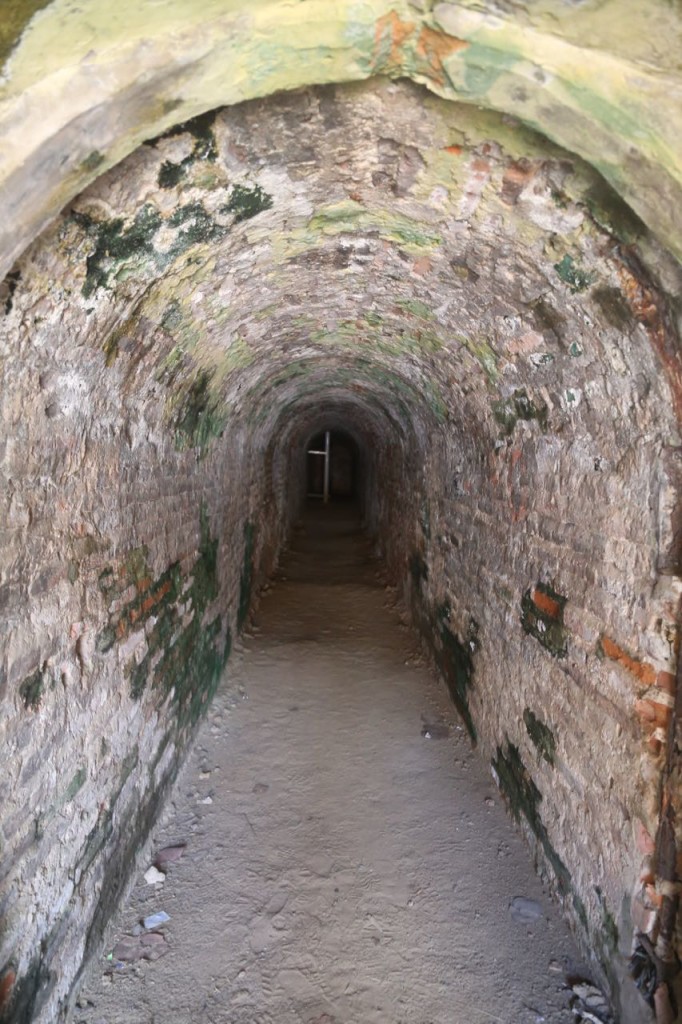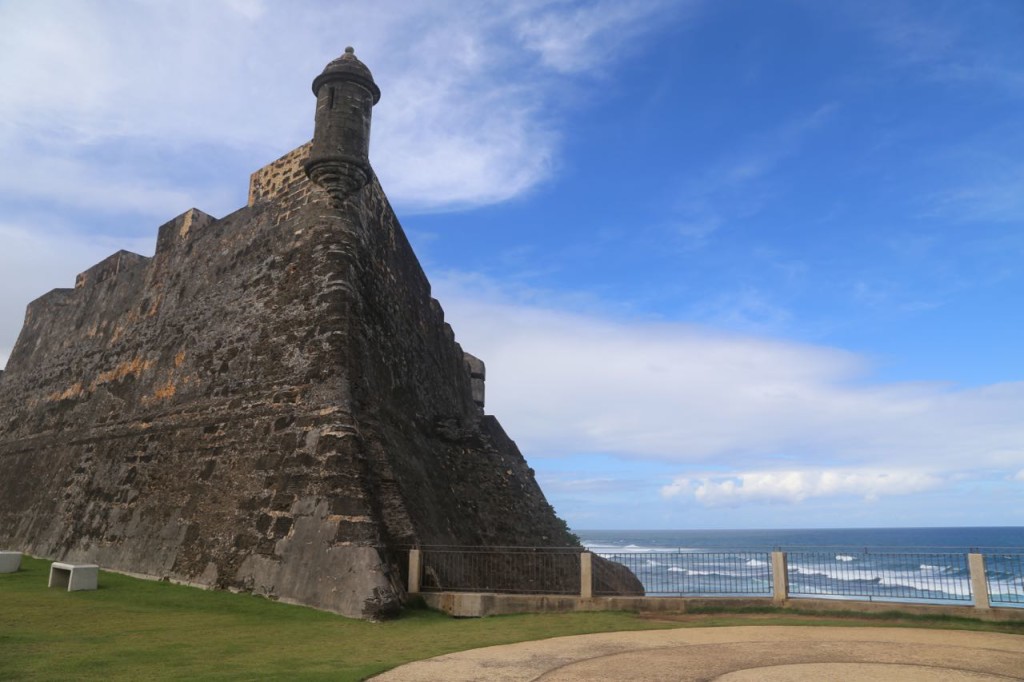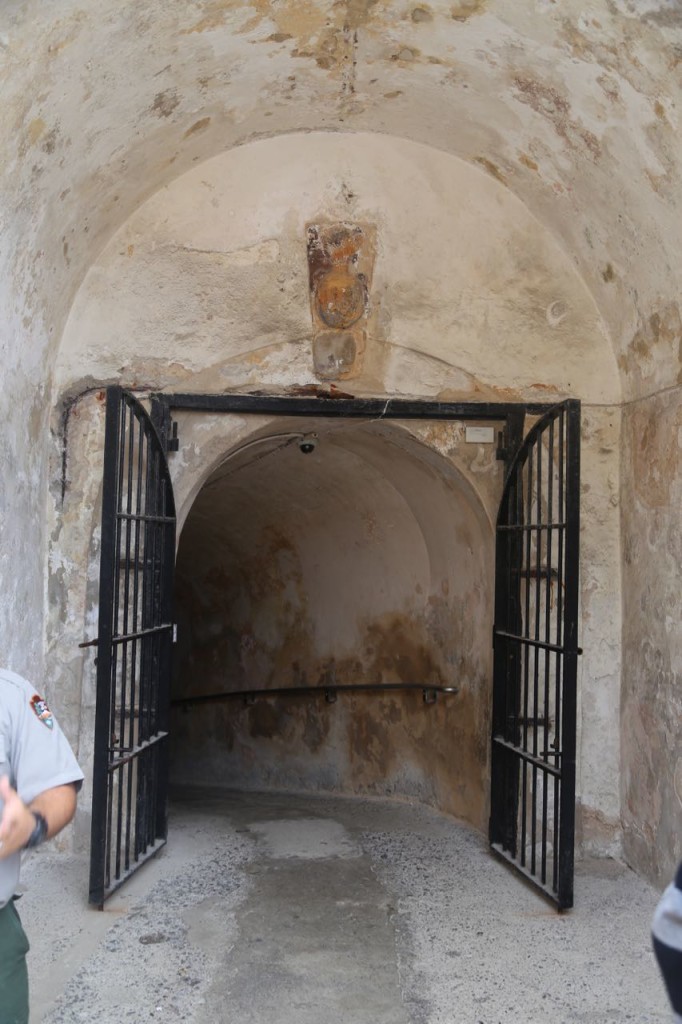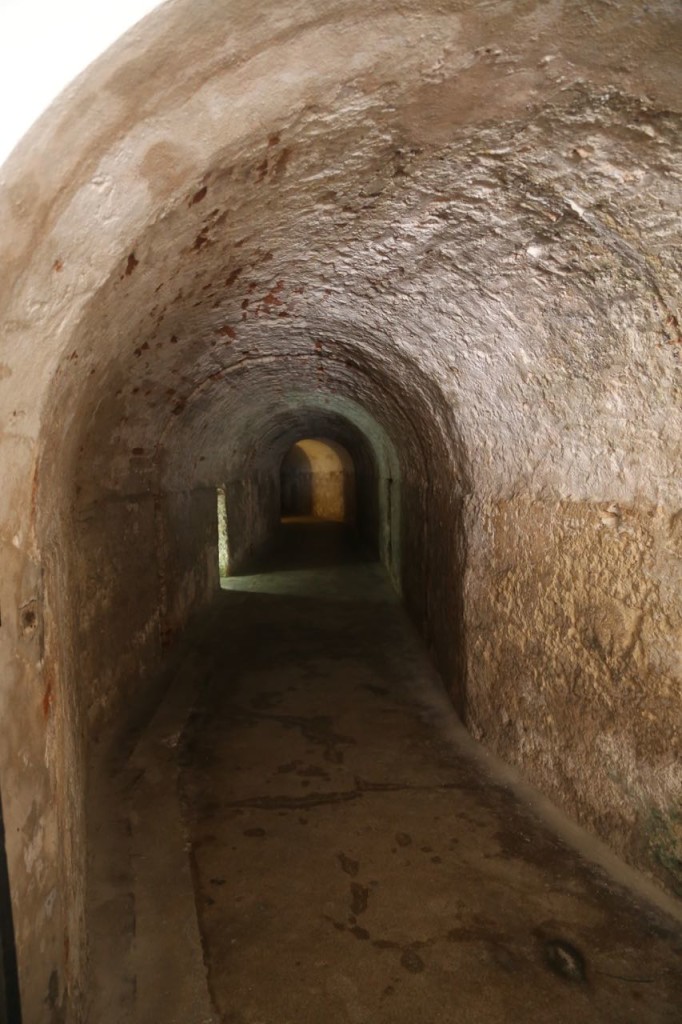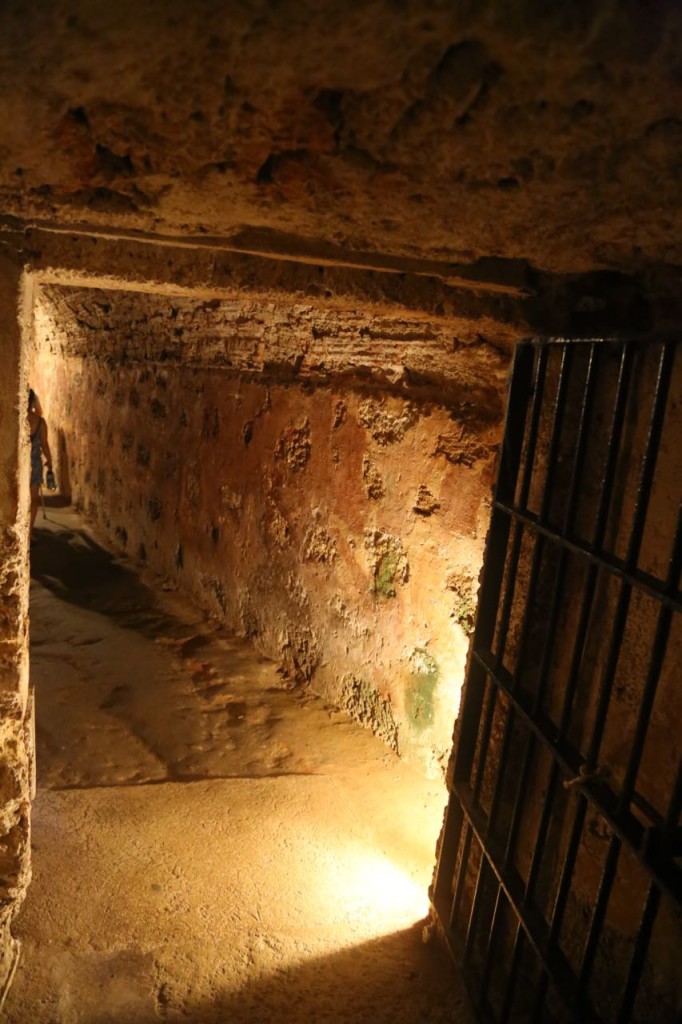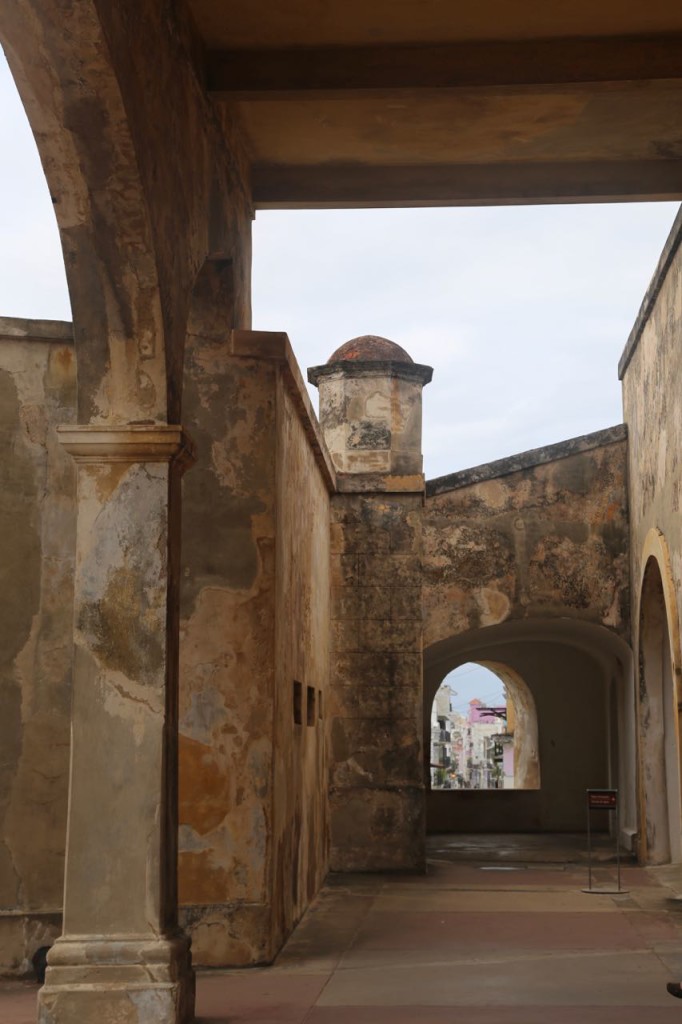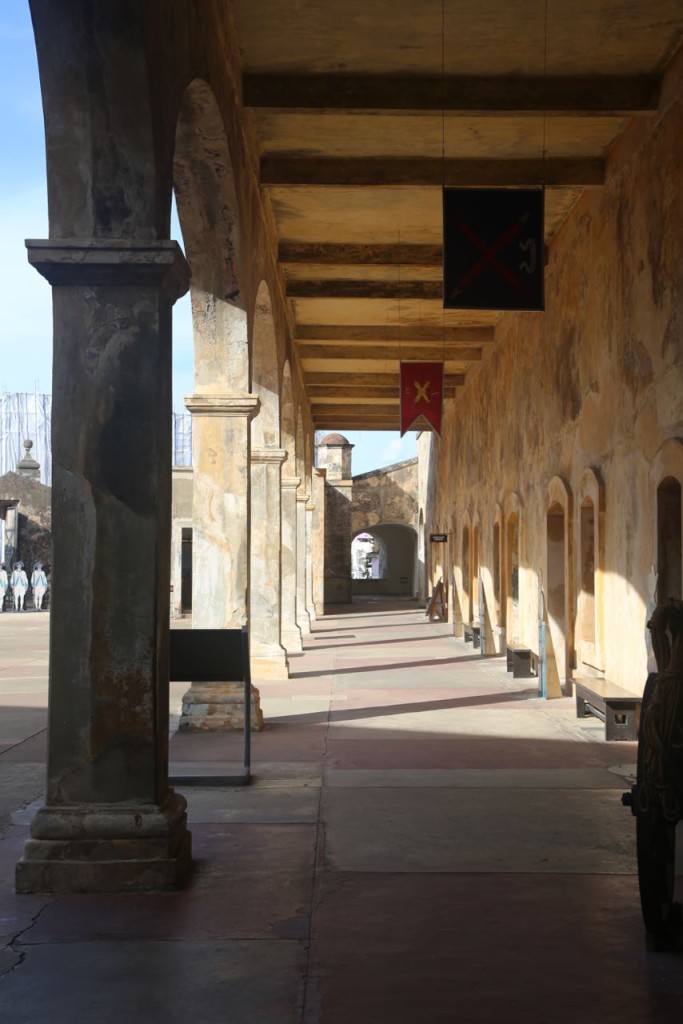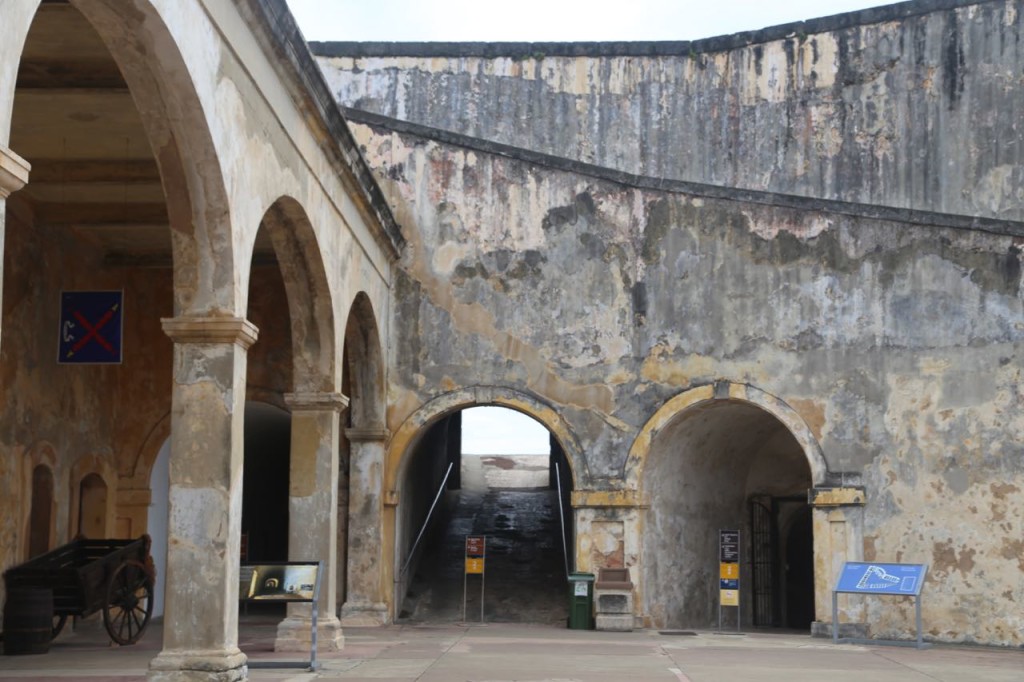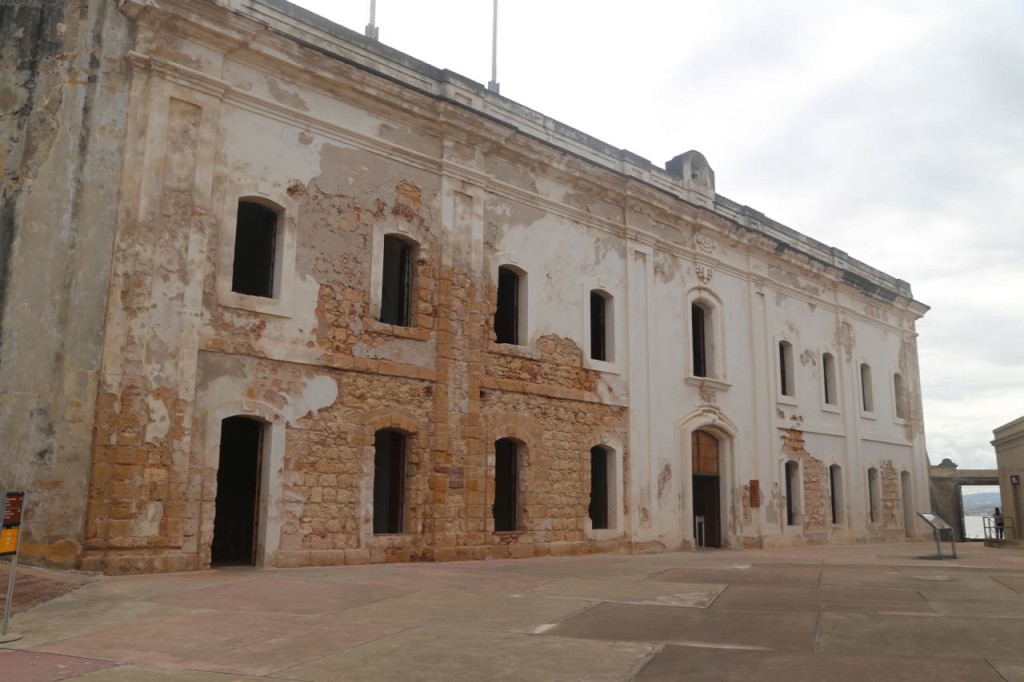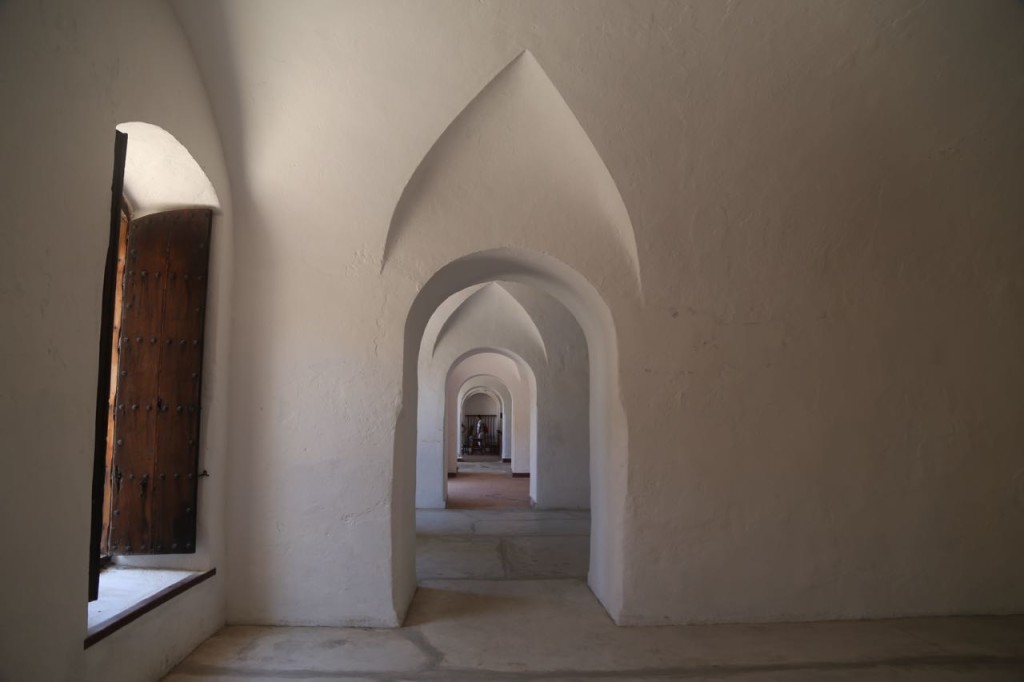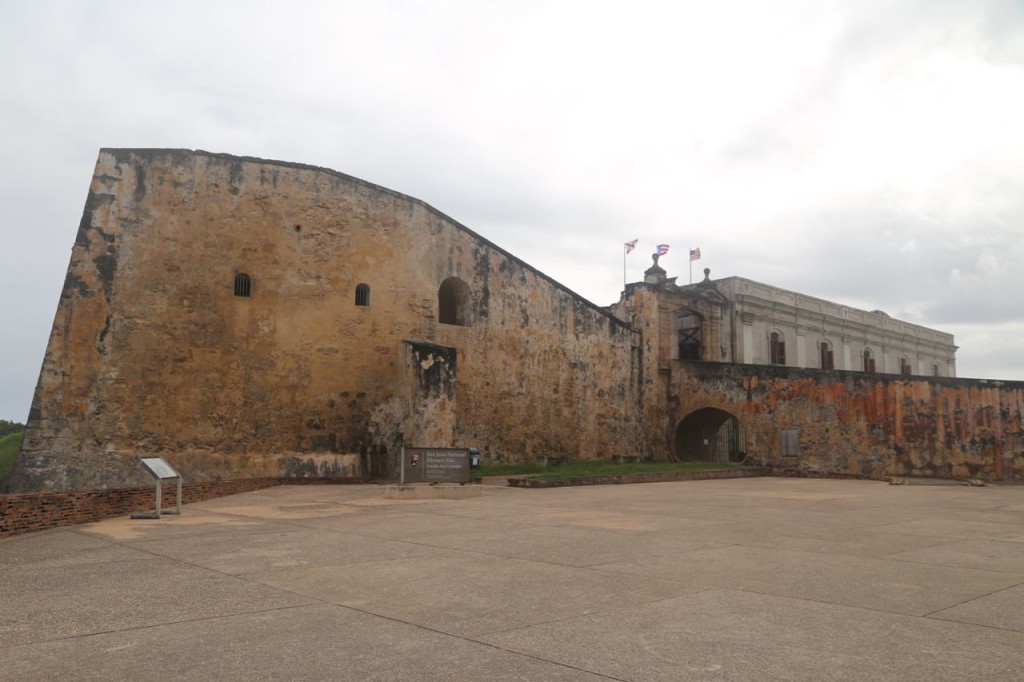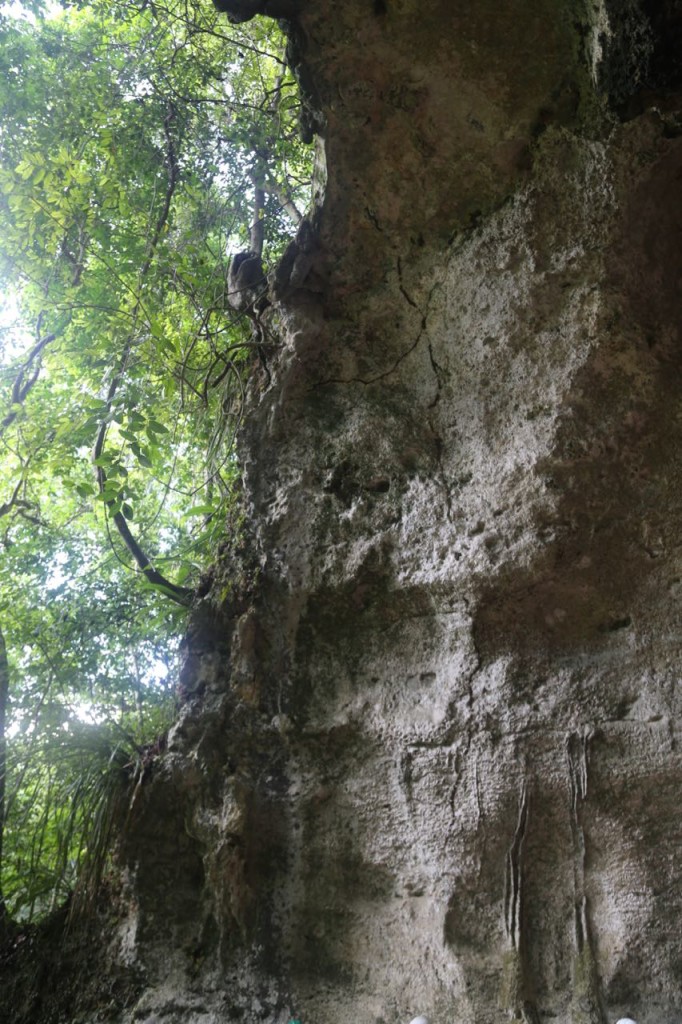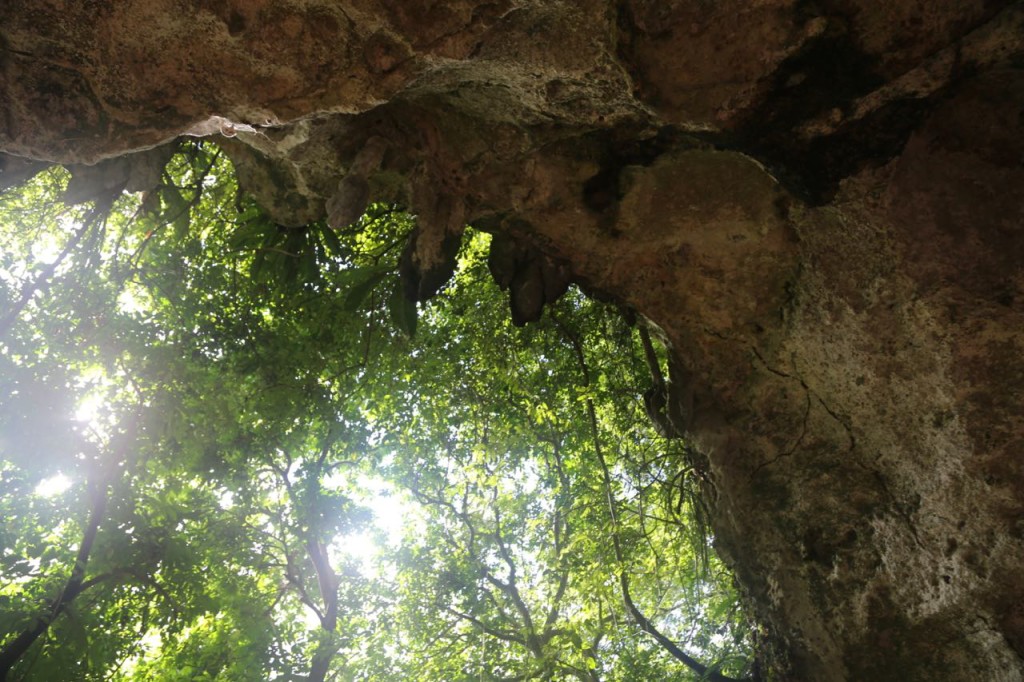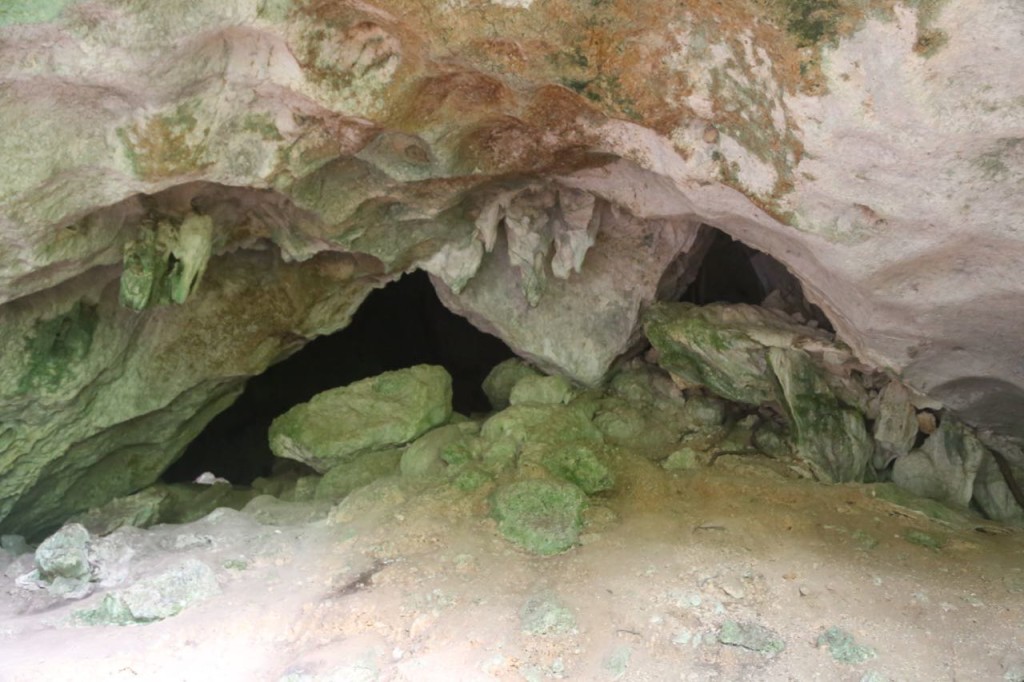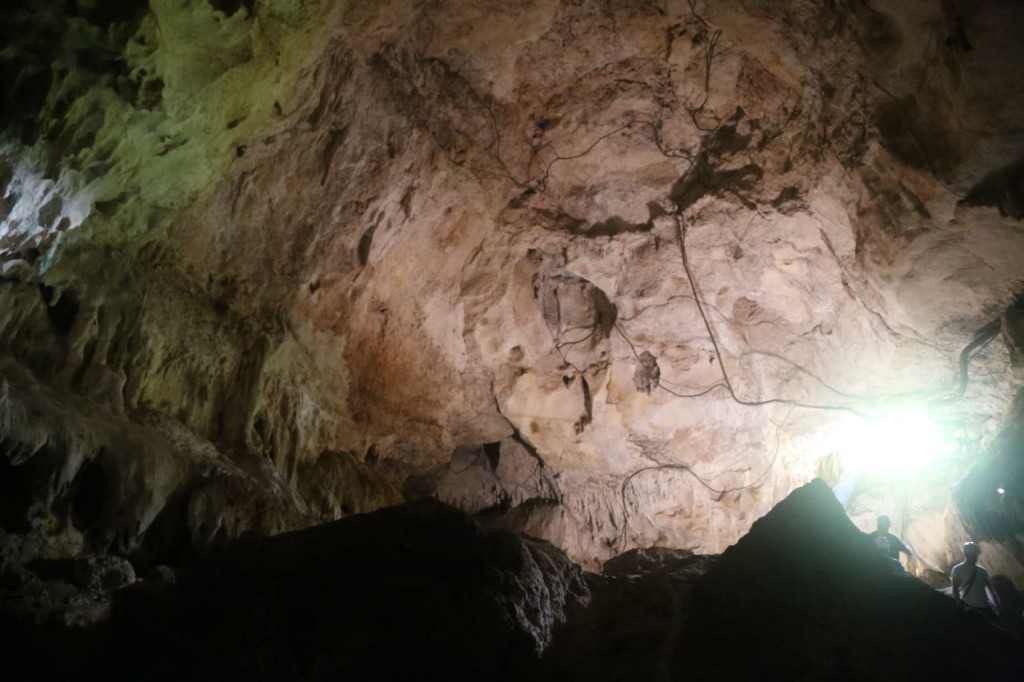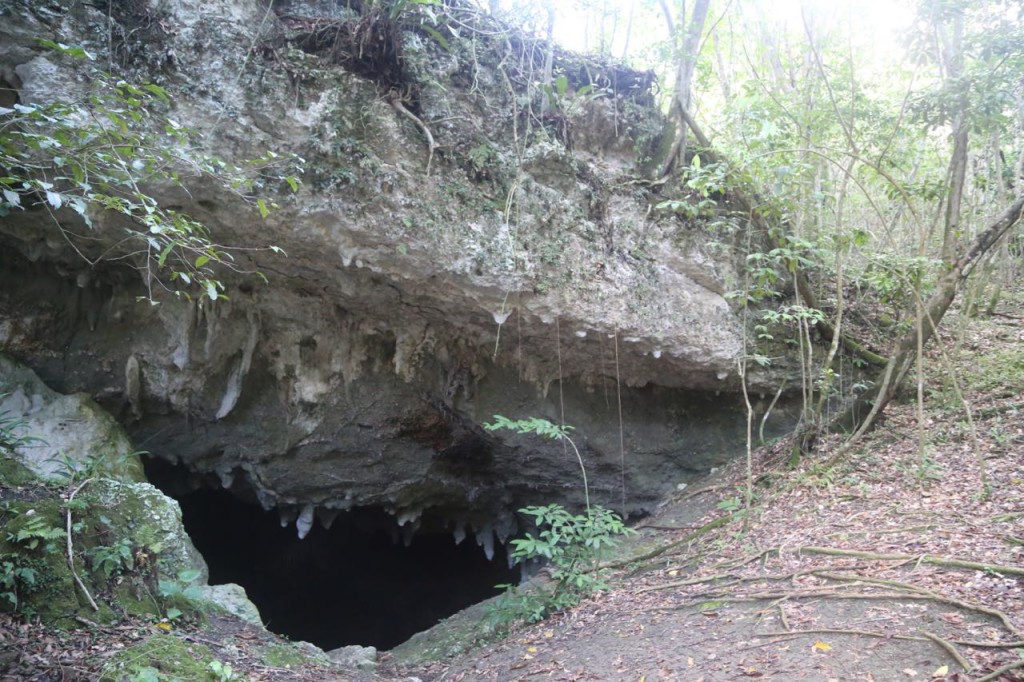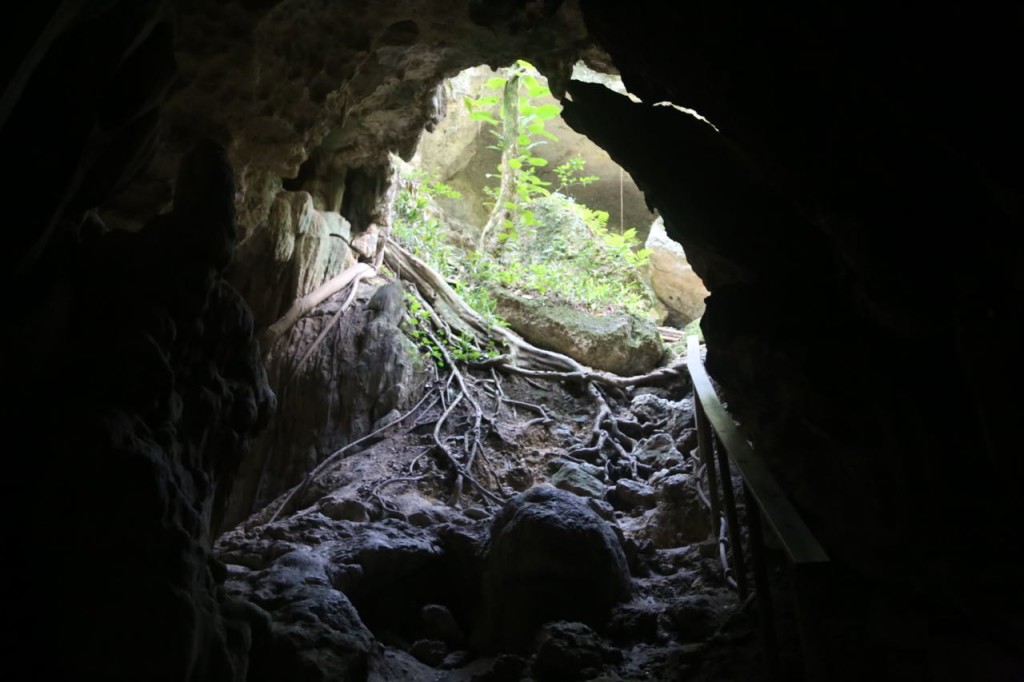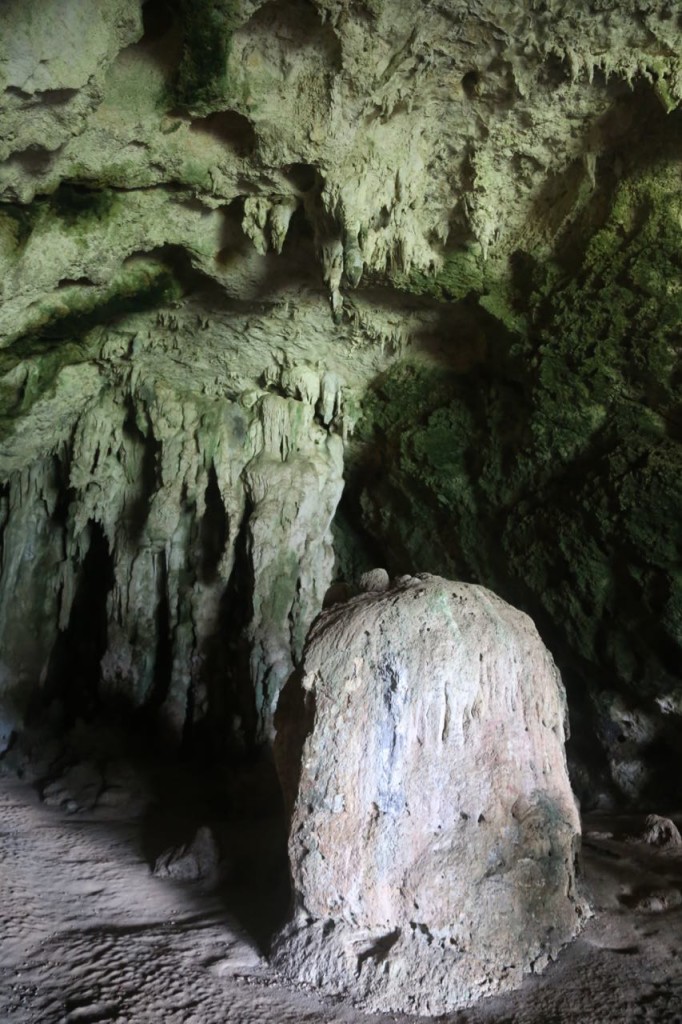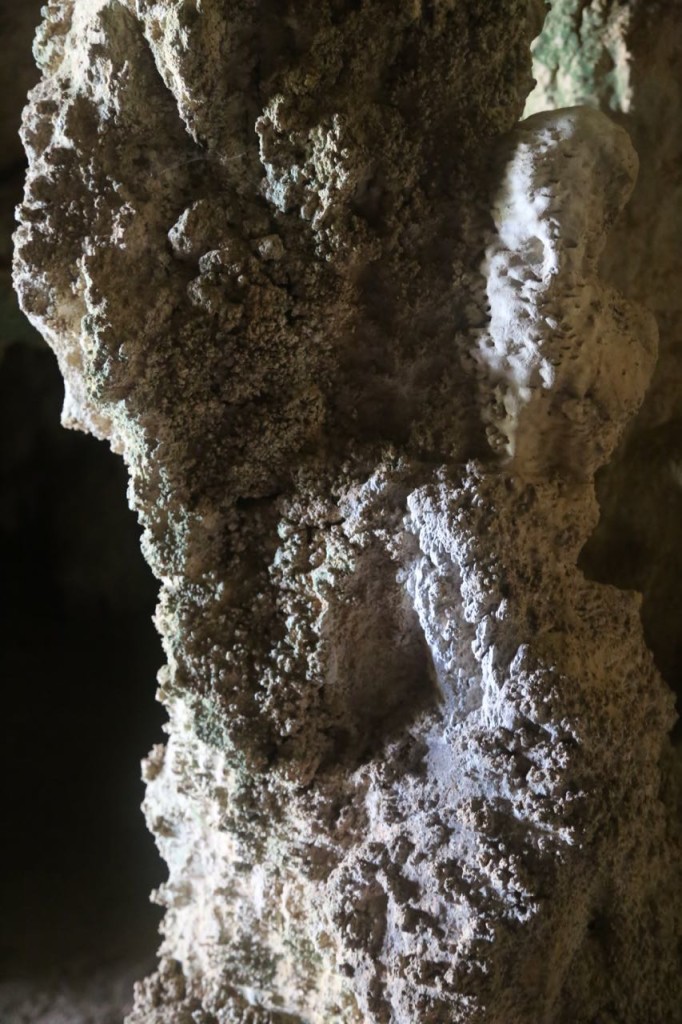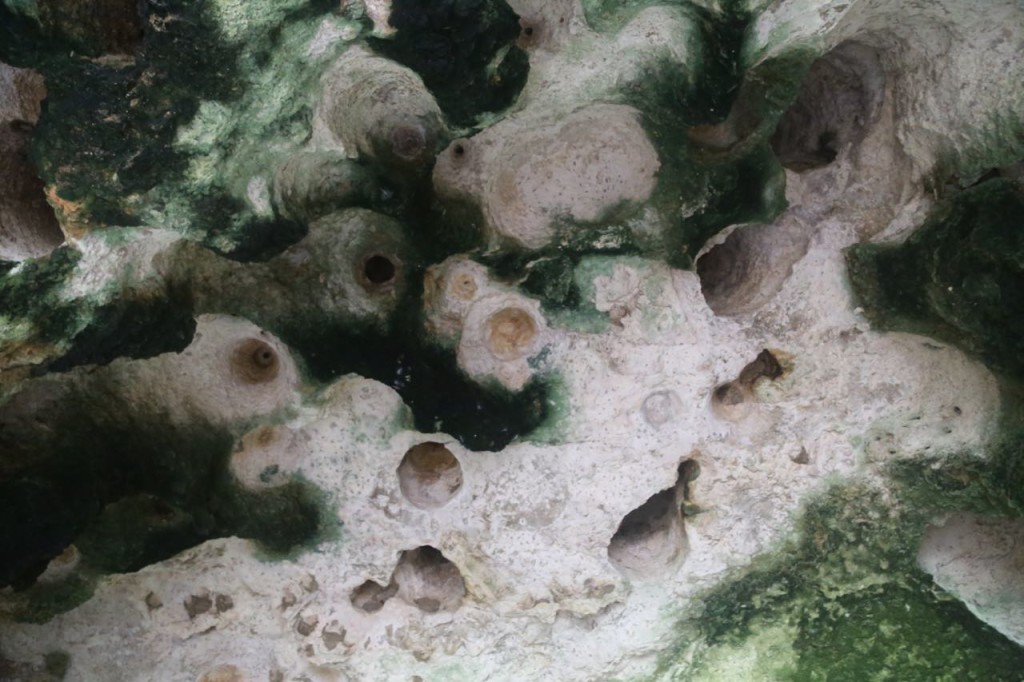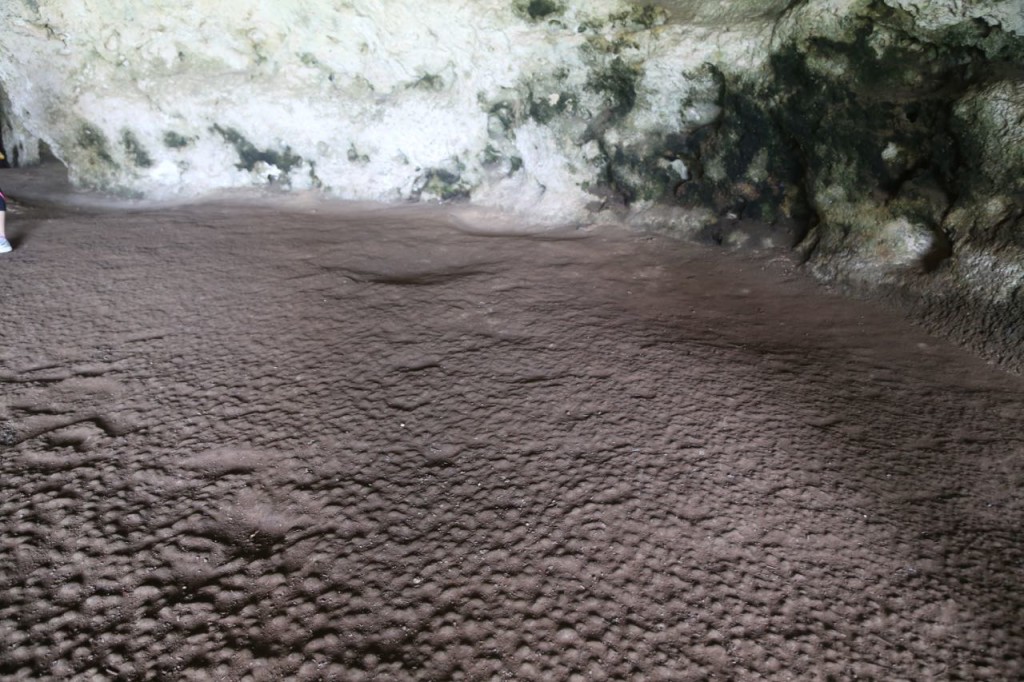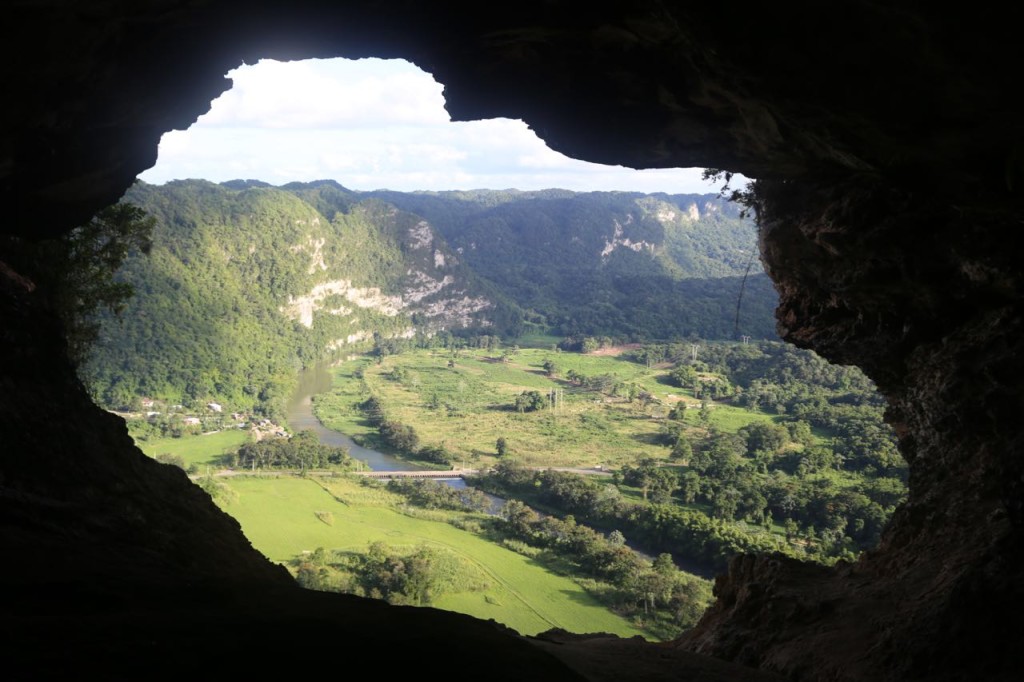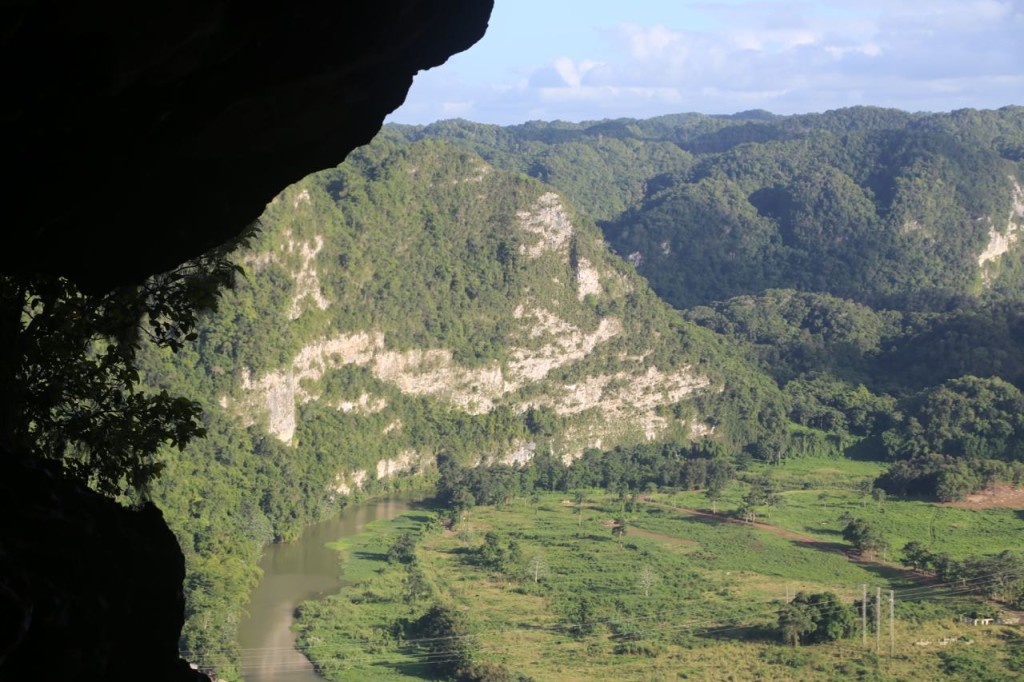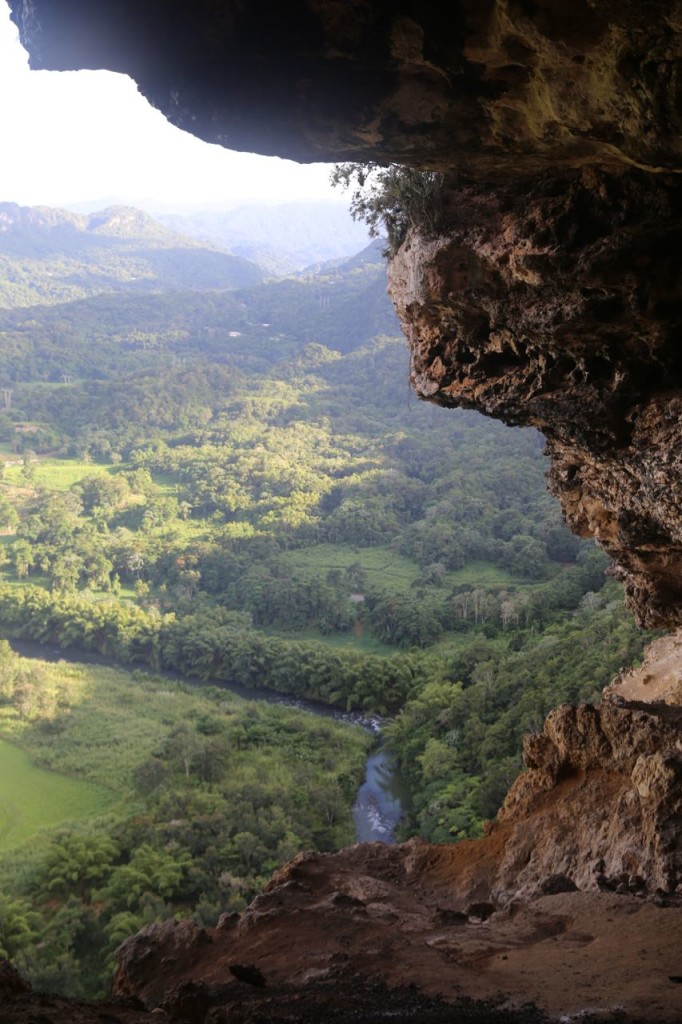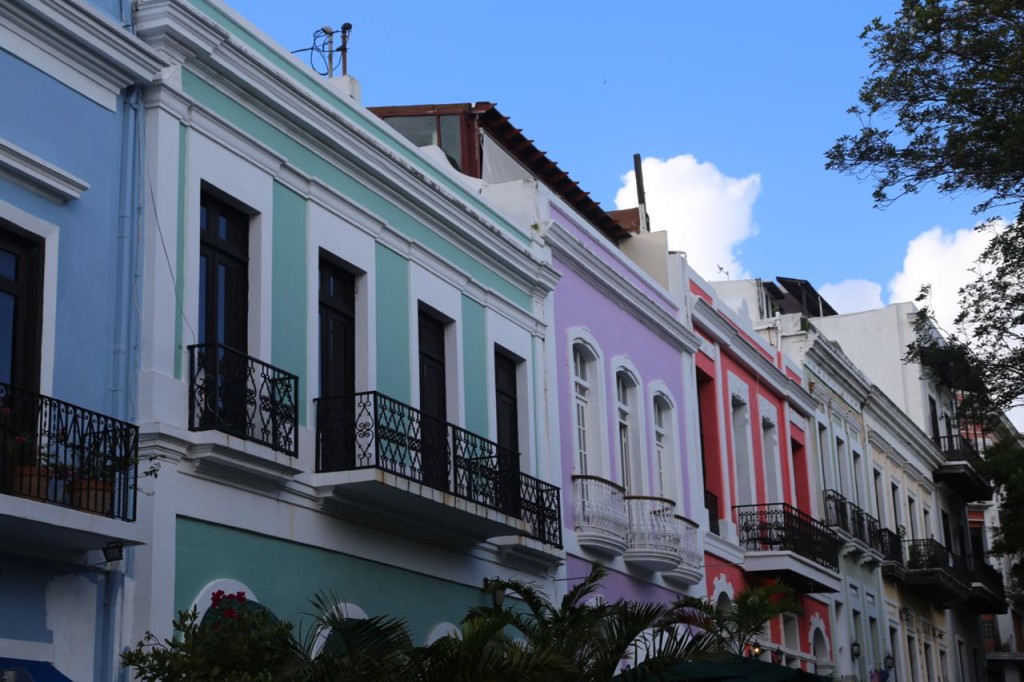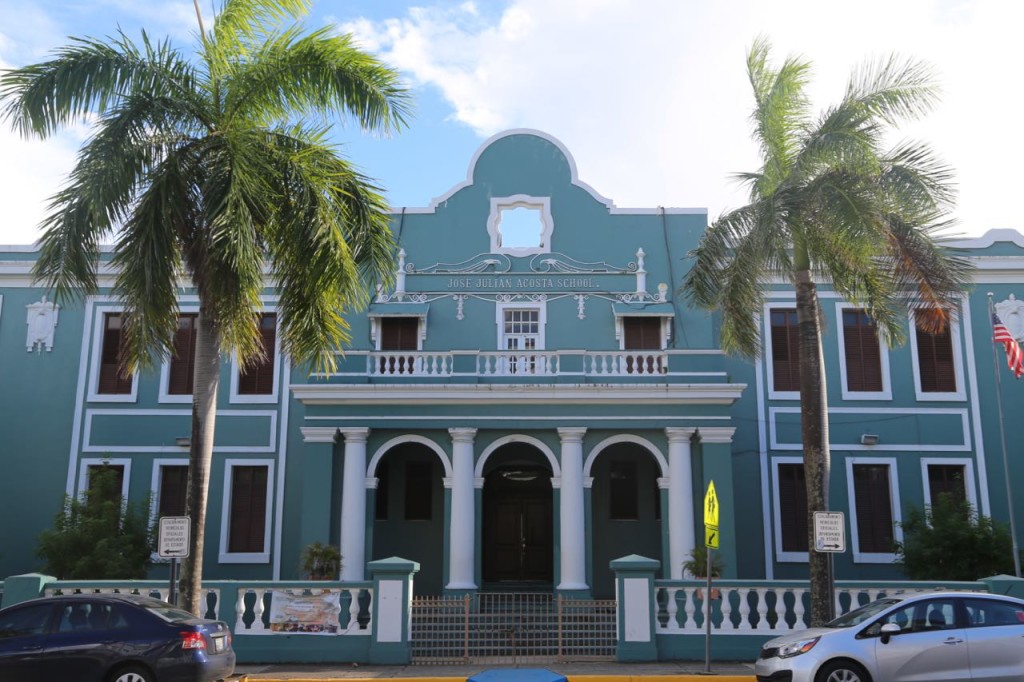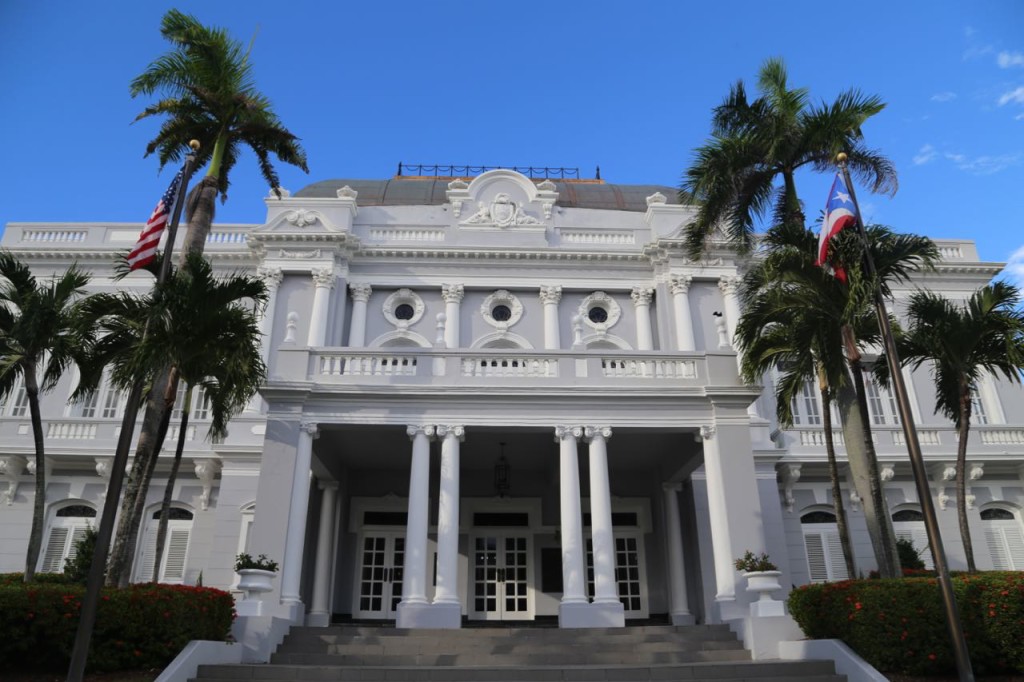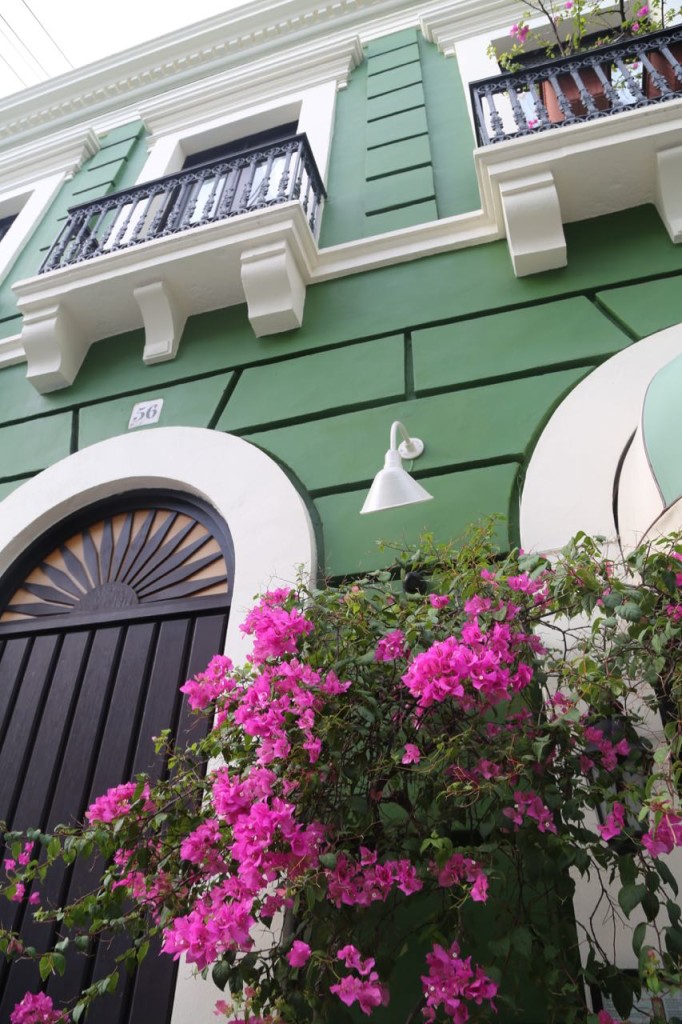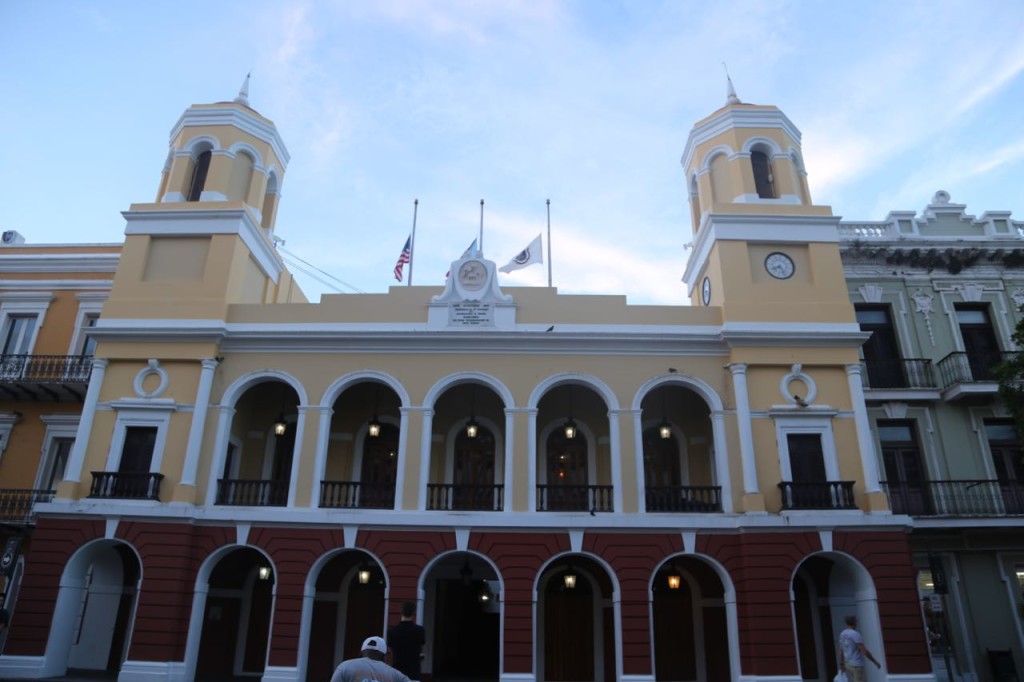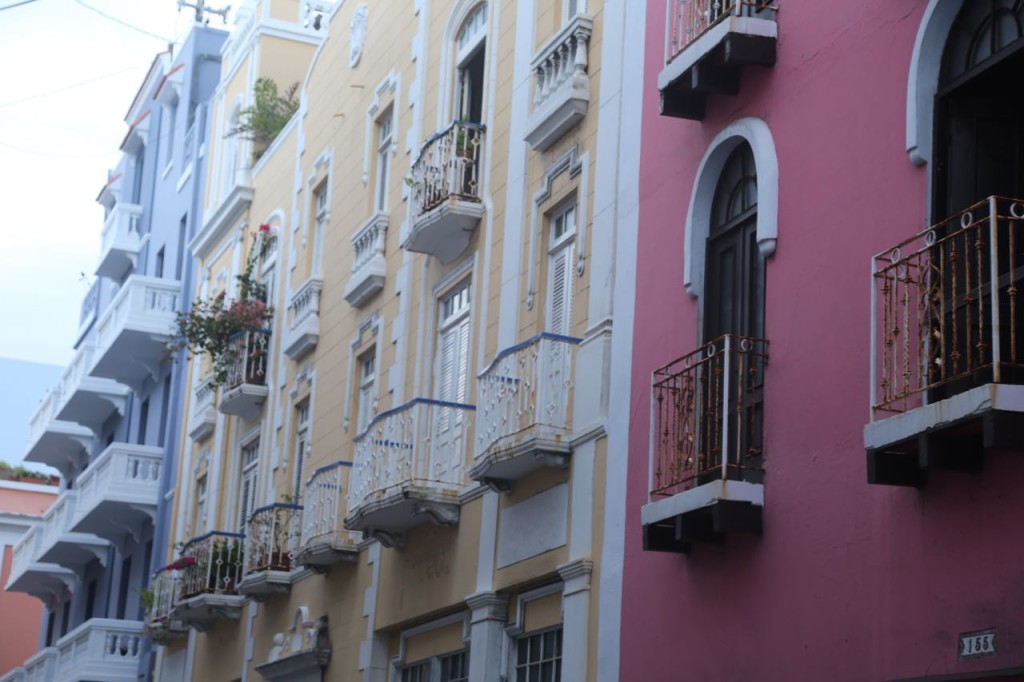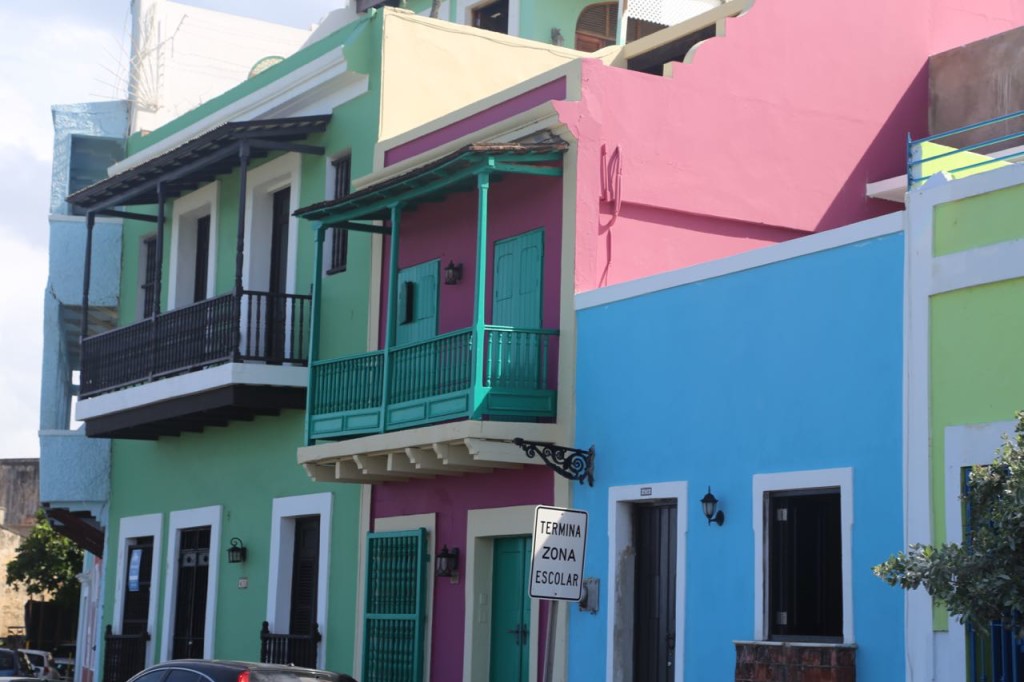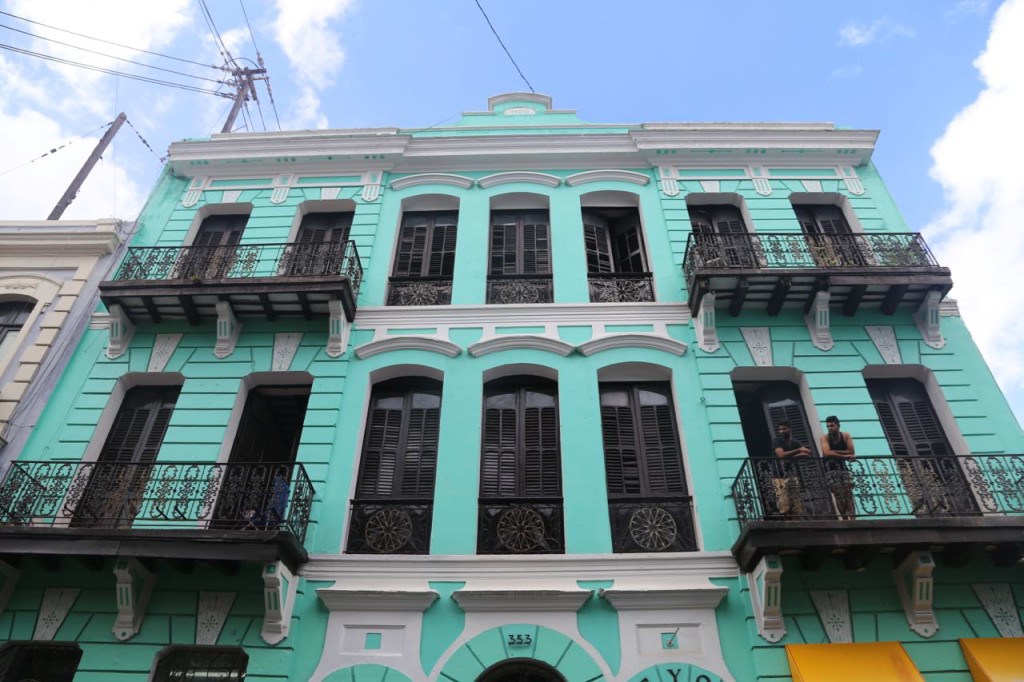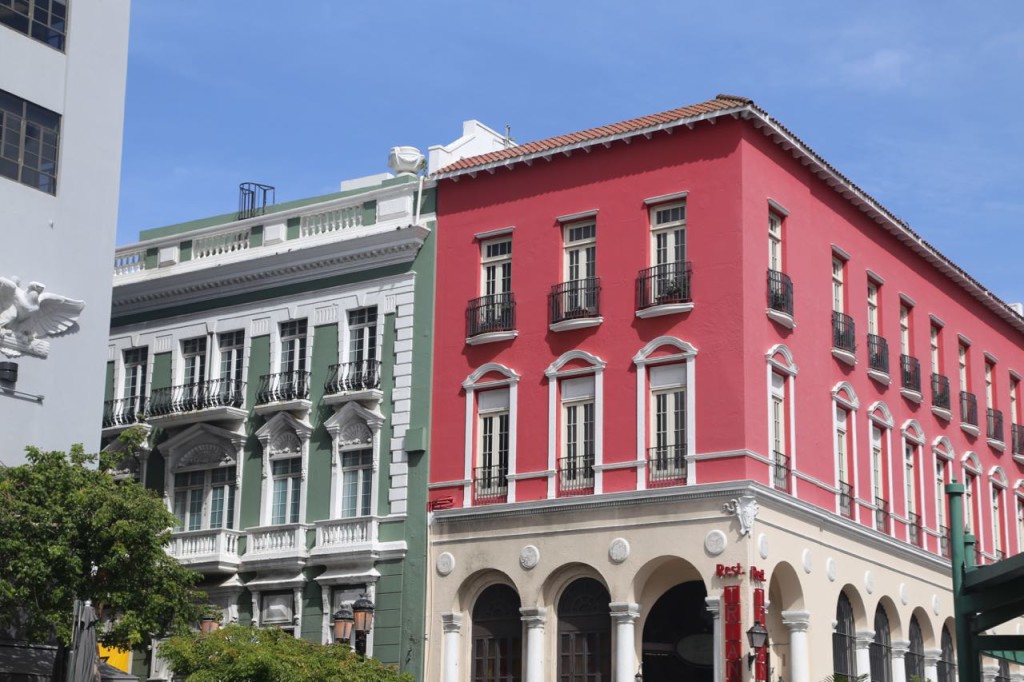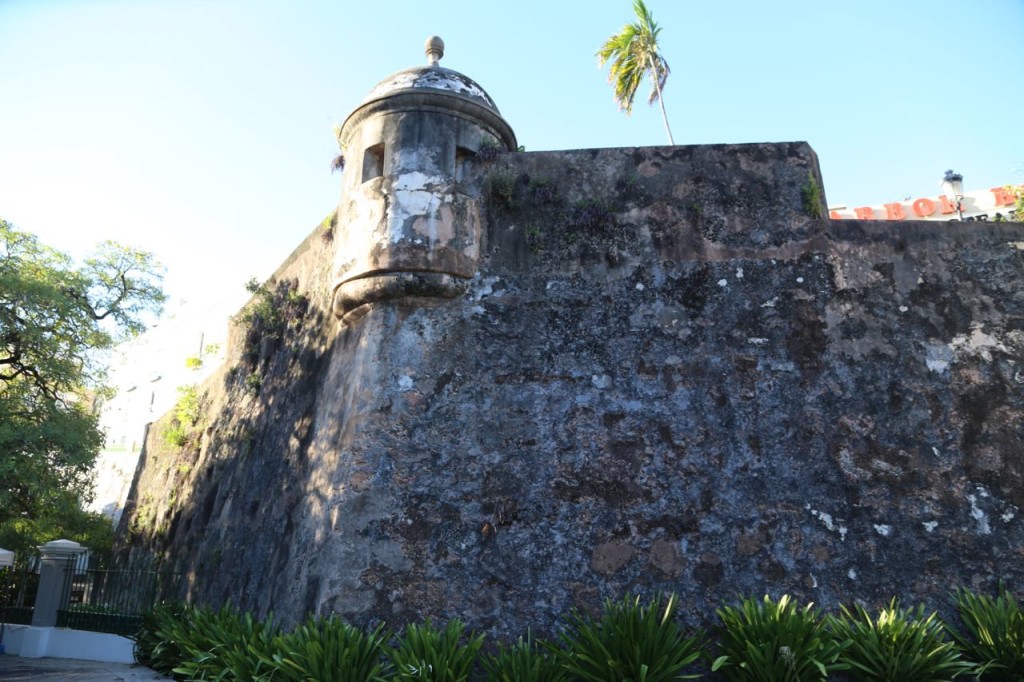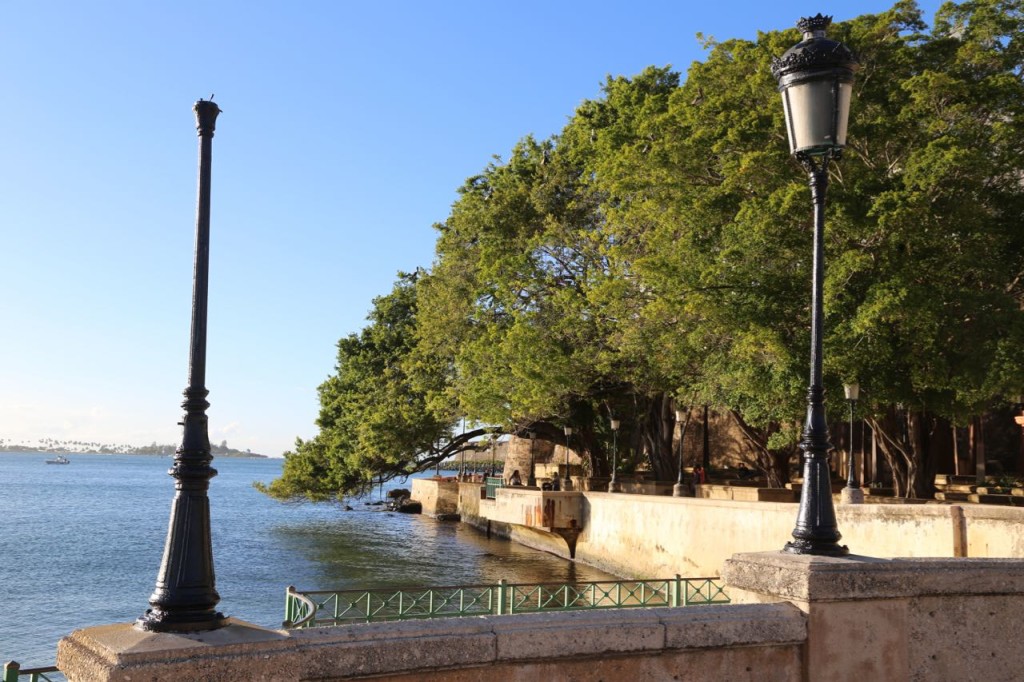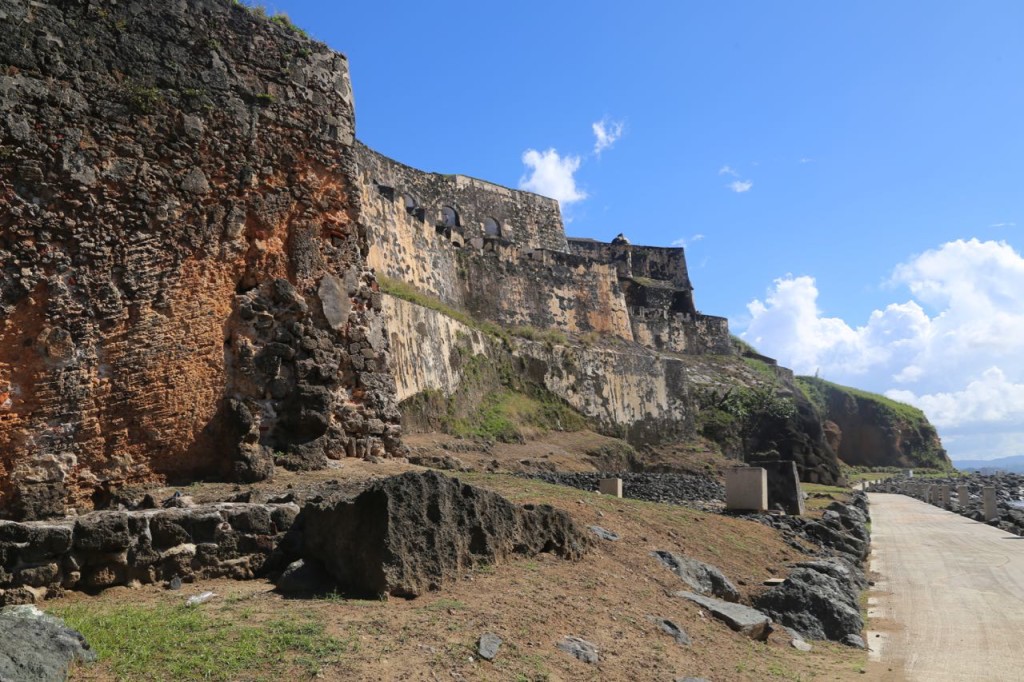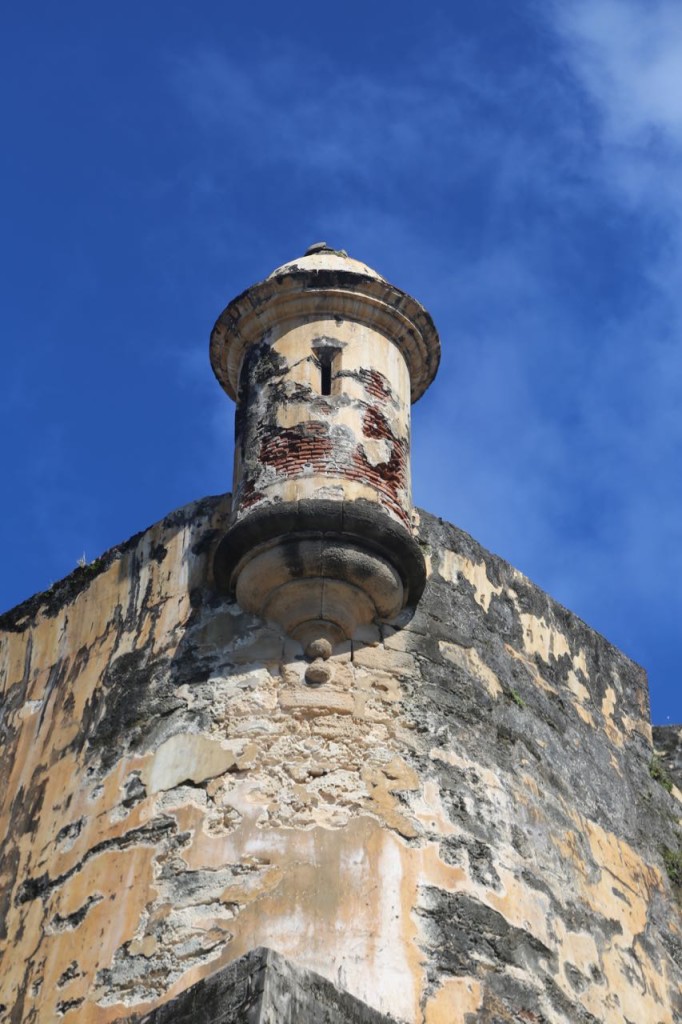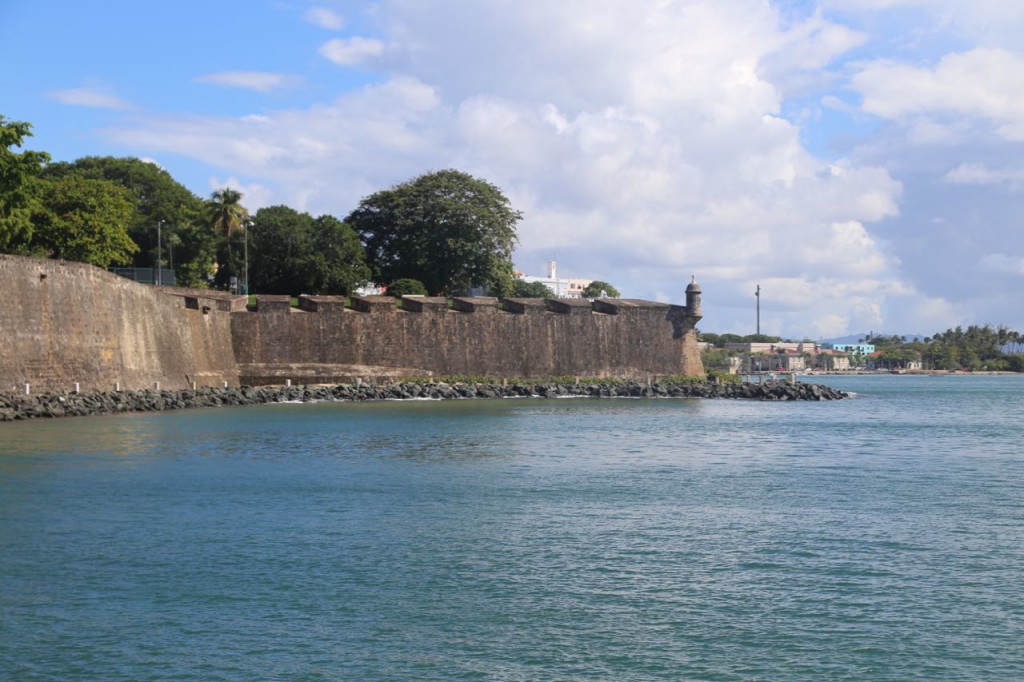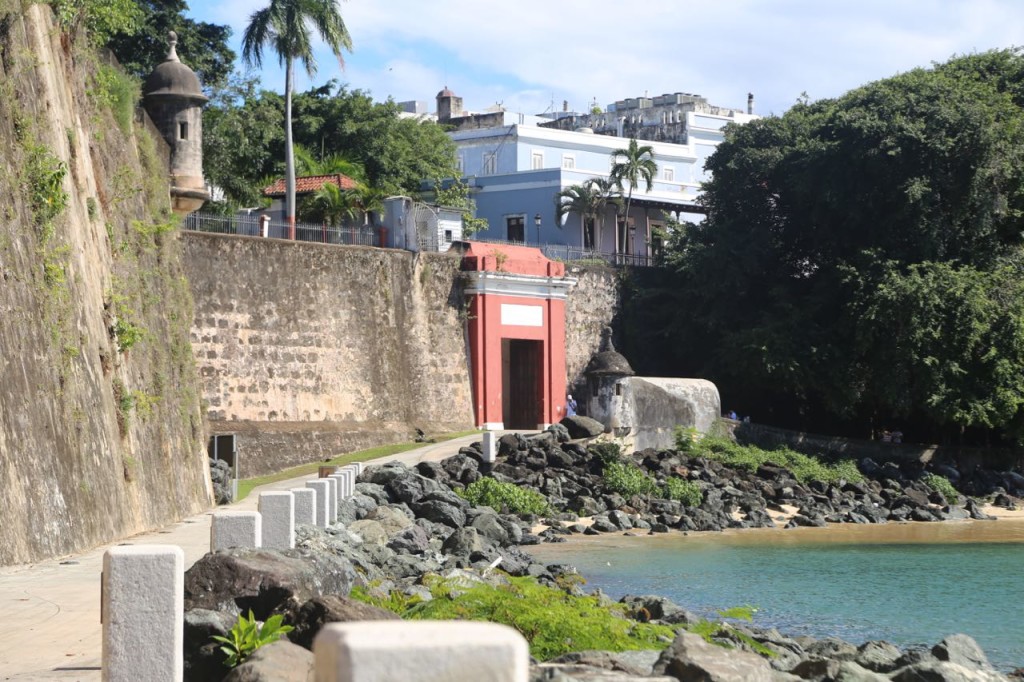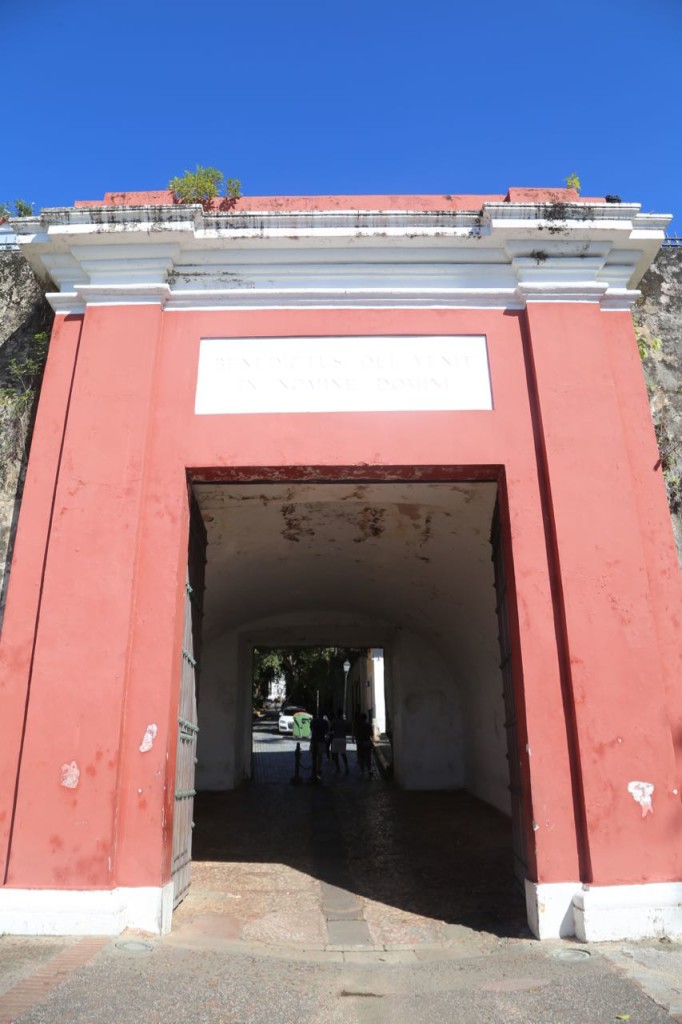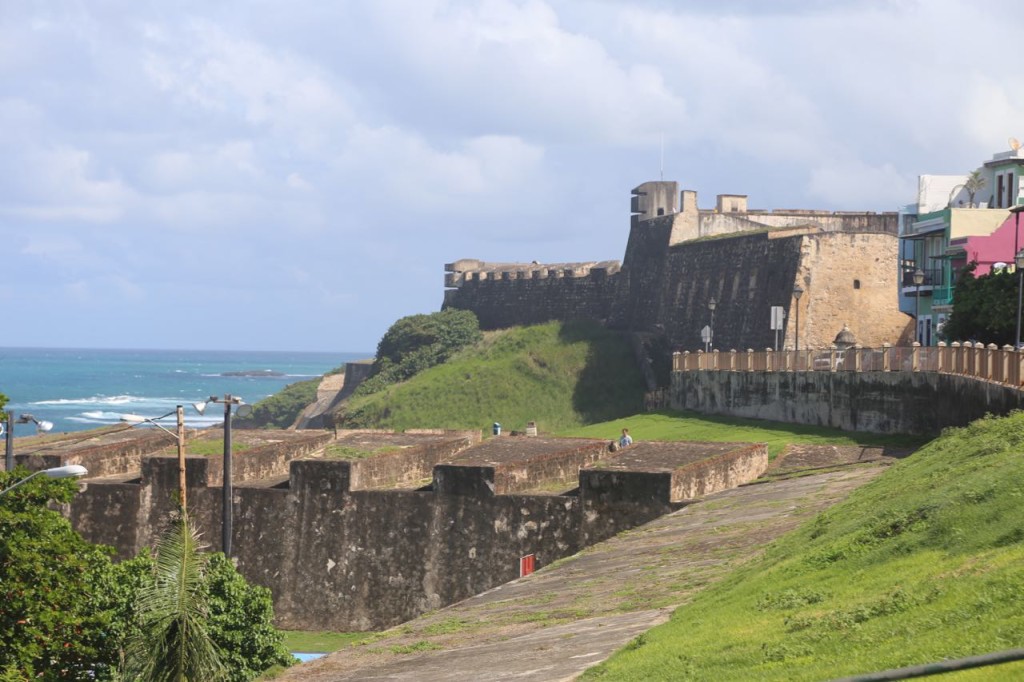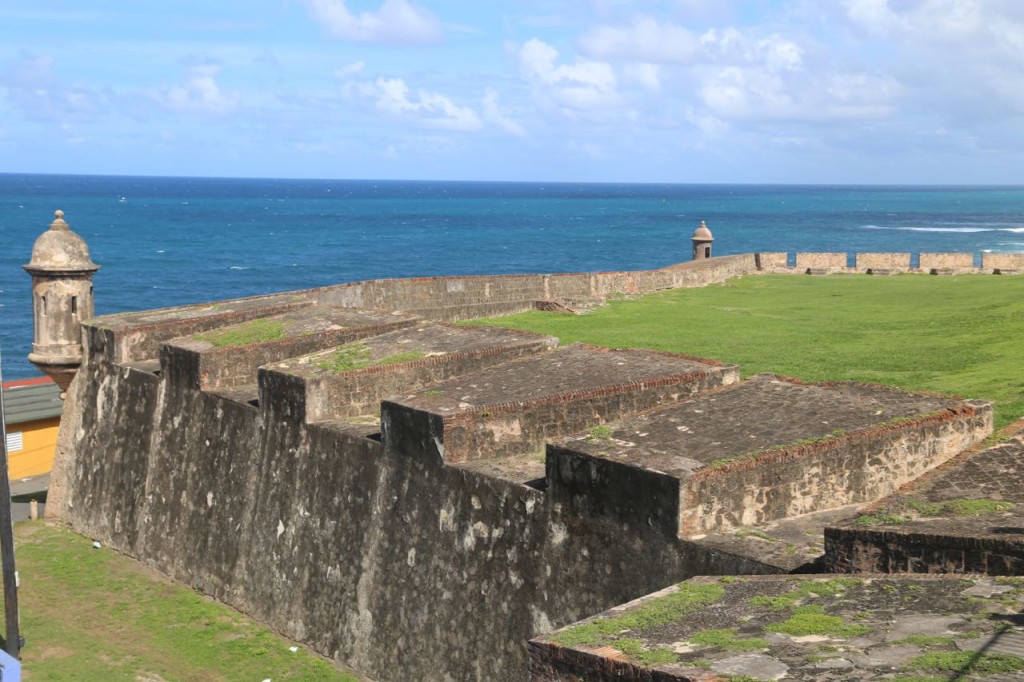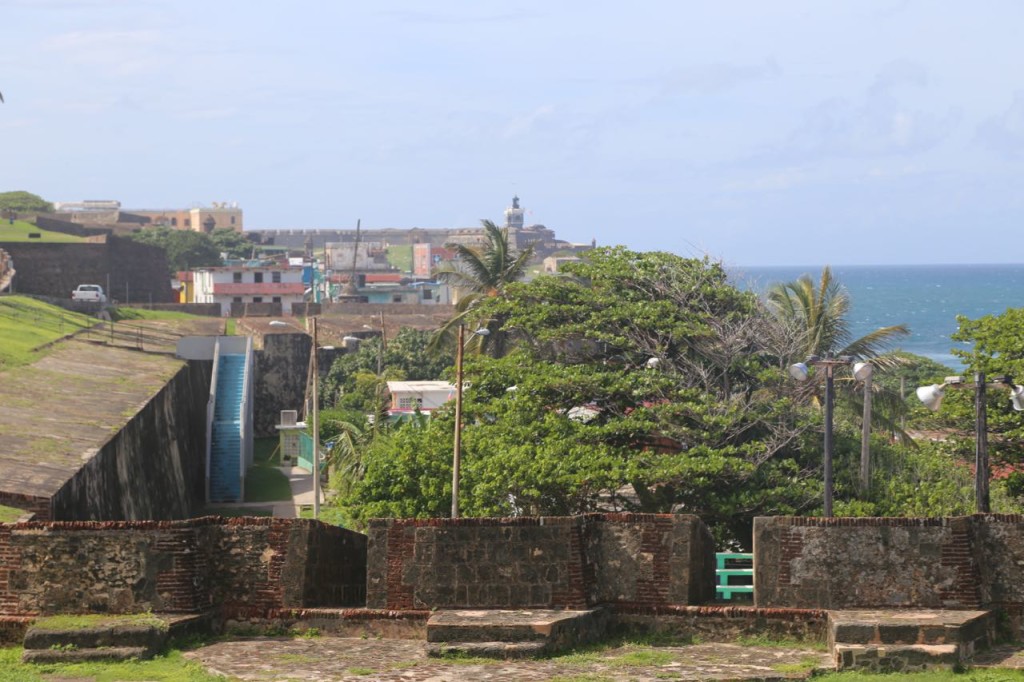Dupont Underground is an abandoned trolley station underneath Dupont Circle that recently had a design competition to reuse a whole lot of plastic balls from National Building Museum’s The Beach. The winning entry was Raise/Raze, which formed the balls into 3 x 3 cubes that were used to build columns and walls in a portion of Dupont Underground. The structures built by the balls were rather interesting, especially when considering they were built with spheres. I also rather liked the way the cube blocks mimicked the tiles on the outer wall of the underground. 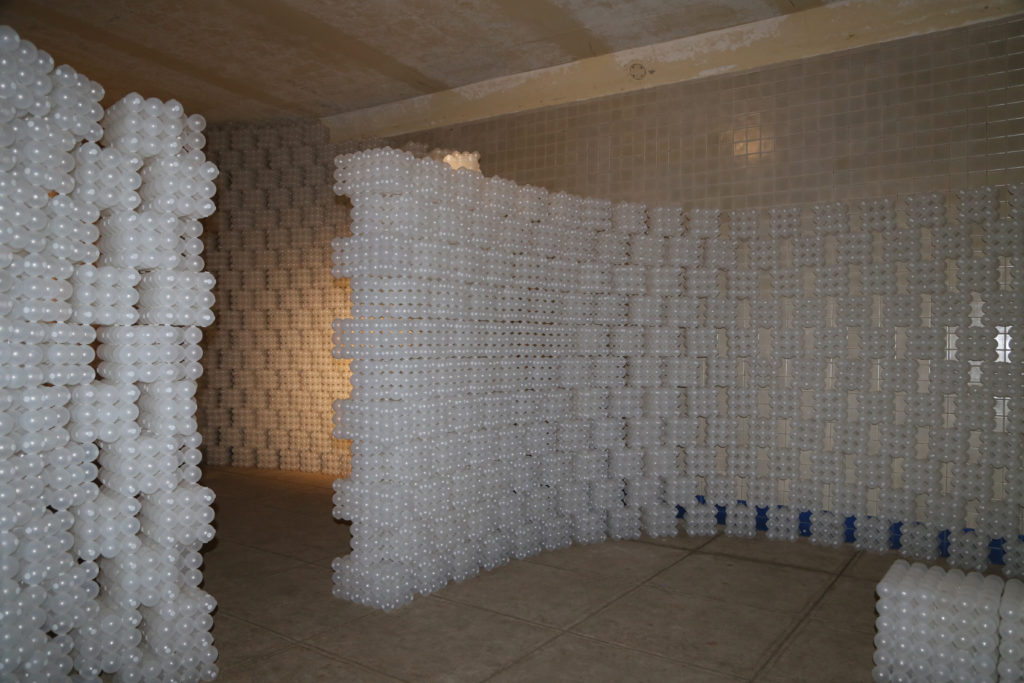
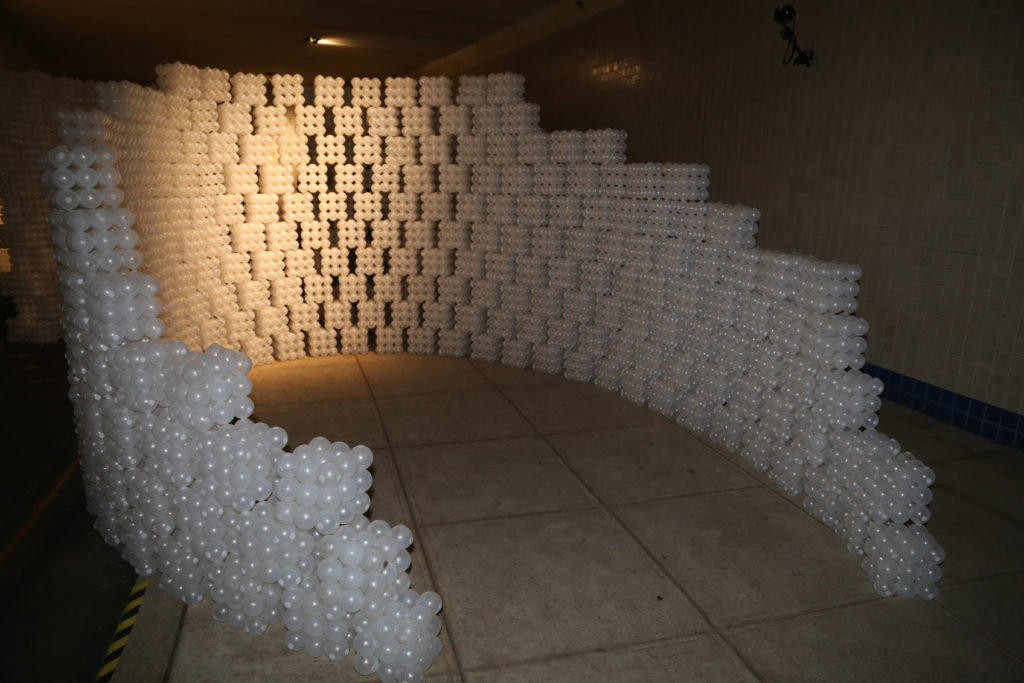
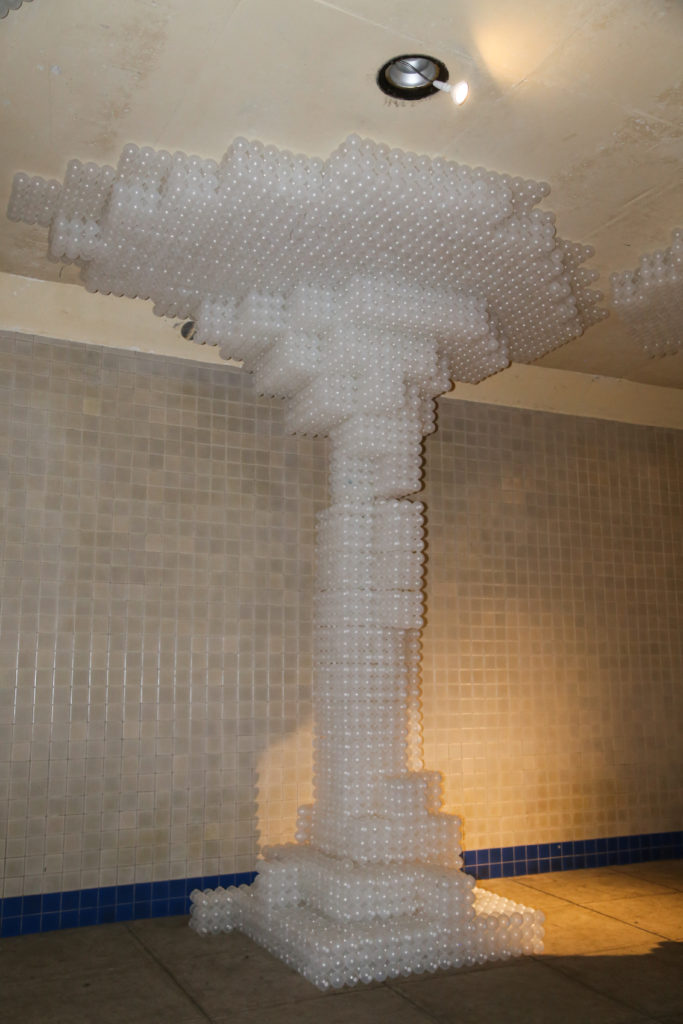
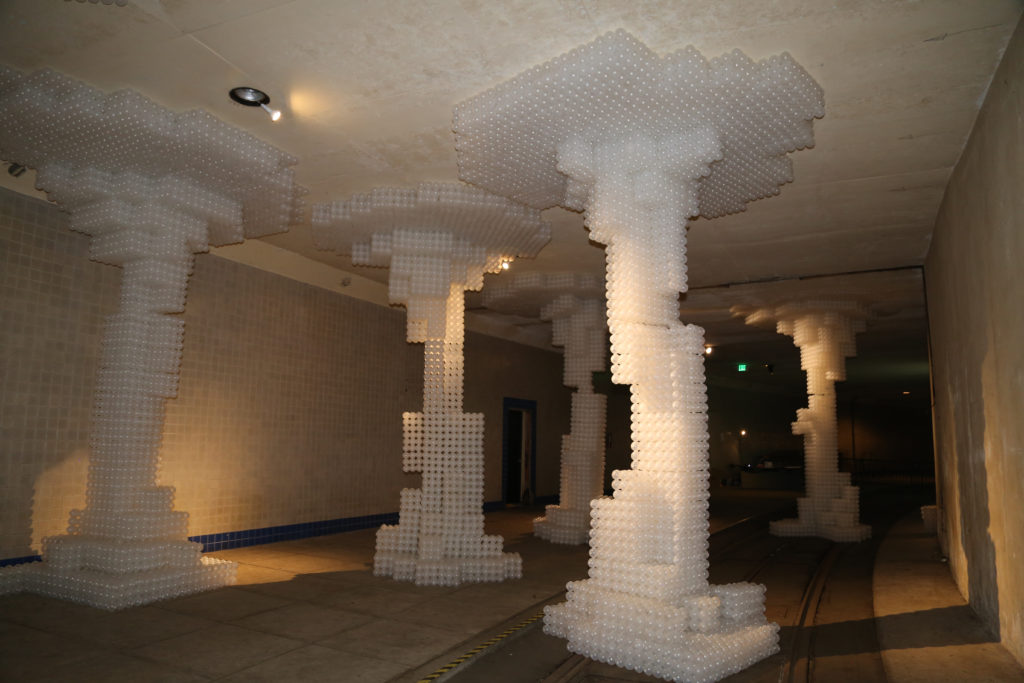
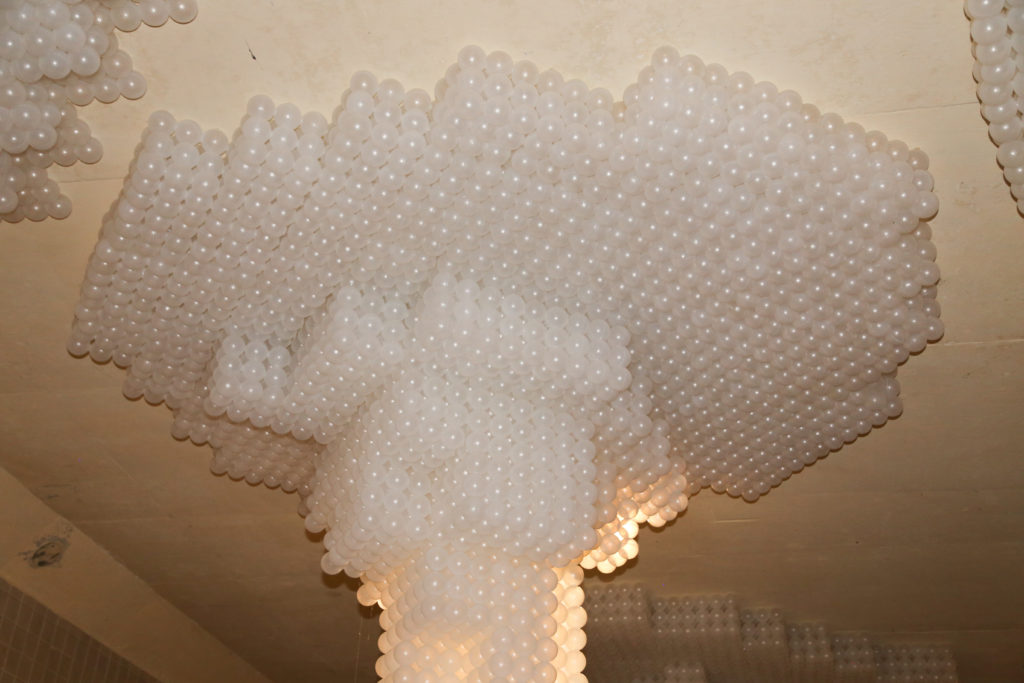
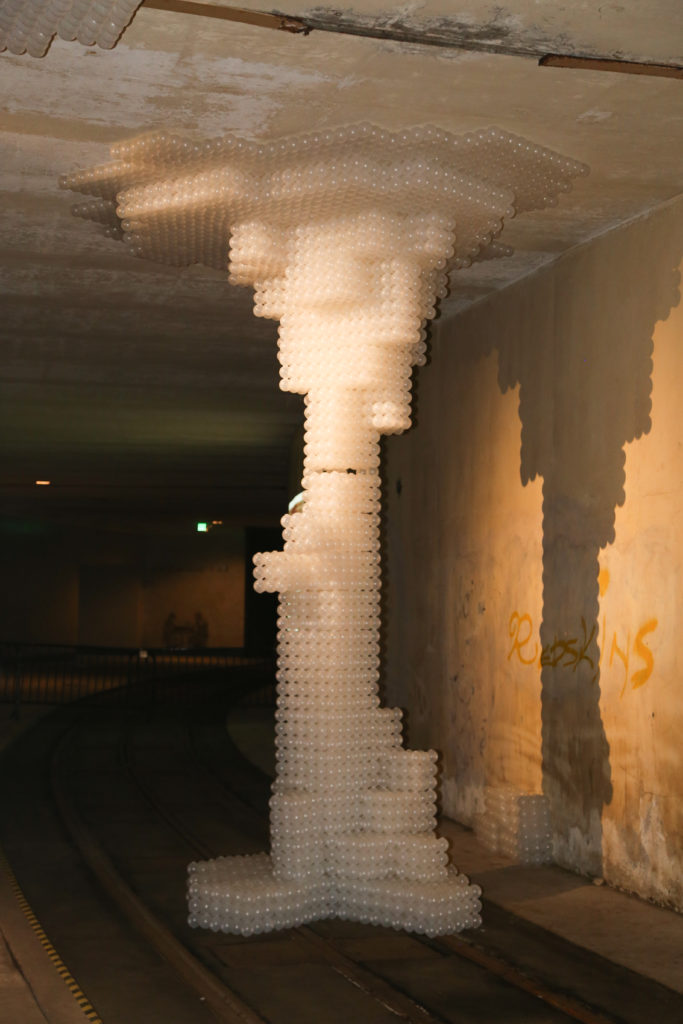
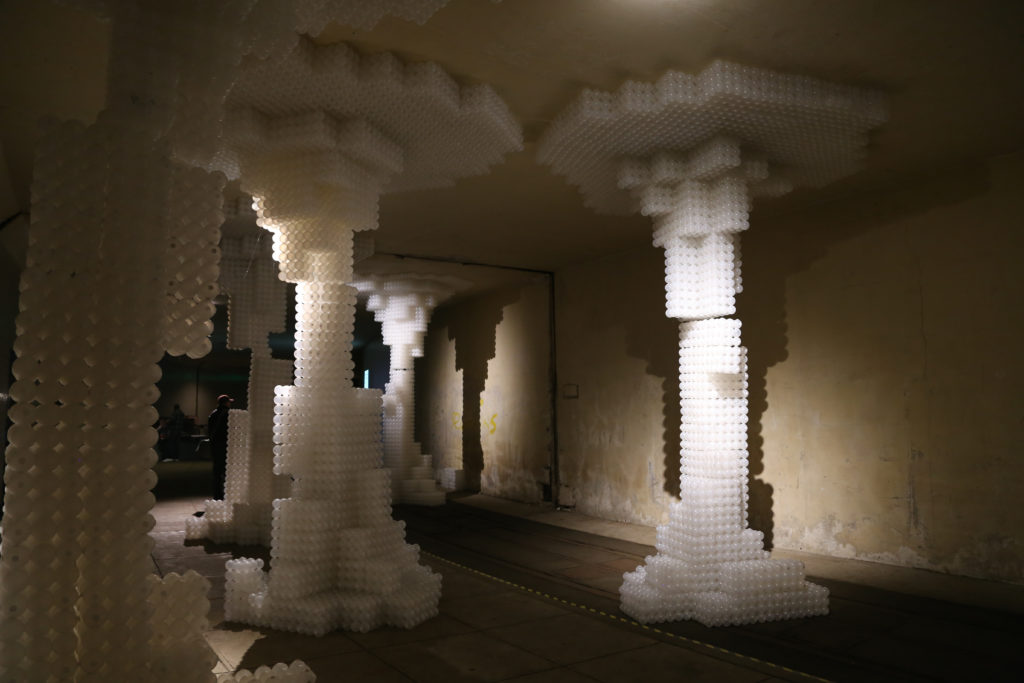
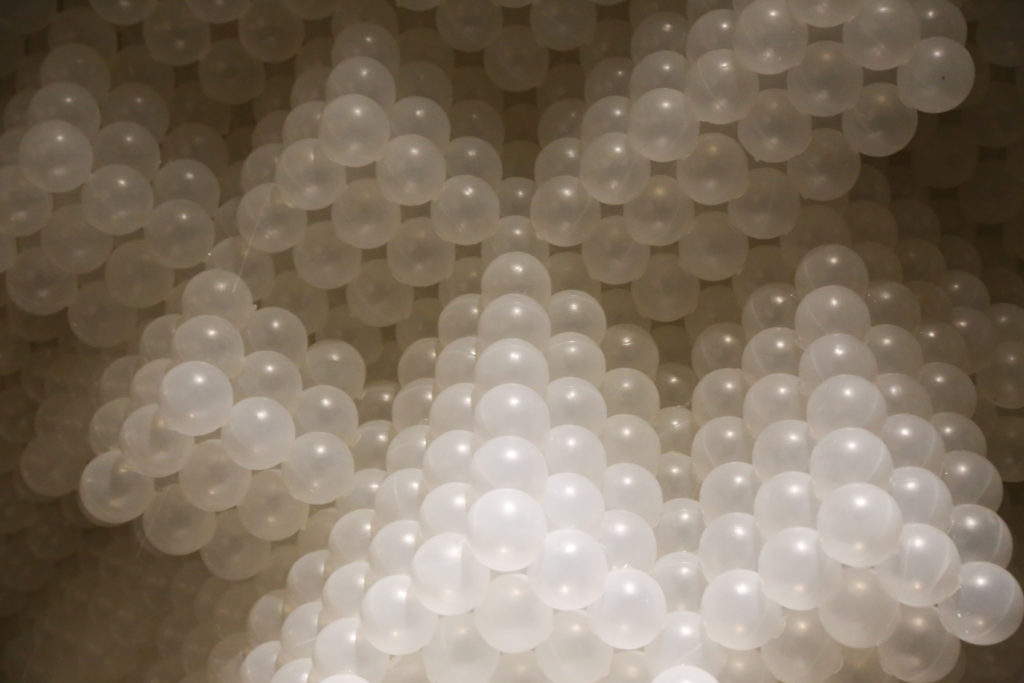
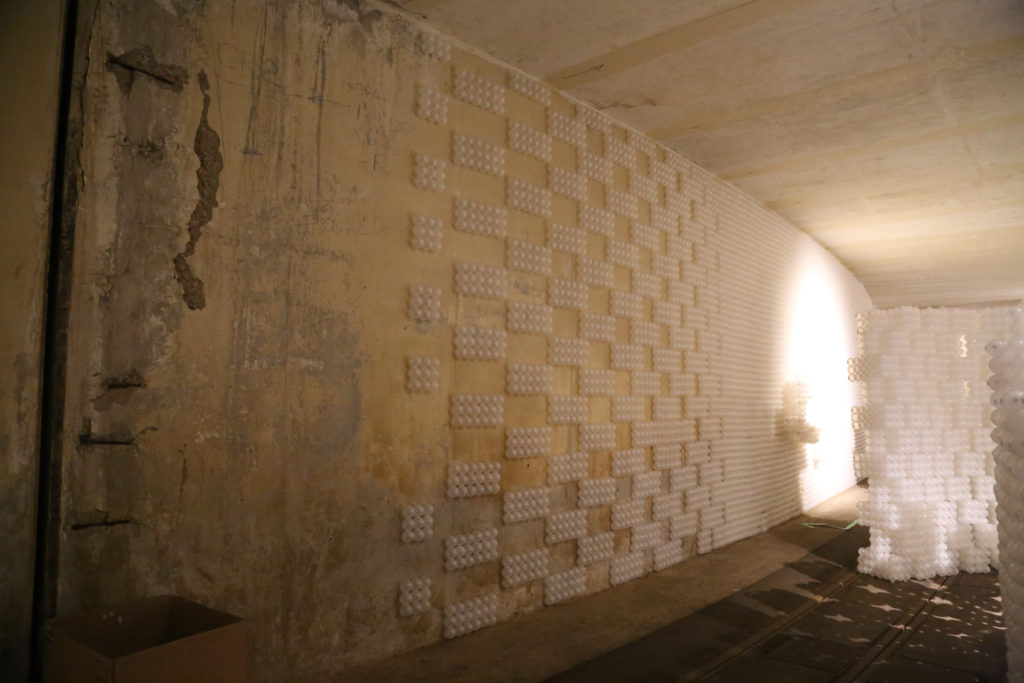
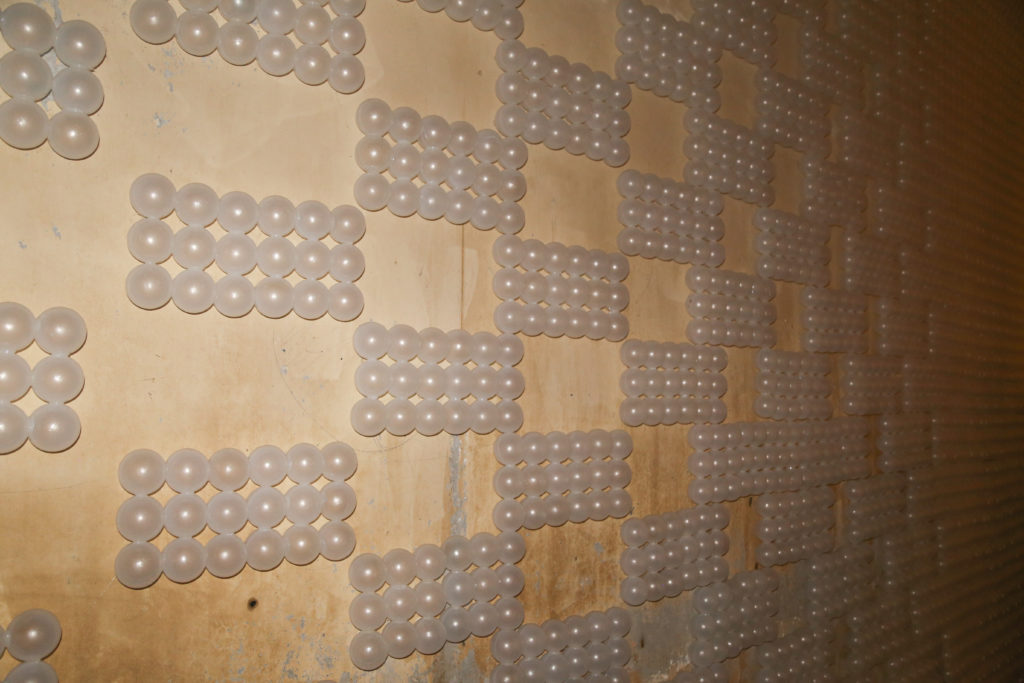
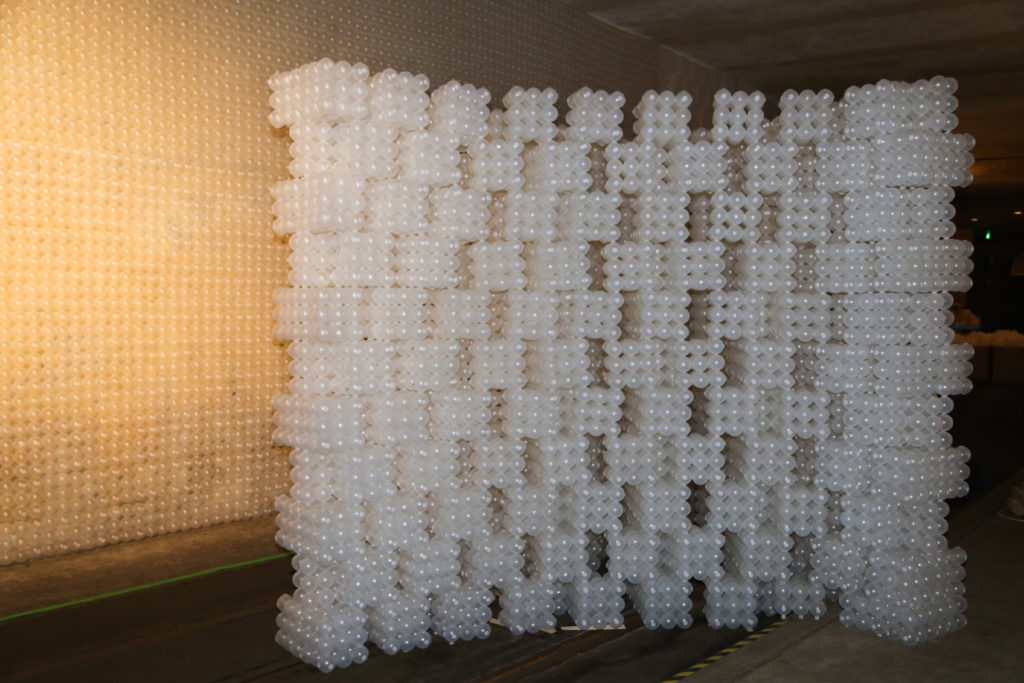
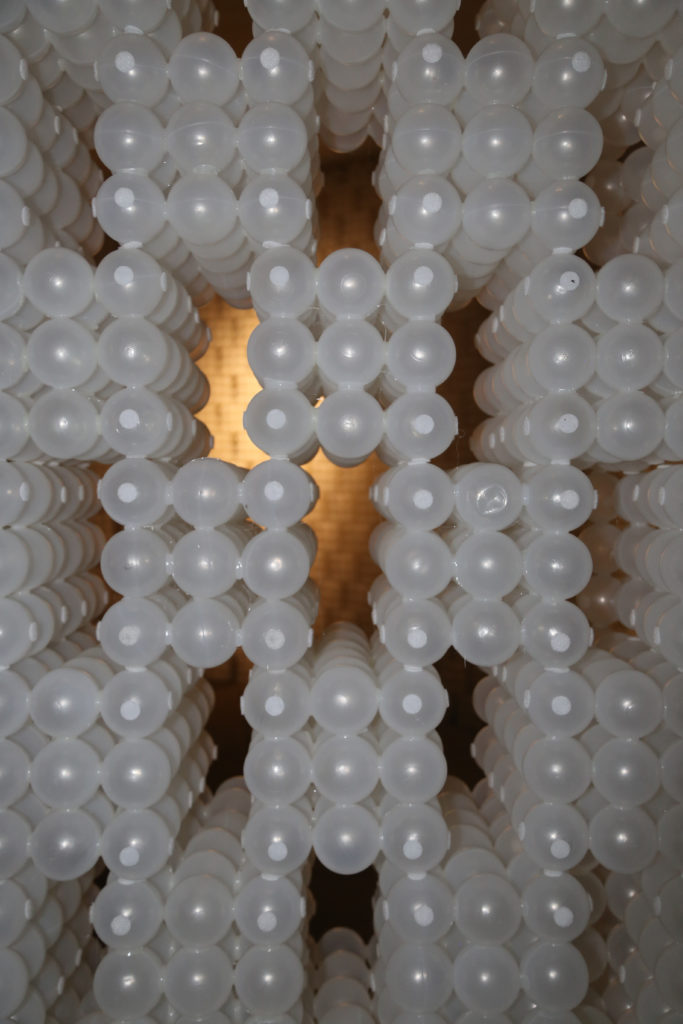
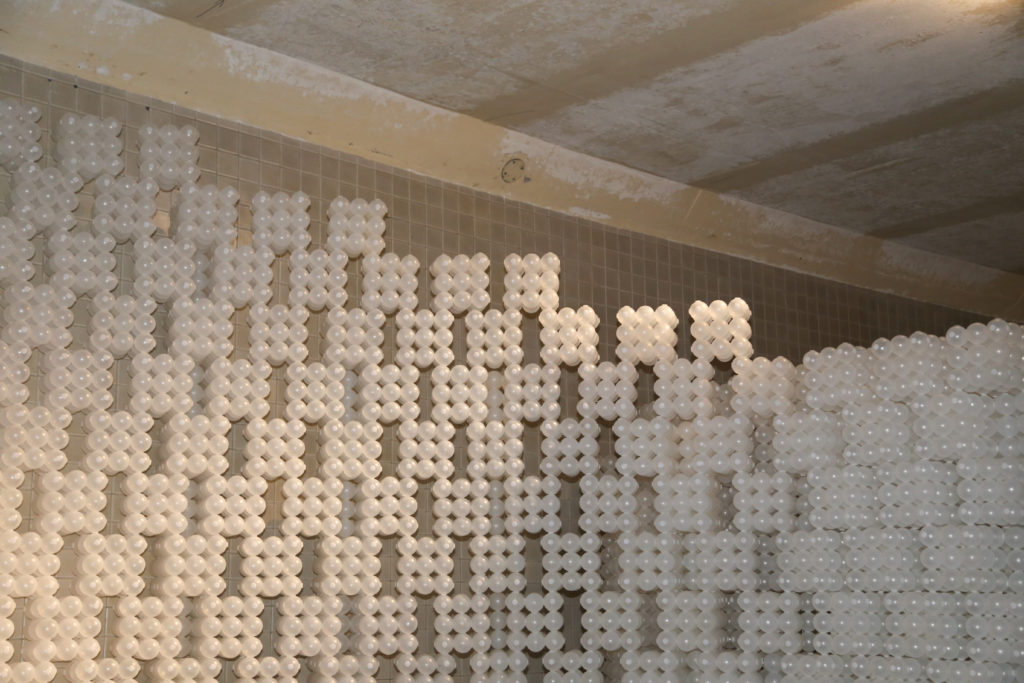
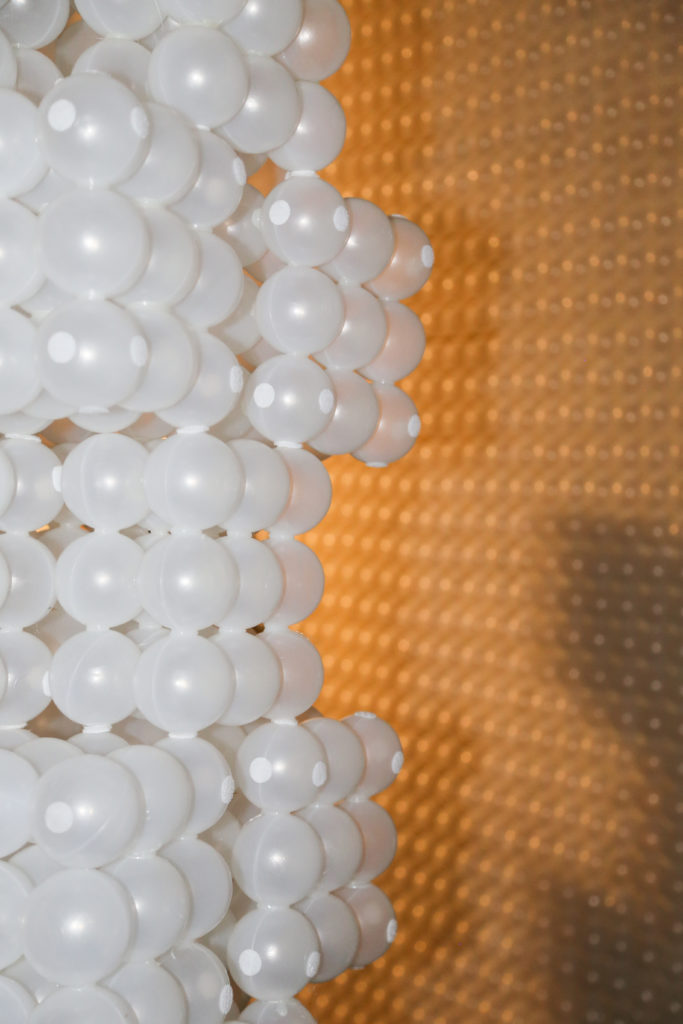
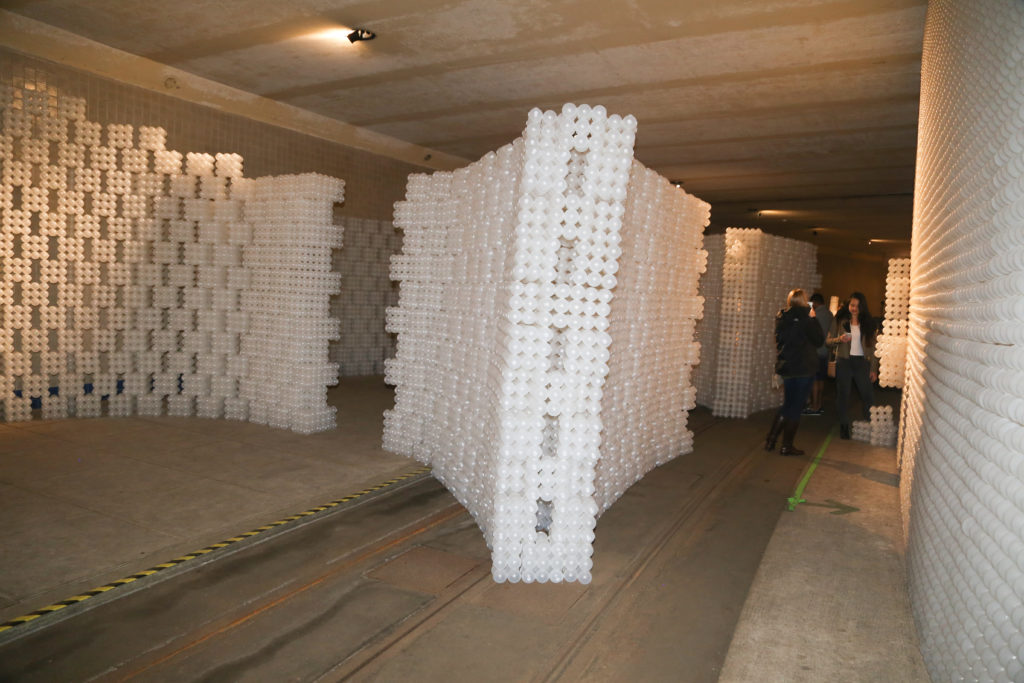
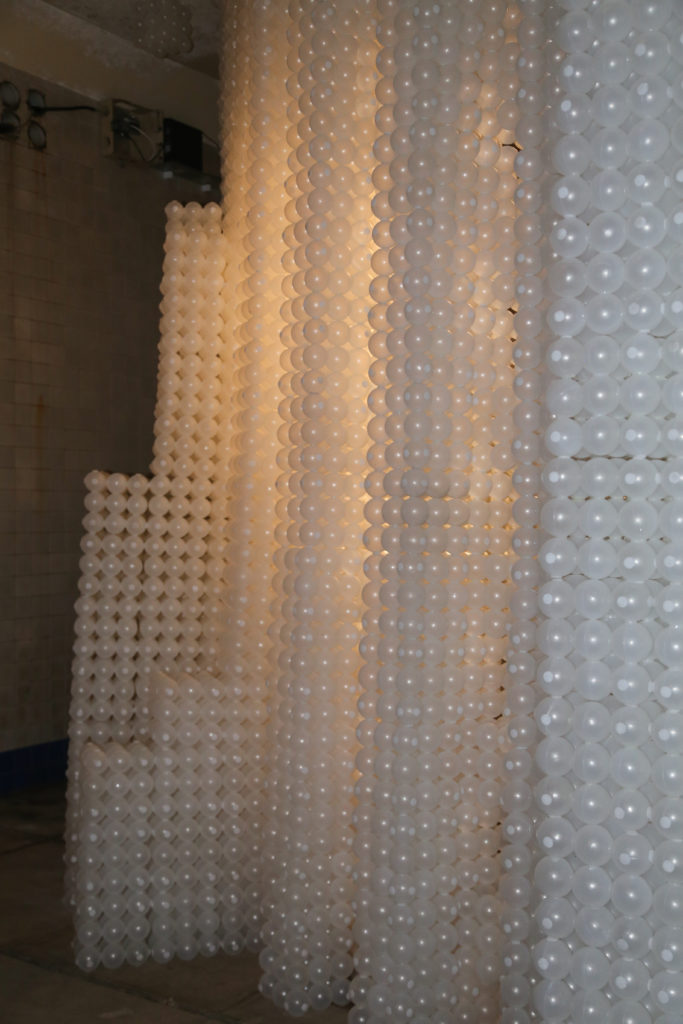
Category Archives: Photography
Balboa Park Plants
While in San Diego, I spent an entire day in Balboa Park and didn’t go inside one museum. I was too fascinated by the plants. There are beautiful tropical plants in the Botanical Building, but there are just as many beautiful plants outside. Colorful plants are everywhere, including the Desert Garden, which has many plants that I loved photographing while ever mindful not to get too close, or else ouch.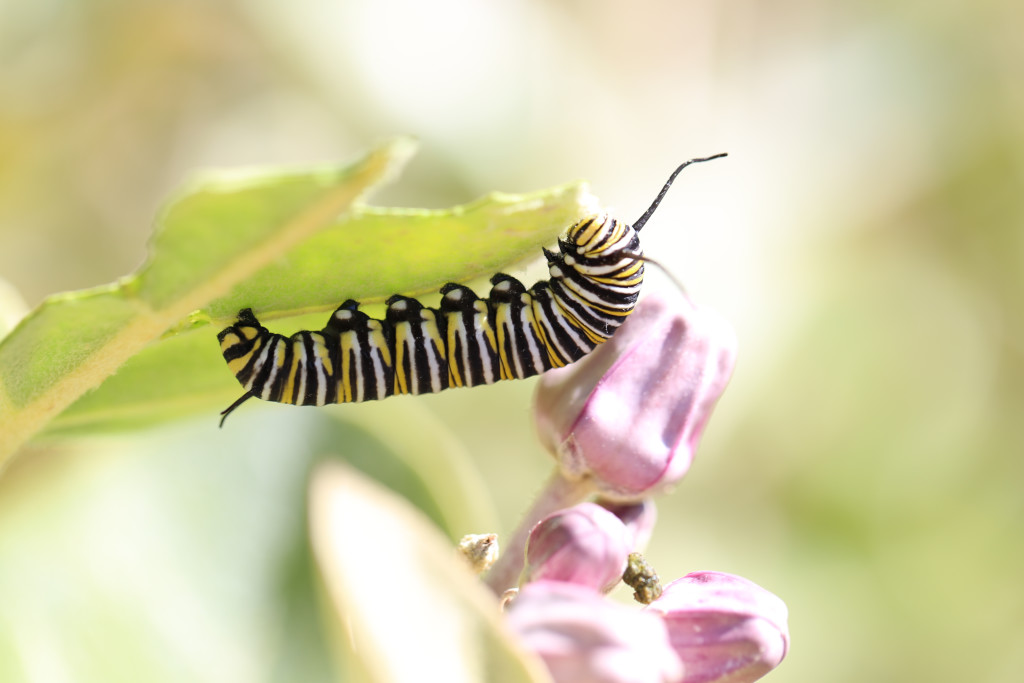
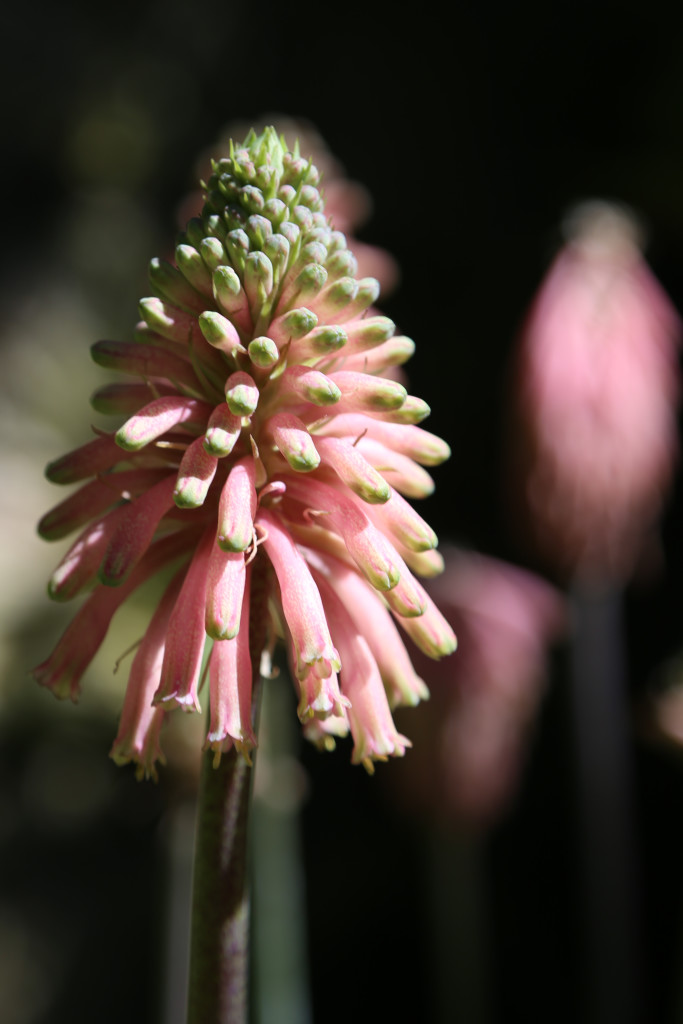

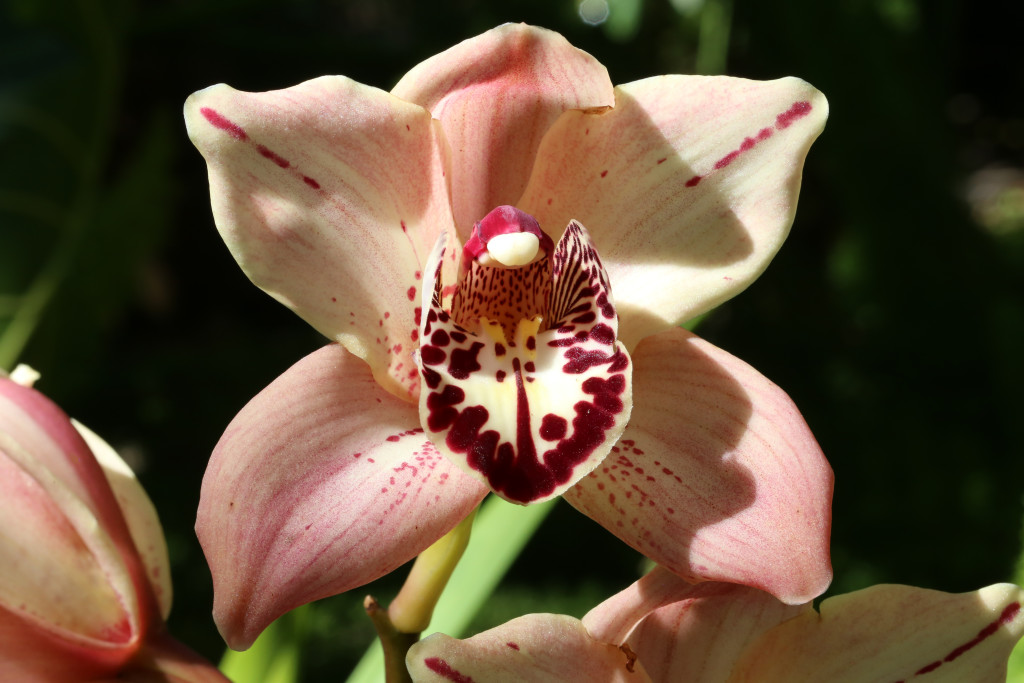
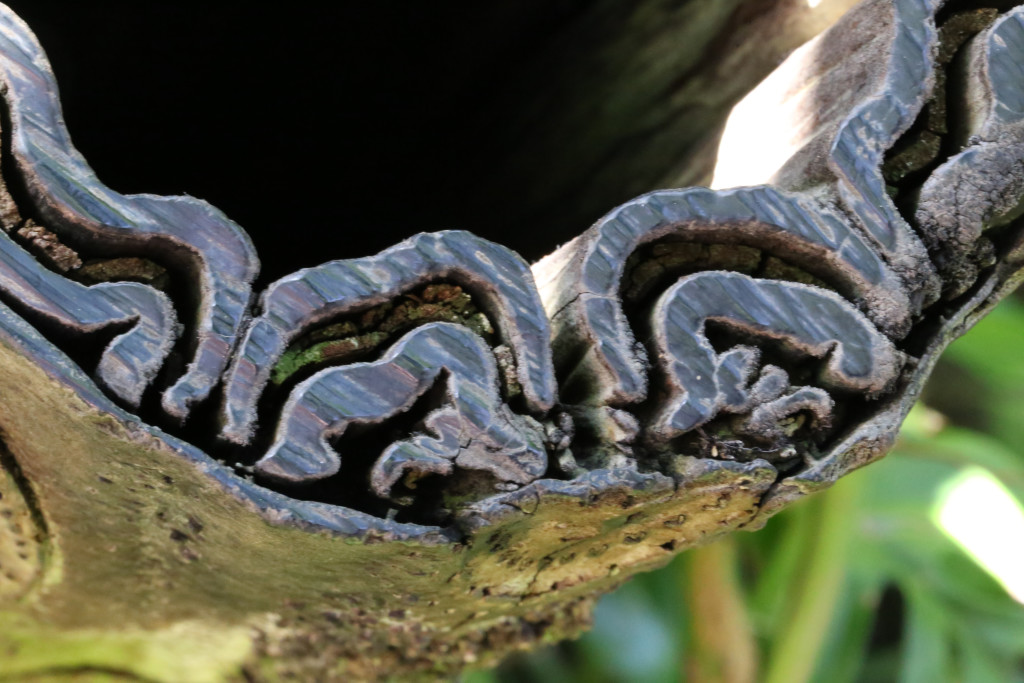
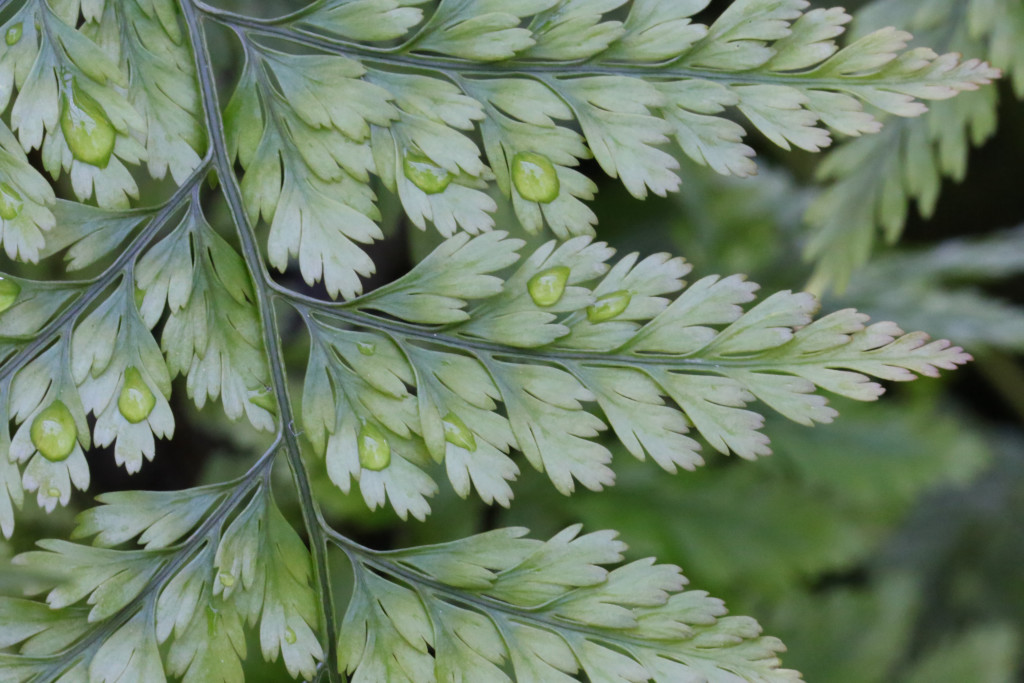
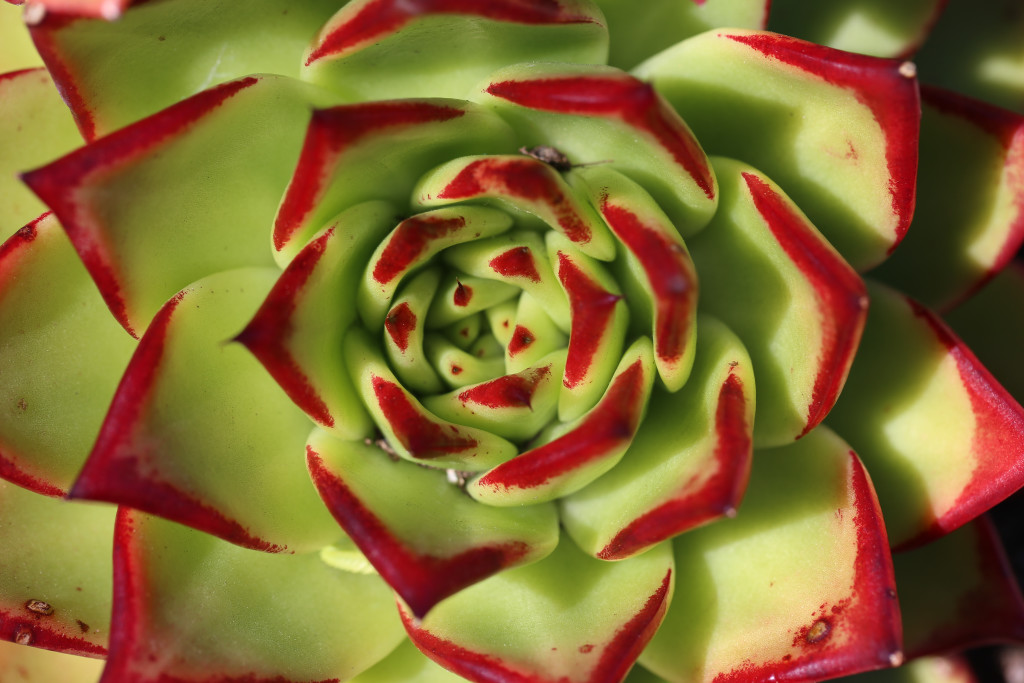
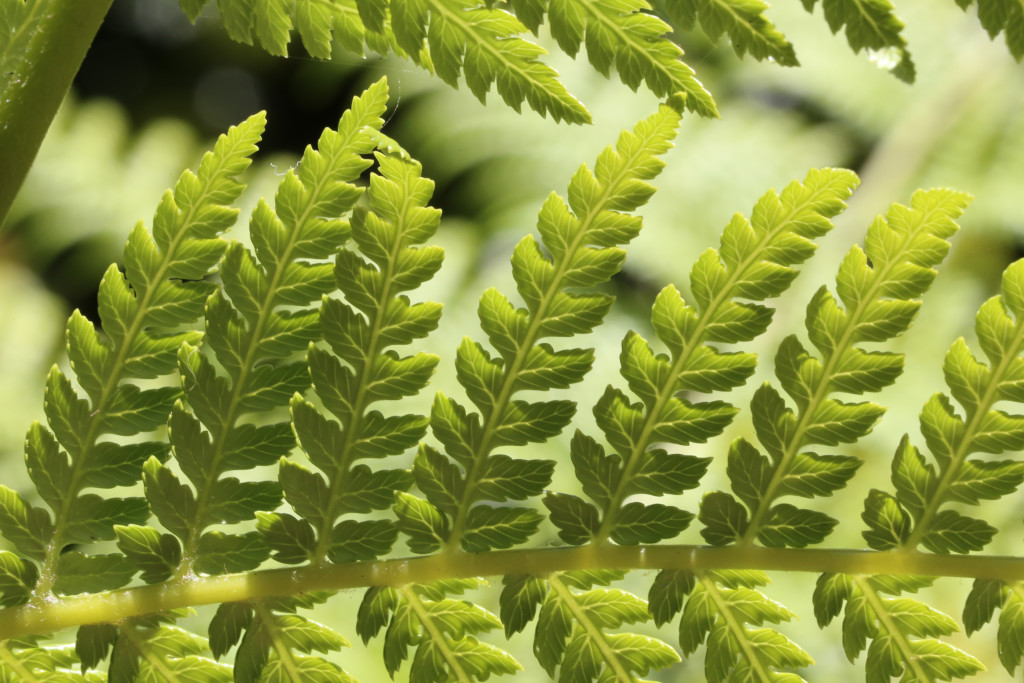
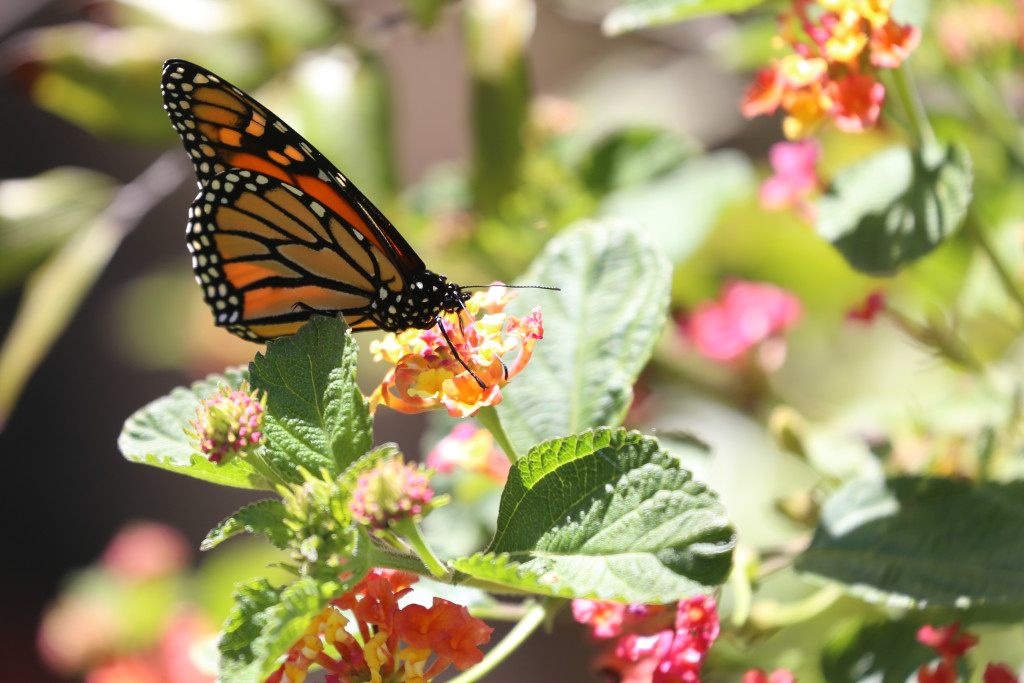
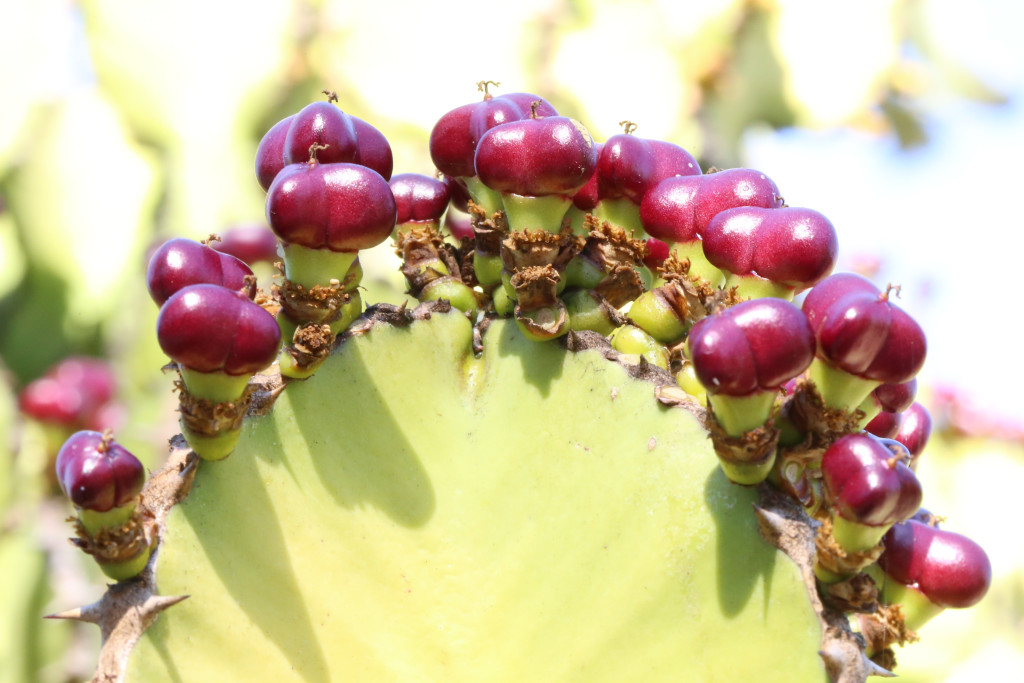
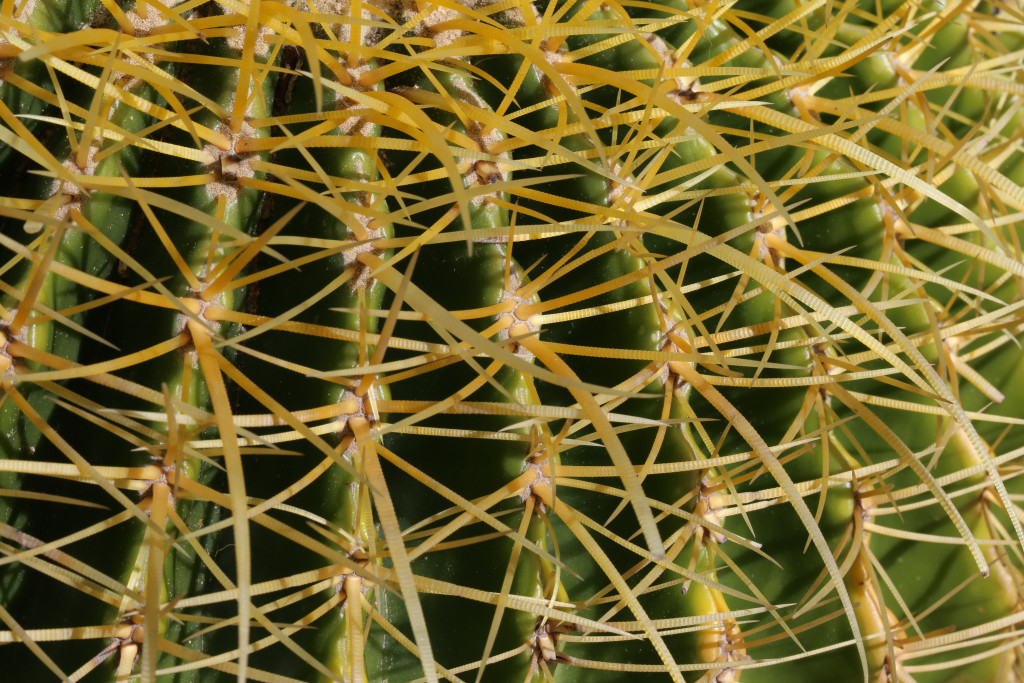
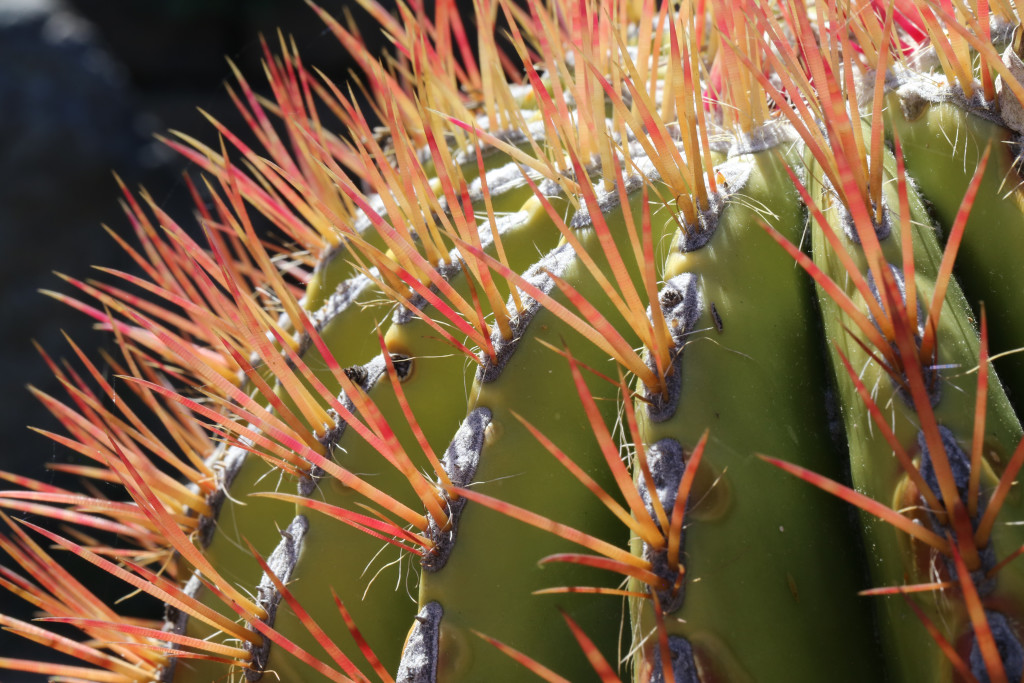
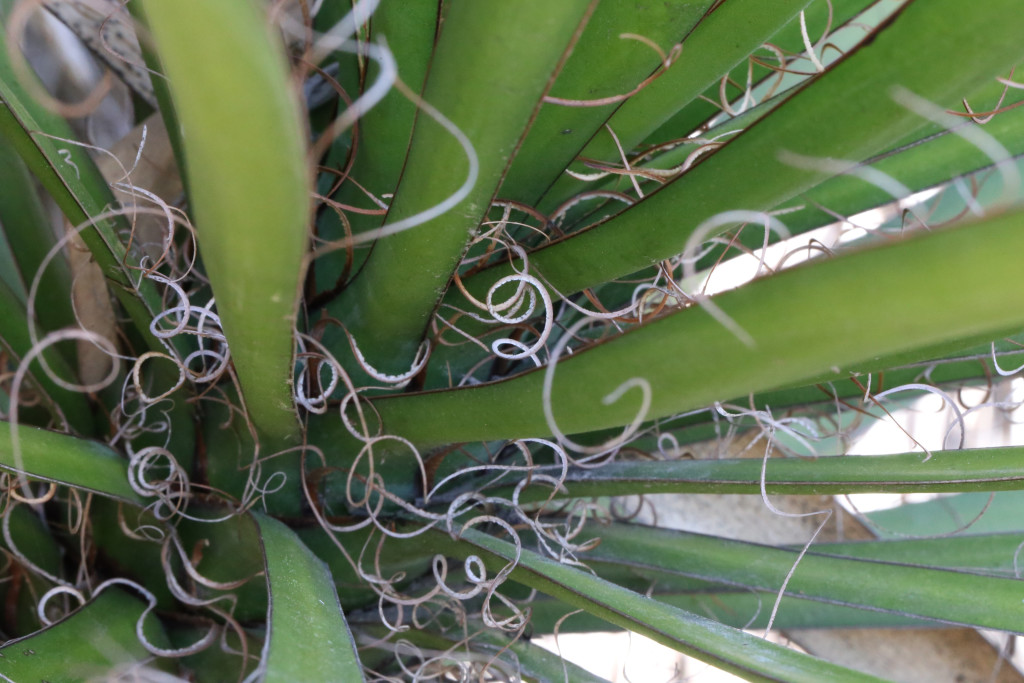

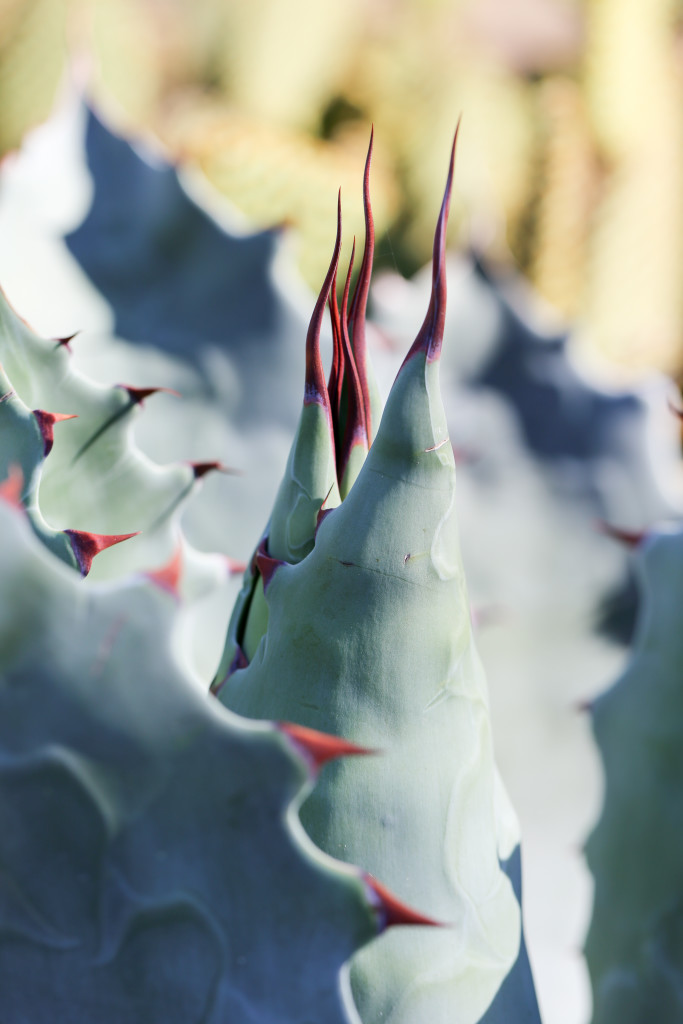
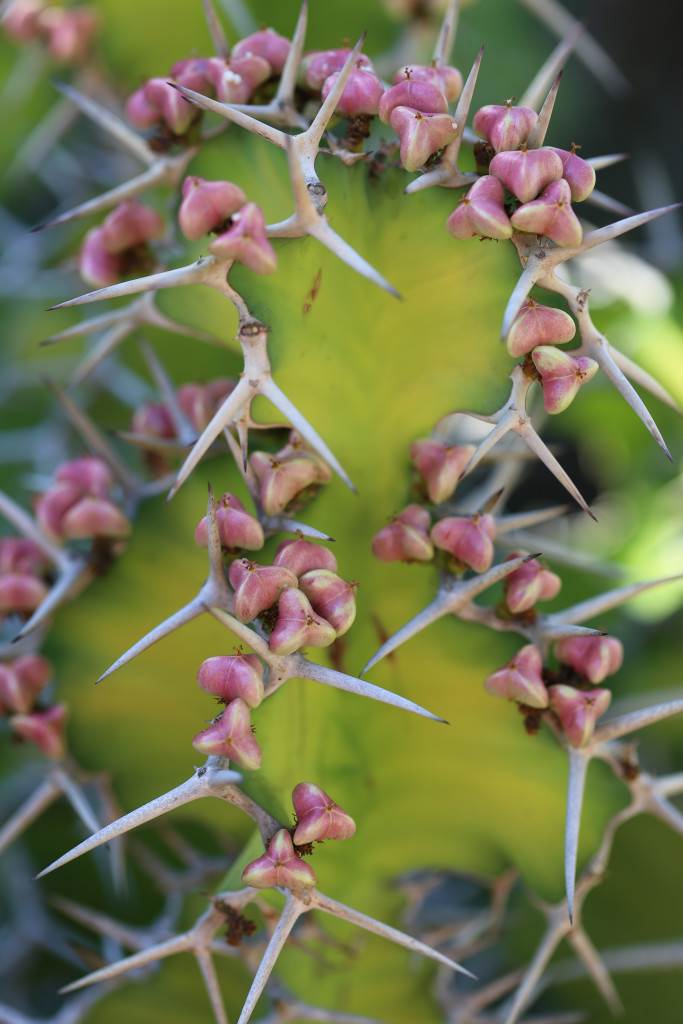
Cabrillo National Monument
While in Sand Diego, I visited Cabrillo National Monument. Actually I visited it twice. I went in the morning, and the entire area was covered with thick fog. I explored the tidal pool area and met some cute crabs, limpets, and snails. I then went to the peak area and tried to view San Diego underneath the clouds. It was kind of amazing to be on a peak about 400 feet above the ocean and look at a giant fog encompassing almost everything below. I then came back in the afternoon and was finally able to get some good views.
San Diego
I was in San Diego recently for a conference, and I was able to take a few days to wander around and see a little bit of the city. A few blog posts to come with photos, but here are some from just around town.
NY East 180th Street Maintenance Shop
I was lucky enough to get the chance to tour New York’s MTA East 180th Street Maintenance Shop. The maintenance shop is located in the Bronx and is one of several shops that service NY subway cars. It was built in 1917 and has been renovated more recently. There are six shops inside the shop and 26 storage tracks outside the shop in the yard. The shop is constantly doing maintenance on the subway cars, and also while we were there at least, had two old trains inside, including one World War II (or possibly older) era train. In short, if you are a transit nerd, this place is totally cool. We got to walk alongside trains and see their underside. We got to see parts of the train that normally you never get to see, or at least you never get to see unless you are about to be hit by one.

Underside of an older train, which I find fascinating due to the duct tape and marking to designate two different technologies or parts from when NY had three different subway systems.
More San Juan
I enjoyed my visit to San Juan, Puerto Rico and just need to post a few more photos from my trip. Viejo San Juan really is a lovely area to just walk around and absorb the atmosphere.
Castillo San Cristobal
On my last day in Puerto Rico, I explored Castillo San Cristobal, a fort built by the Spanish to protect San Juan from attack by land. It was built between 1634 and 1790, and then the U.S. added a few concrete additions during World War II. The fort is huge and has a series of tunnels. Some of these tunnels are huge, connecting the different levels and areas of the fort, and were designed to have defensive explosives. Some of the tunnels are really small, and you have to stoop to move through them. If you ever get a chance to visit, try to get one of the ranger guided tours of the tunnels. Those tours besides being very informative, let you go inside some of the really small tunnels in which you normally aren’t allowed.
Cueva Ventana
I got to visit Cueva Ventana (Window Cave) today in Arecibo, Puerto Rico. The tour starts by walking by Pee Wee Cave, which only meets the bare minimum requirements of a cave. You don’t go in. There is no point or room really. There is a short walk through the forest, which when I visited meant getting to see among other things a bunch of giant snails on the trees. Then you walk through cave number two, which I don’t think they actually named. The middle portion of this cave is, well, cavernous, with huge ceilings and wide walls. However the walk through it is fairly short. Then you walk down an extremely steep path to get to the actual Cueva Ventana. There are bats living in there among the limestone columns. At the end of the cave is the Ventana. It has amazing views of the Arecibo River valley. The valley is gorgeous, and you can see the mountains beyond. The tour is worth the view alone. However the caves are really neat to see also, and I love bats, so getting to hear and see them was also a highlight. Sadly while there, you can see vandalism from years past, but tourism is now helping to support security and clean up for the site.
Viejo San Juan’s Colorful Buildings
I love buildings that are painted bright colors. They grab you and make you look at them. They look fun, festive, and alive. The Caribbean is famous for its colorful buildings, and Viejo San Juan has its share. Here are a few of the colorful buildings I saw in Viejo San Juan that I really liked.
Viejo San Juan
It wasn’t until I walked around Viejo (Old) San Juan, especially the perimeter of it, that I realized how it really is a walled city. El Morro guards the entrance to the bay, but the fortifications encircles the entirety of the old city. One of the few ways, and the historic way, from the sea level to the city is through La Puerta de San Juan. Walking through the La Puerta, you realize the fortification is serious fortification, as La Puerta is almost a tunnel in terms of the distance you must walk to go from the sea side to the city side. The fortification is truly impressive with the wall thickness and garitas and small openings for guards to stand ready. One modern day bonus of the fortification is that it must help protect Viejo San Juan from any hurricane storm surge. There is a promenade that follows the wall from its beginning on the bay side and ends on the ocean side of El Morro. It gives spectacular views of the fort and the water as well.

